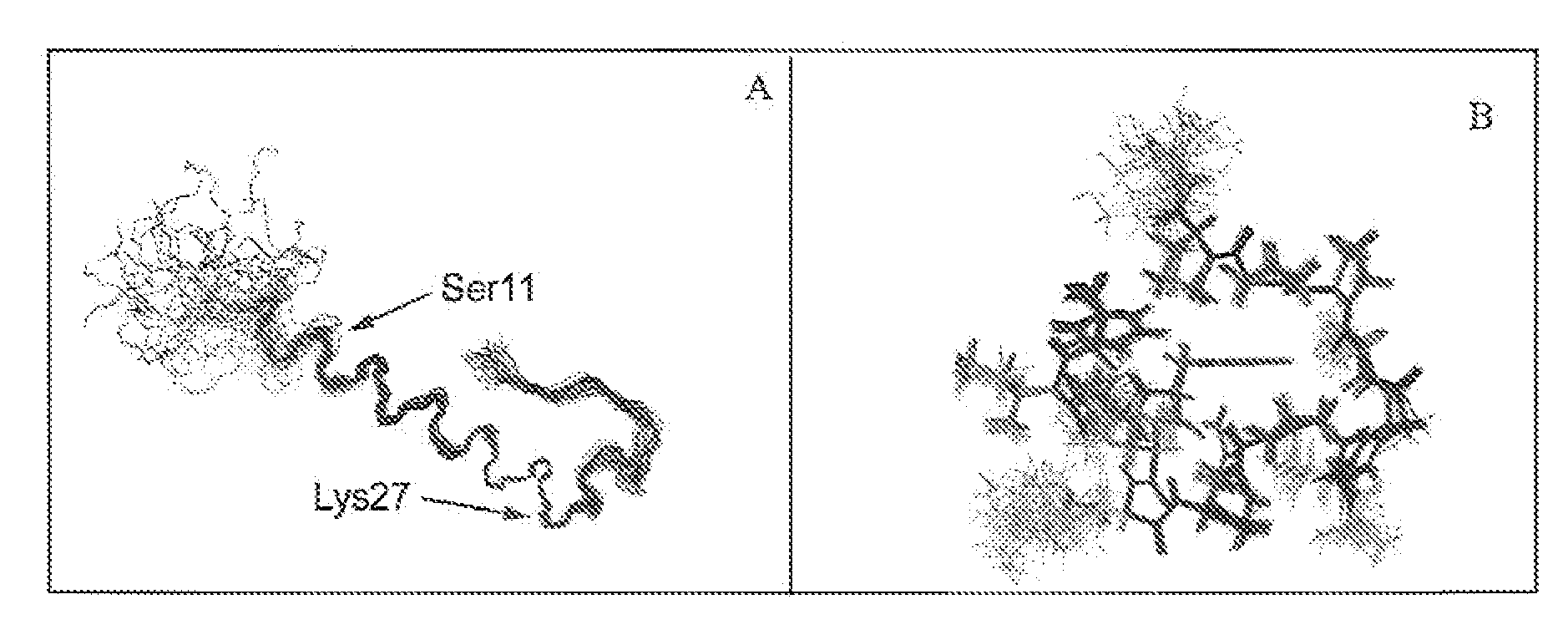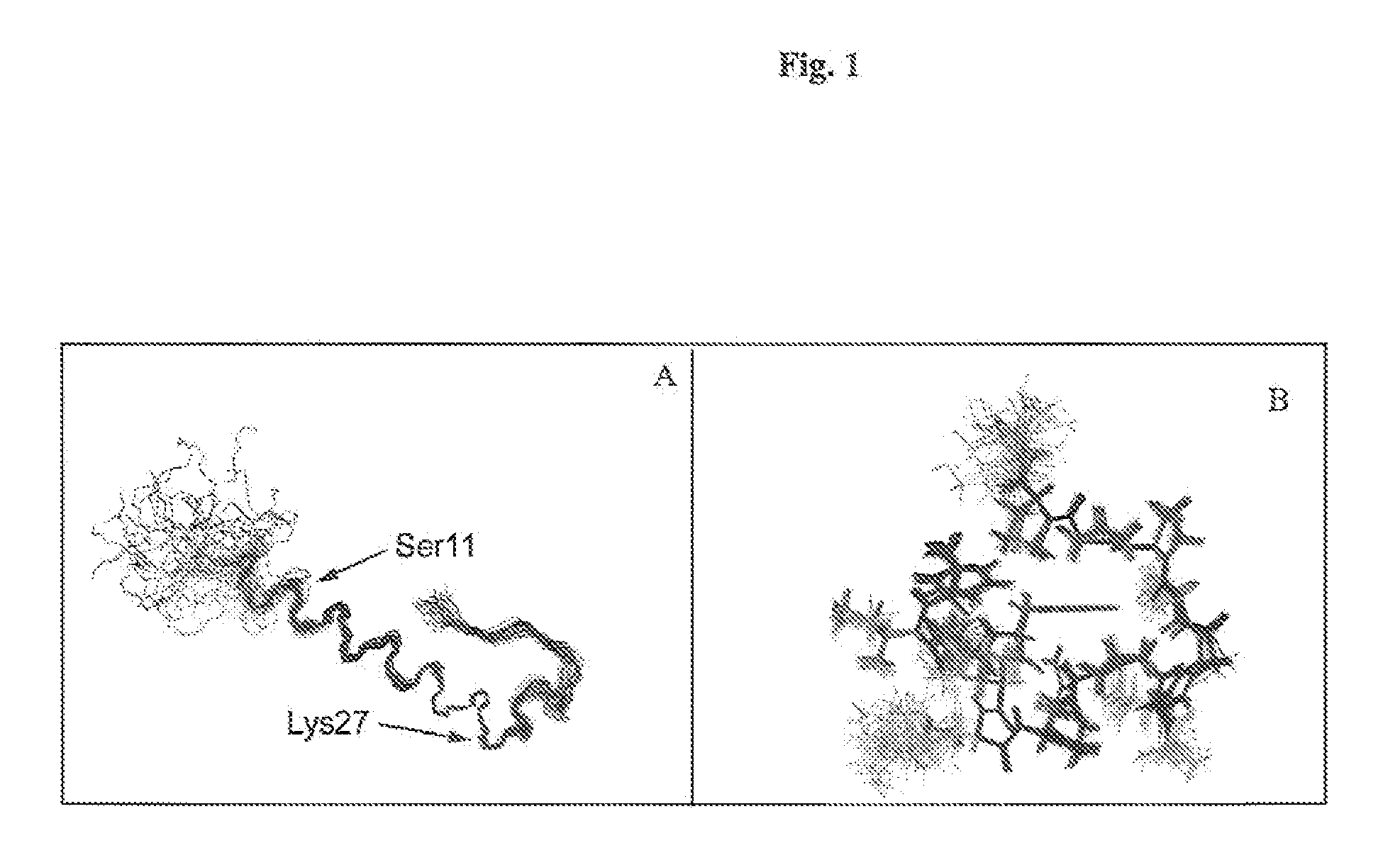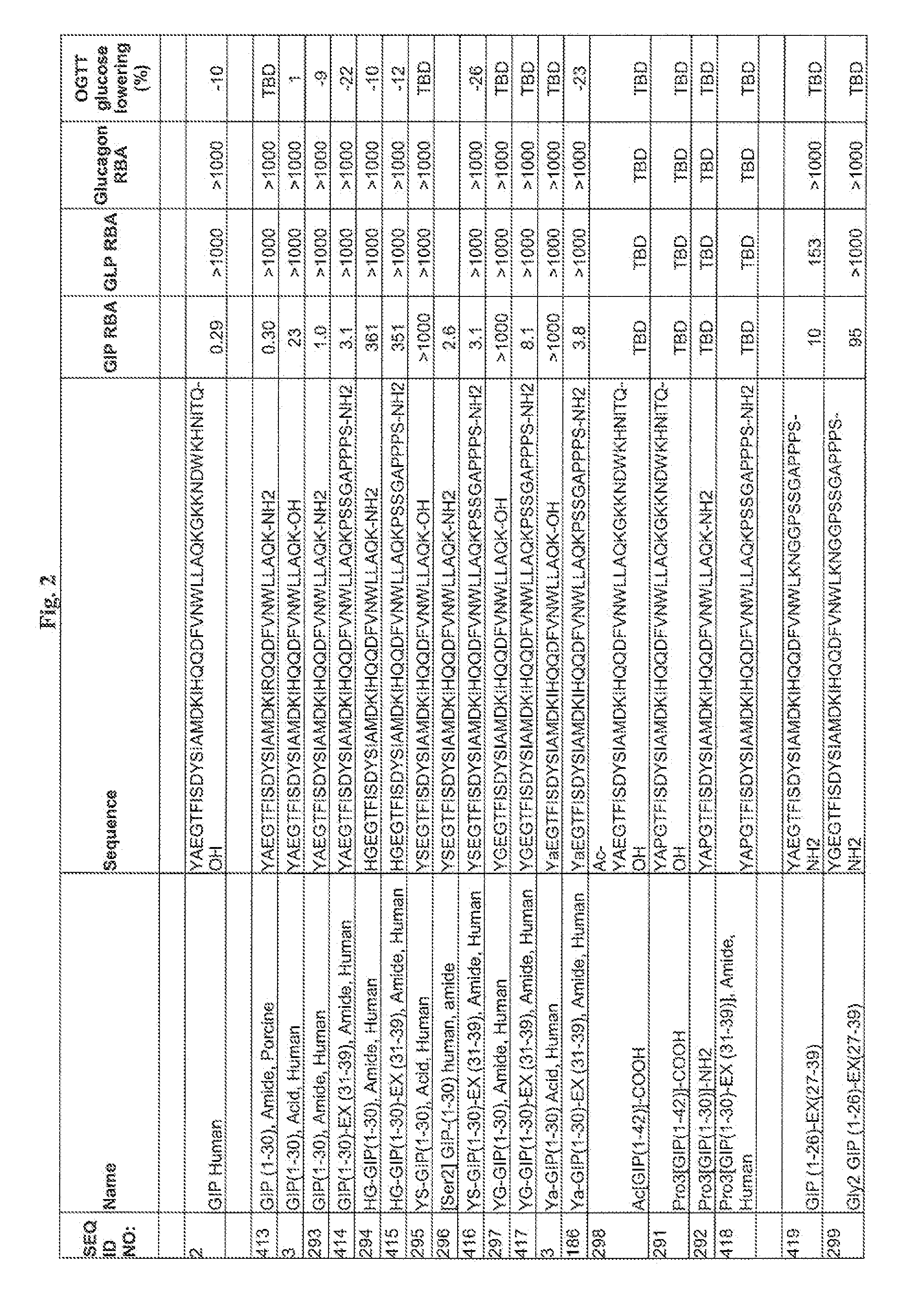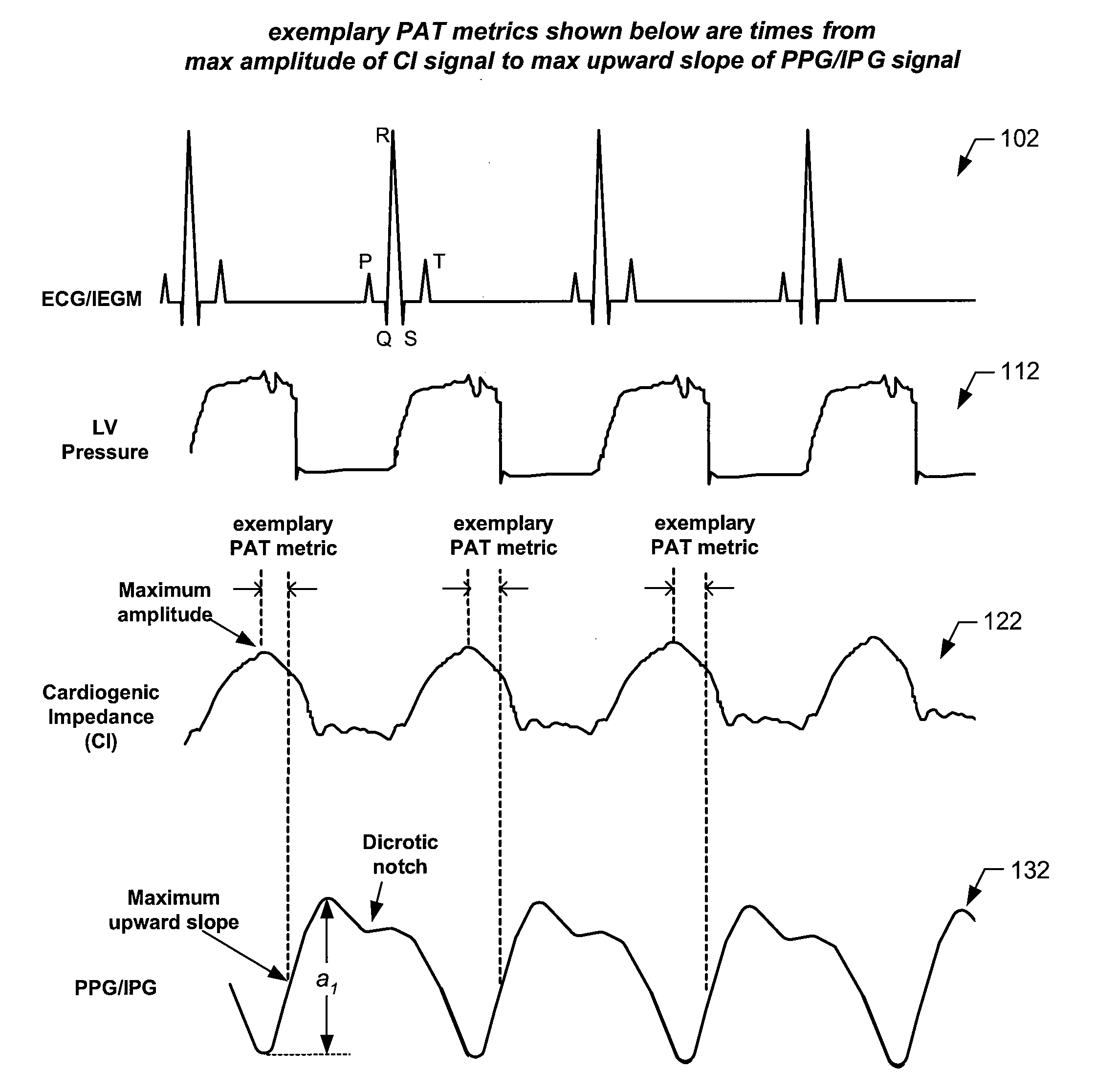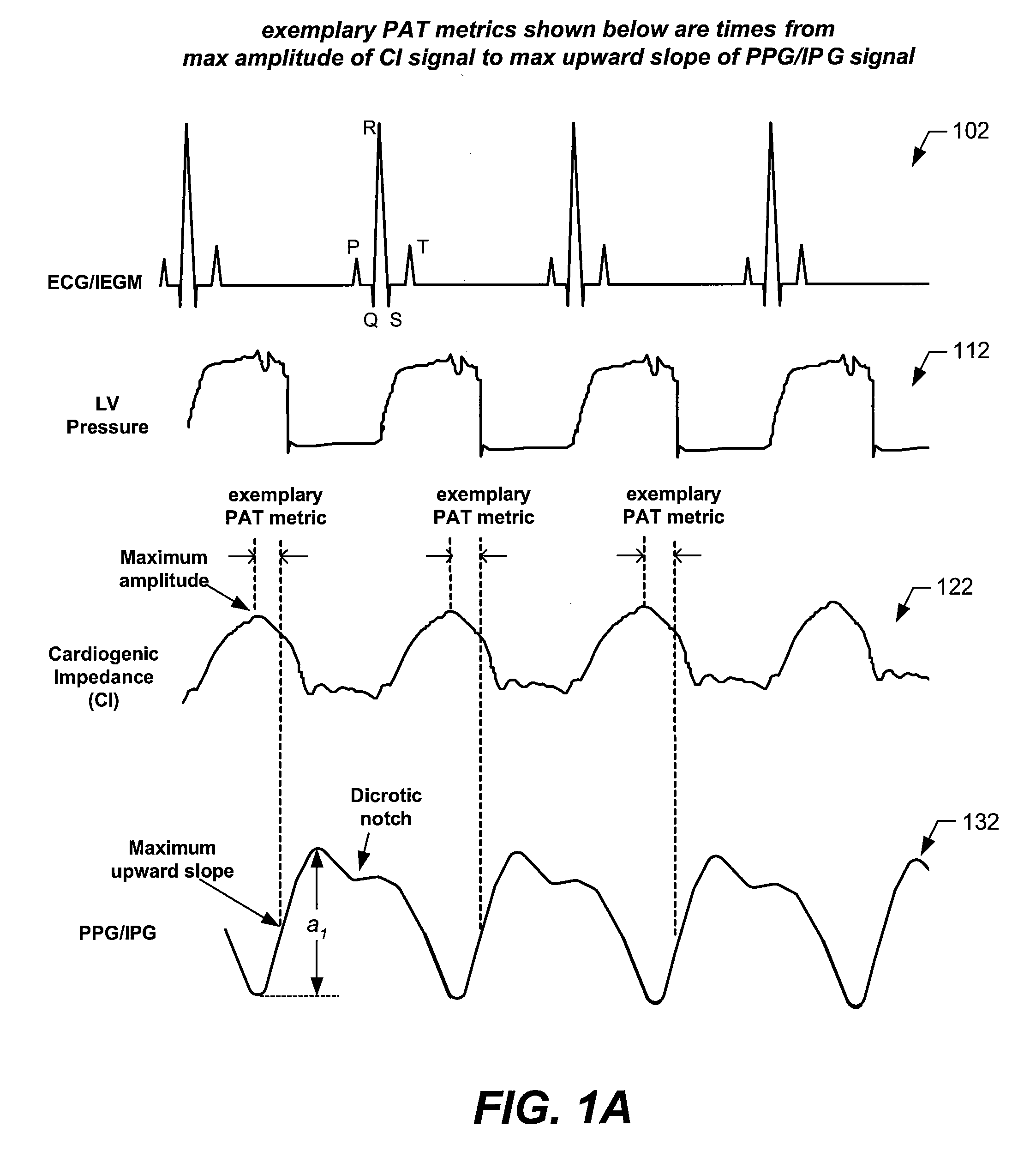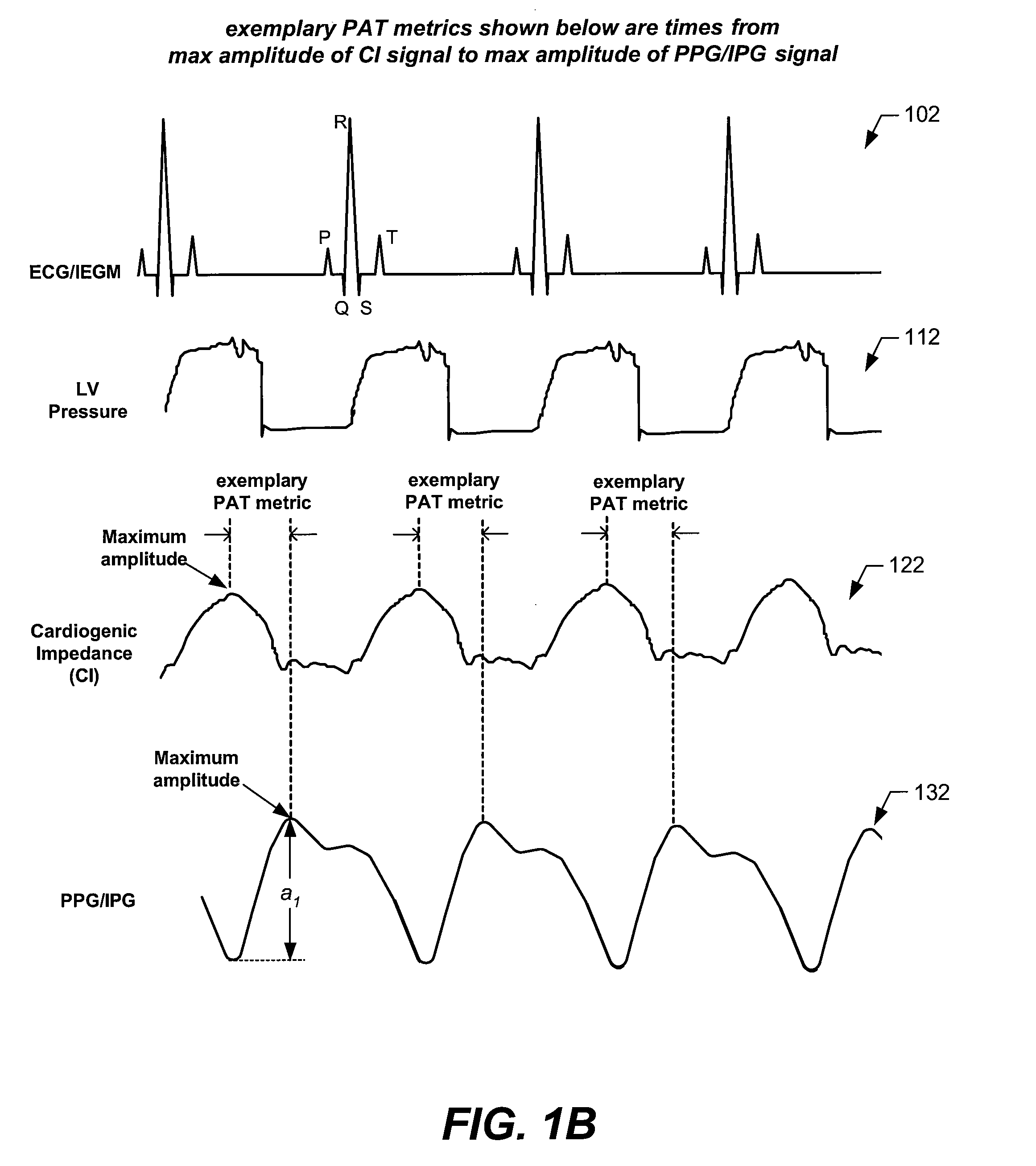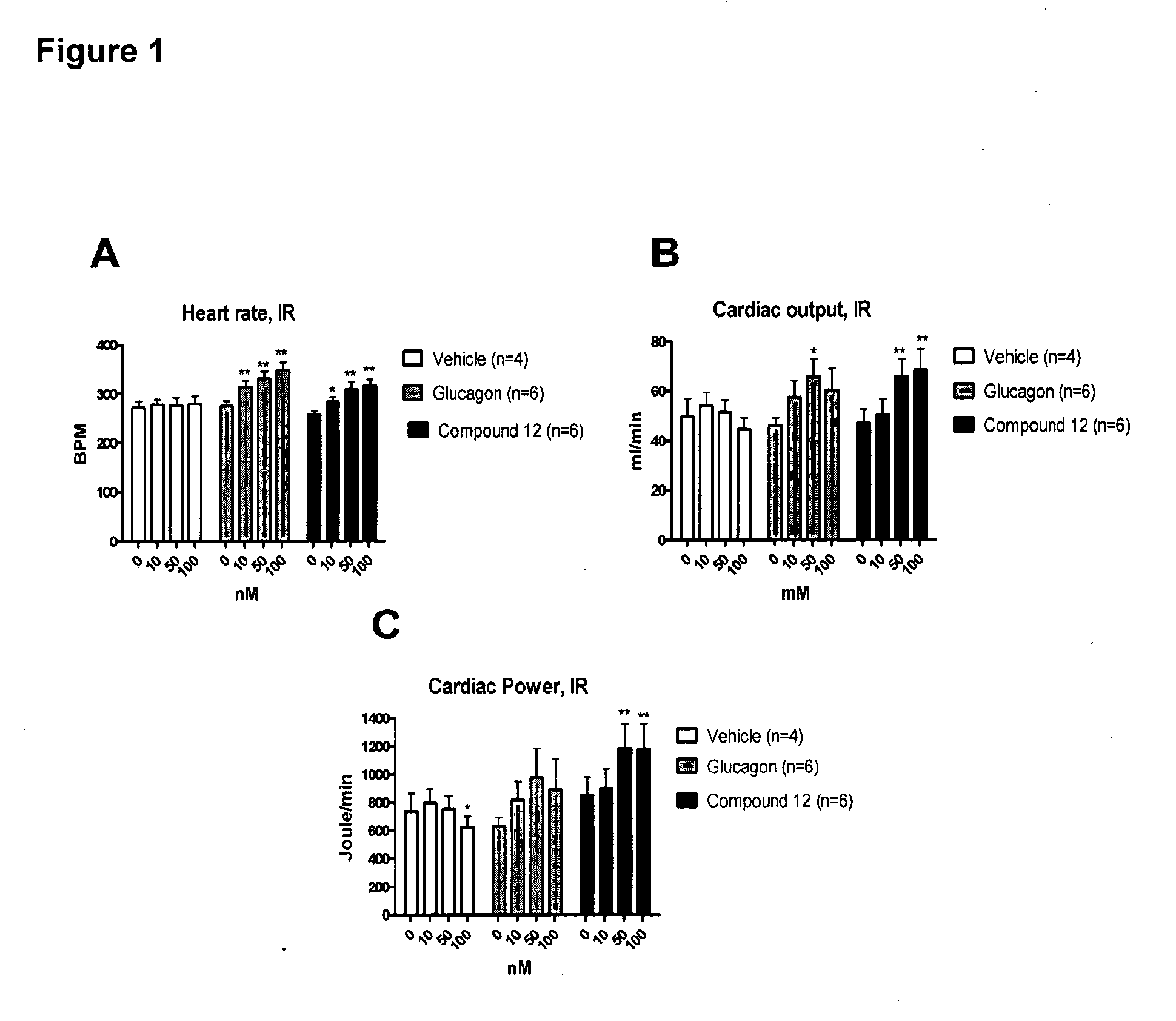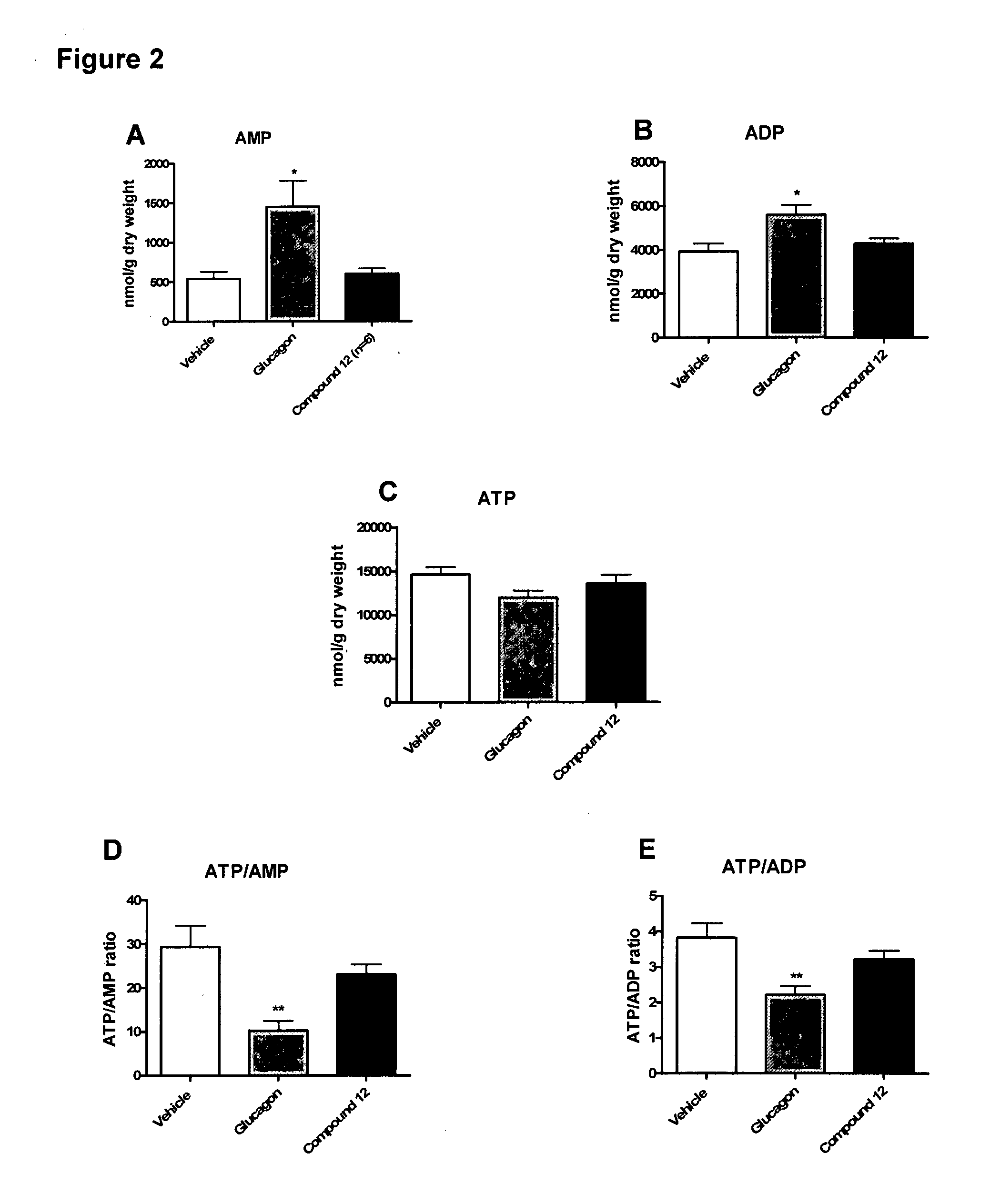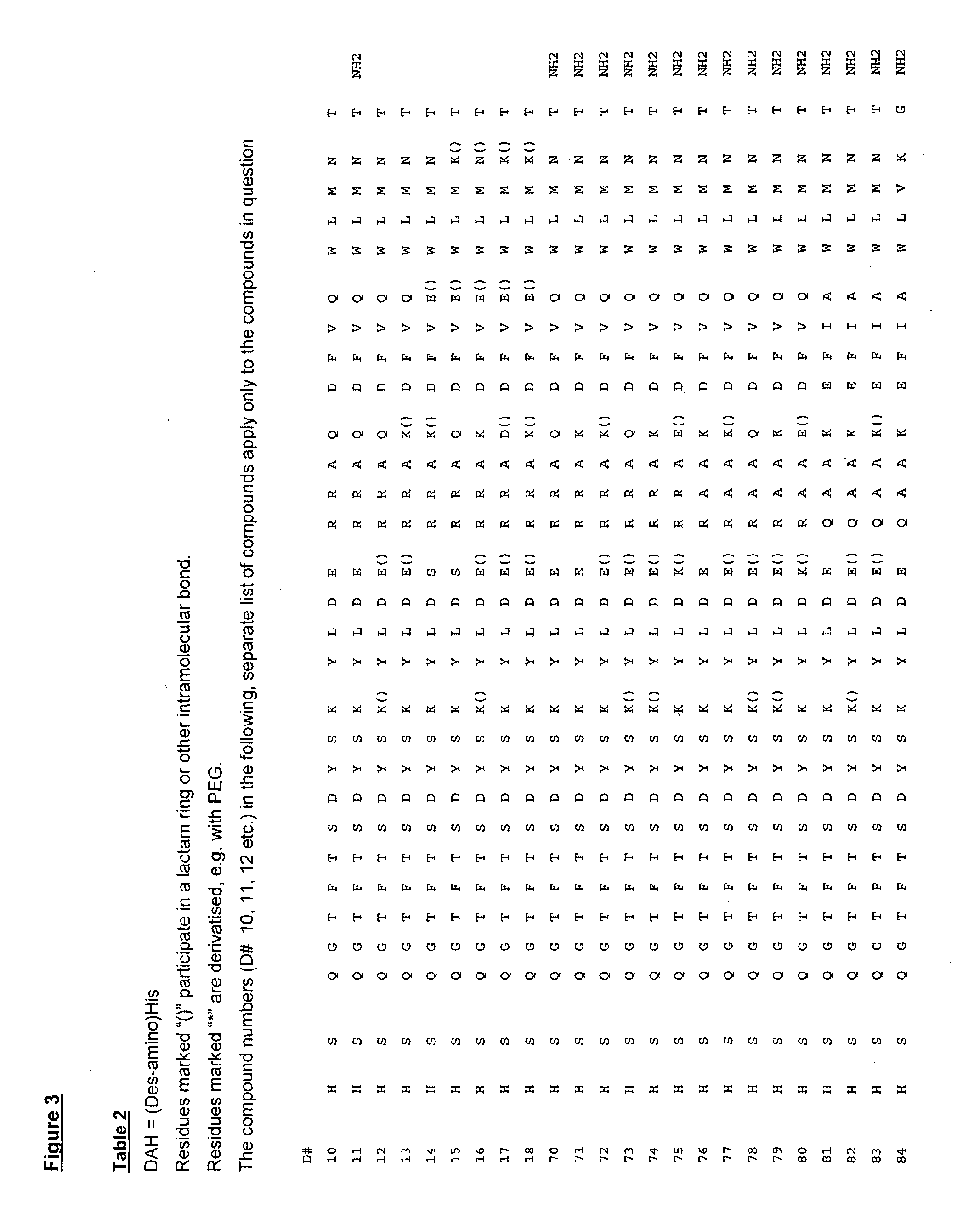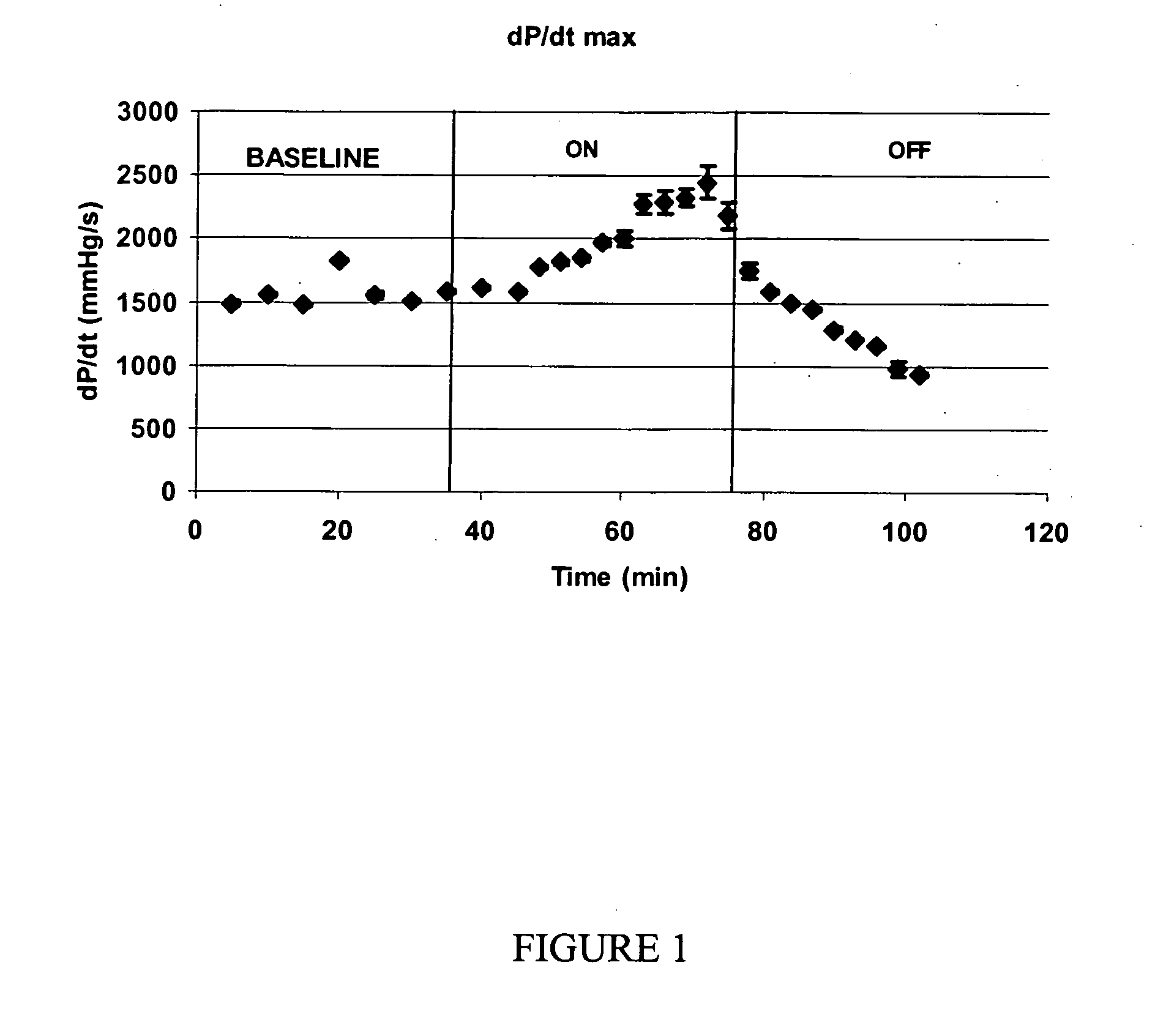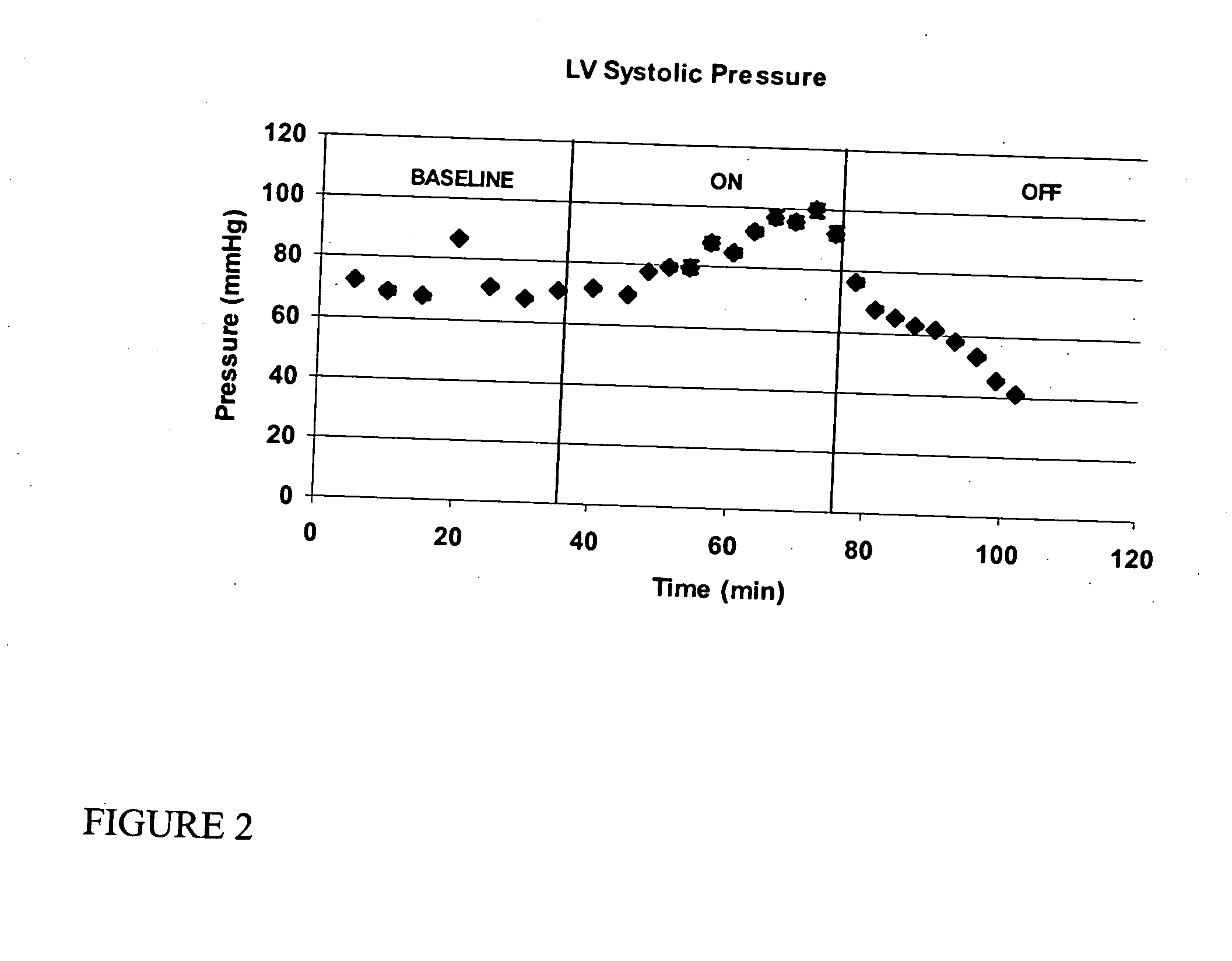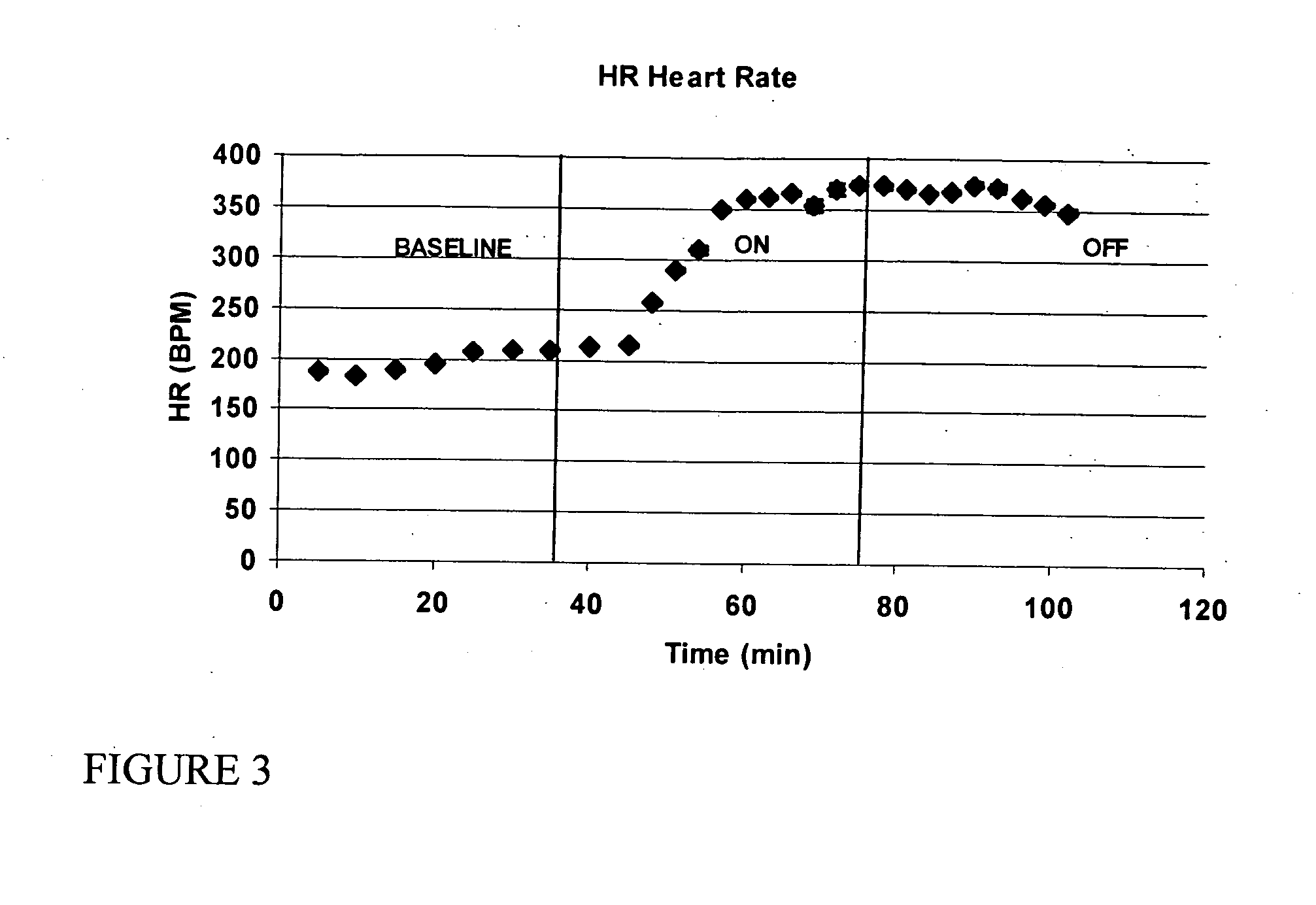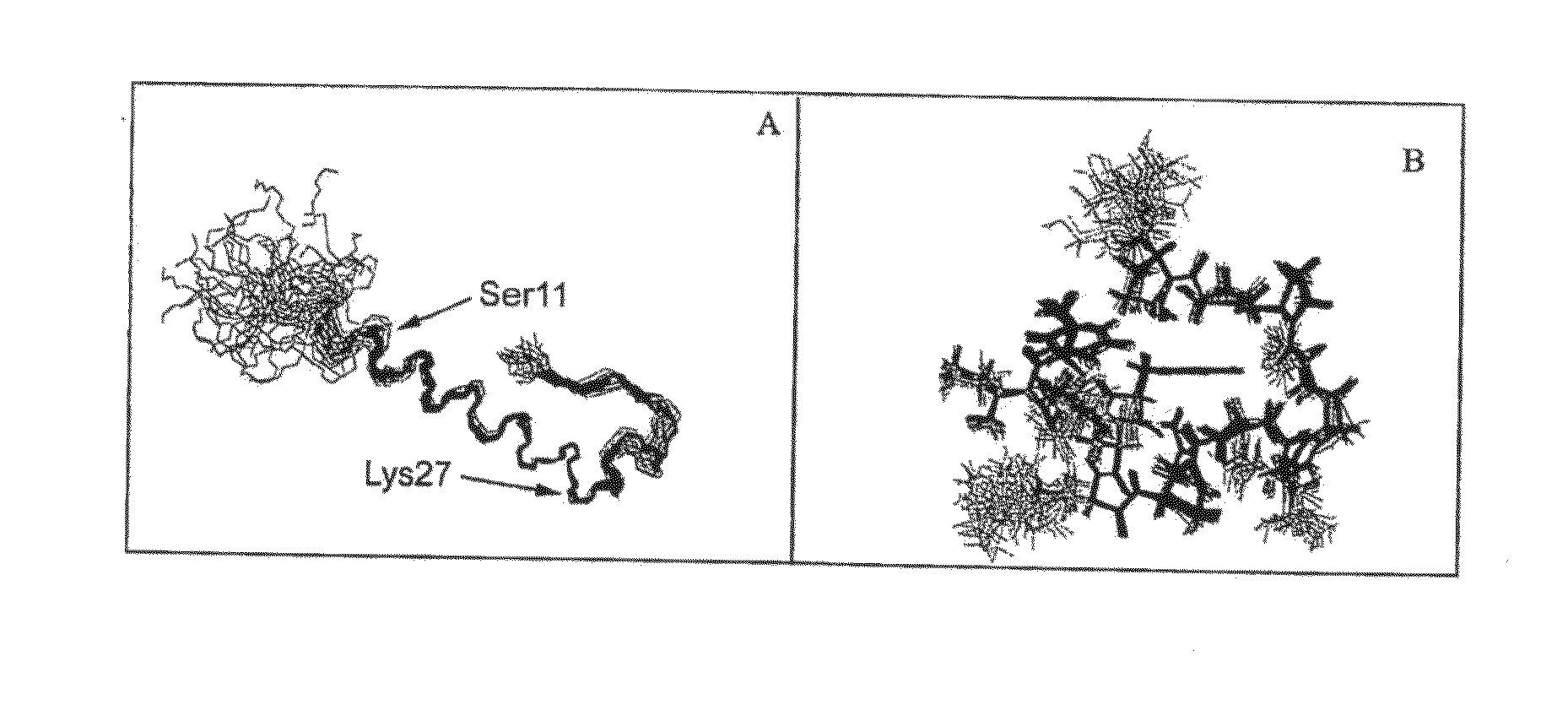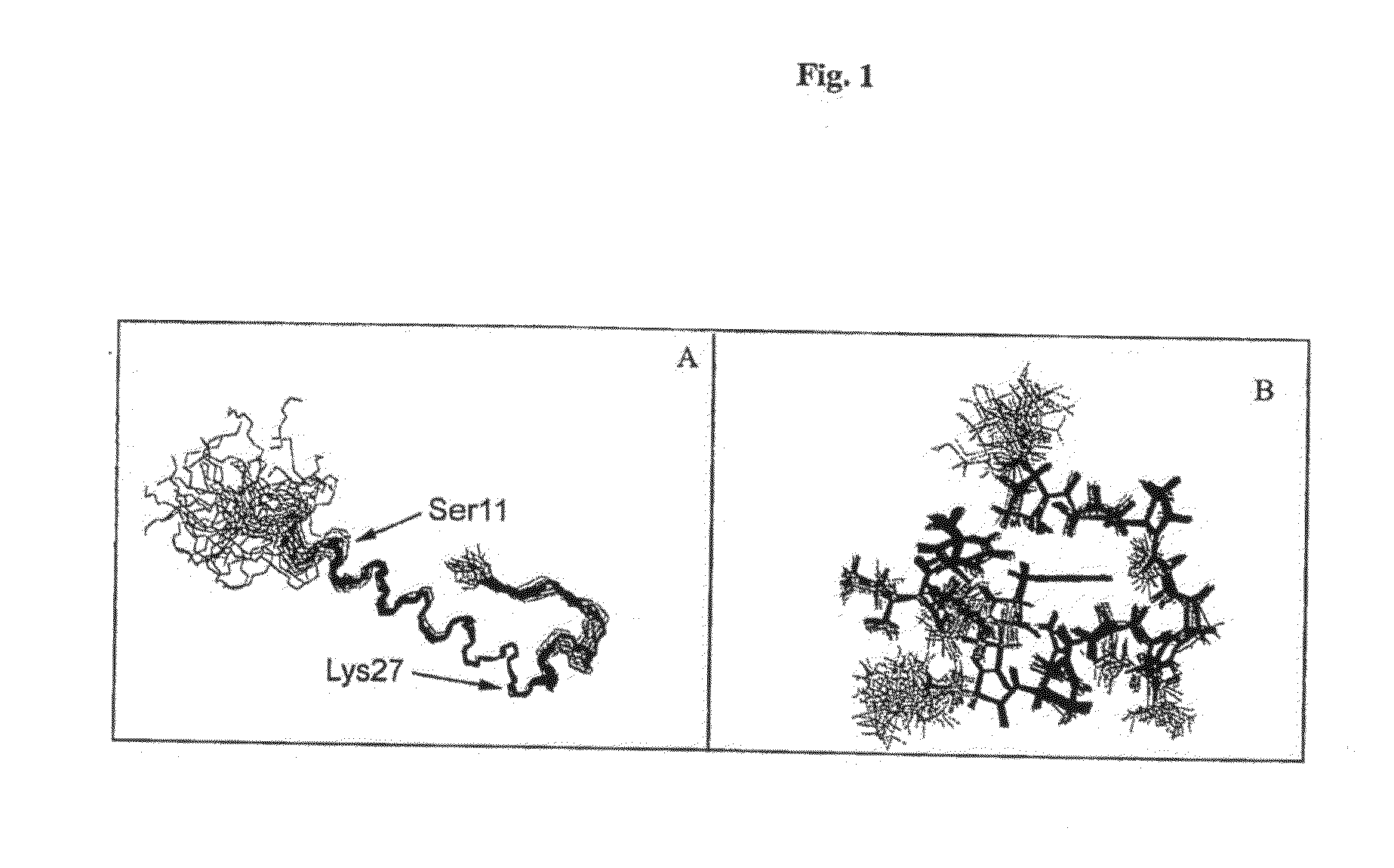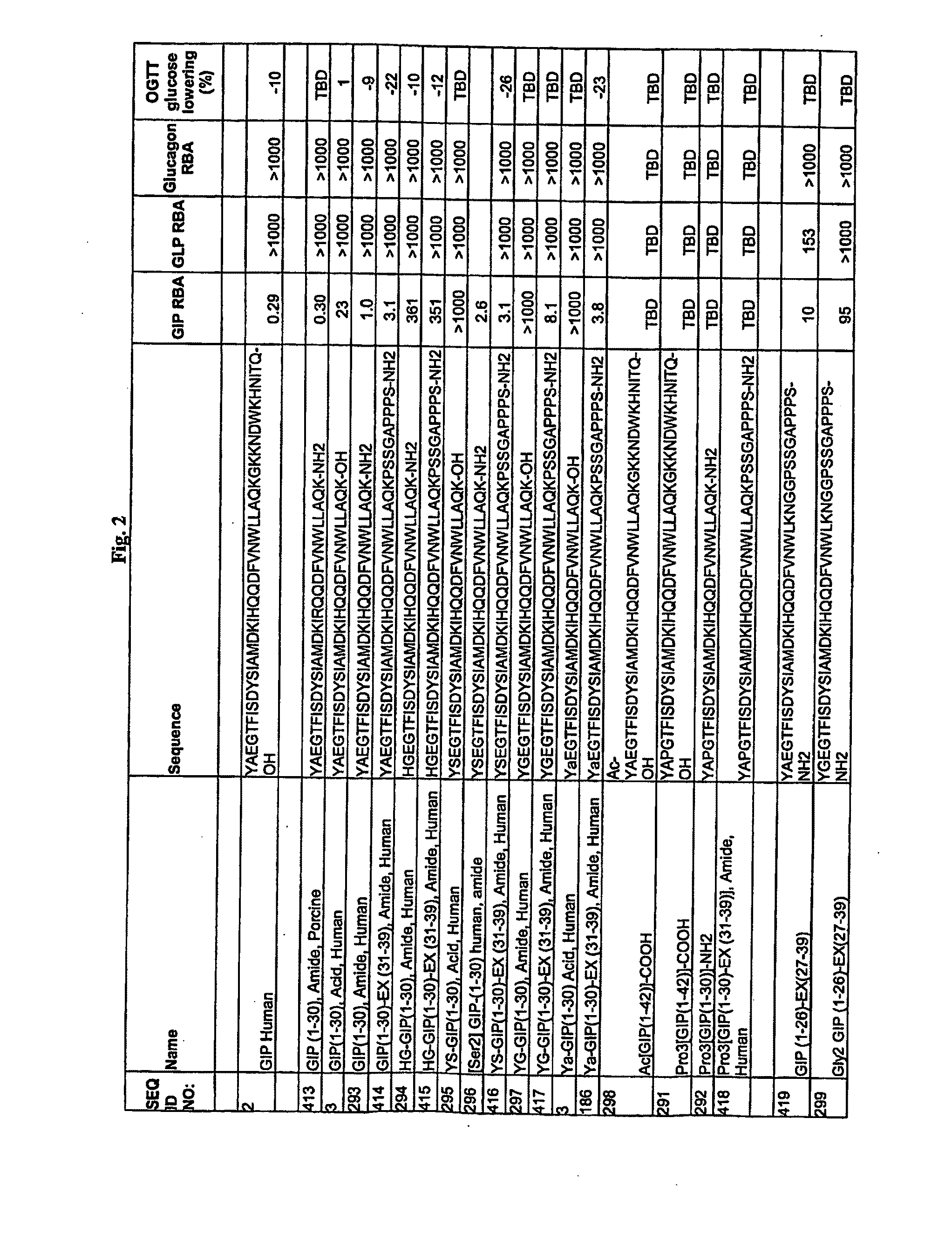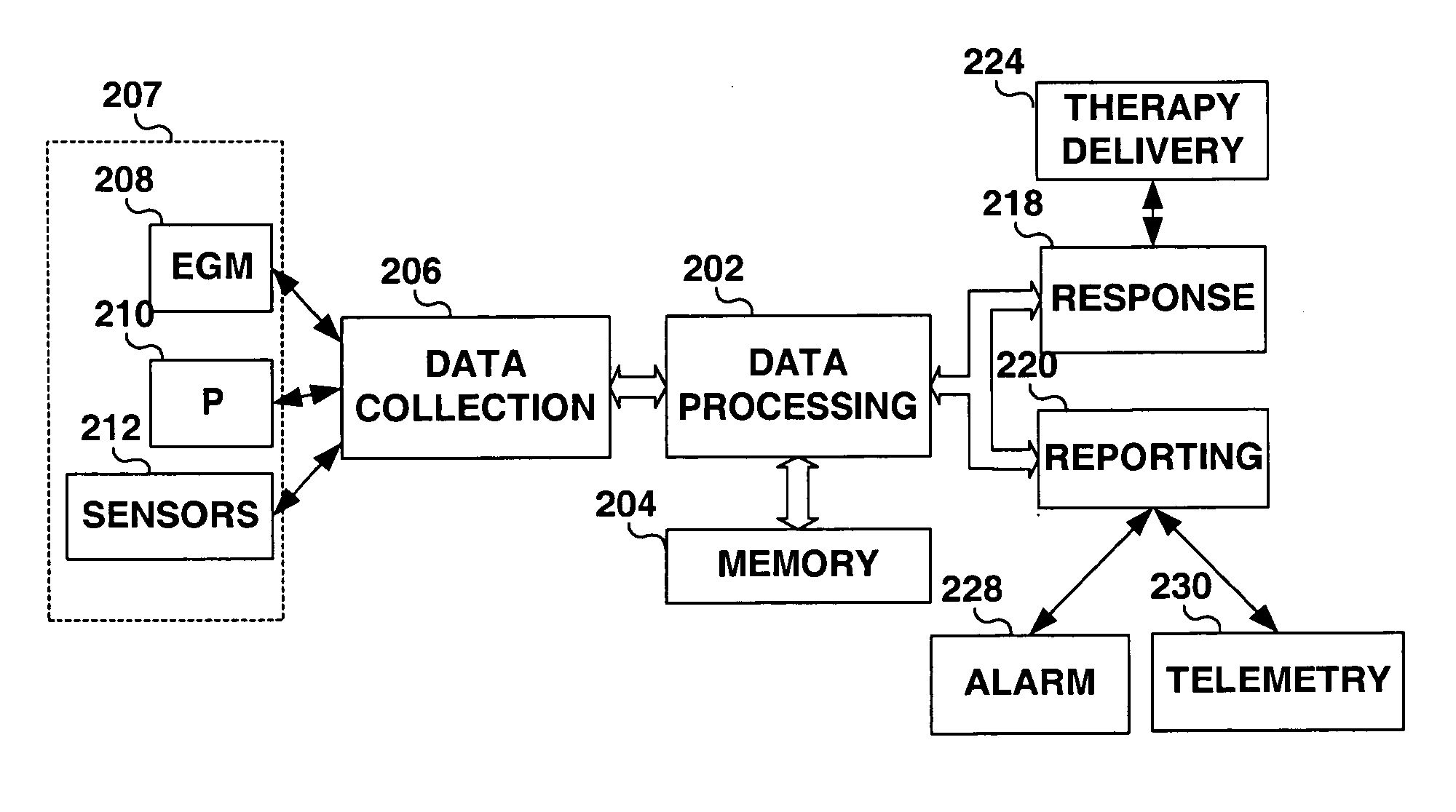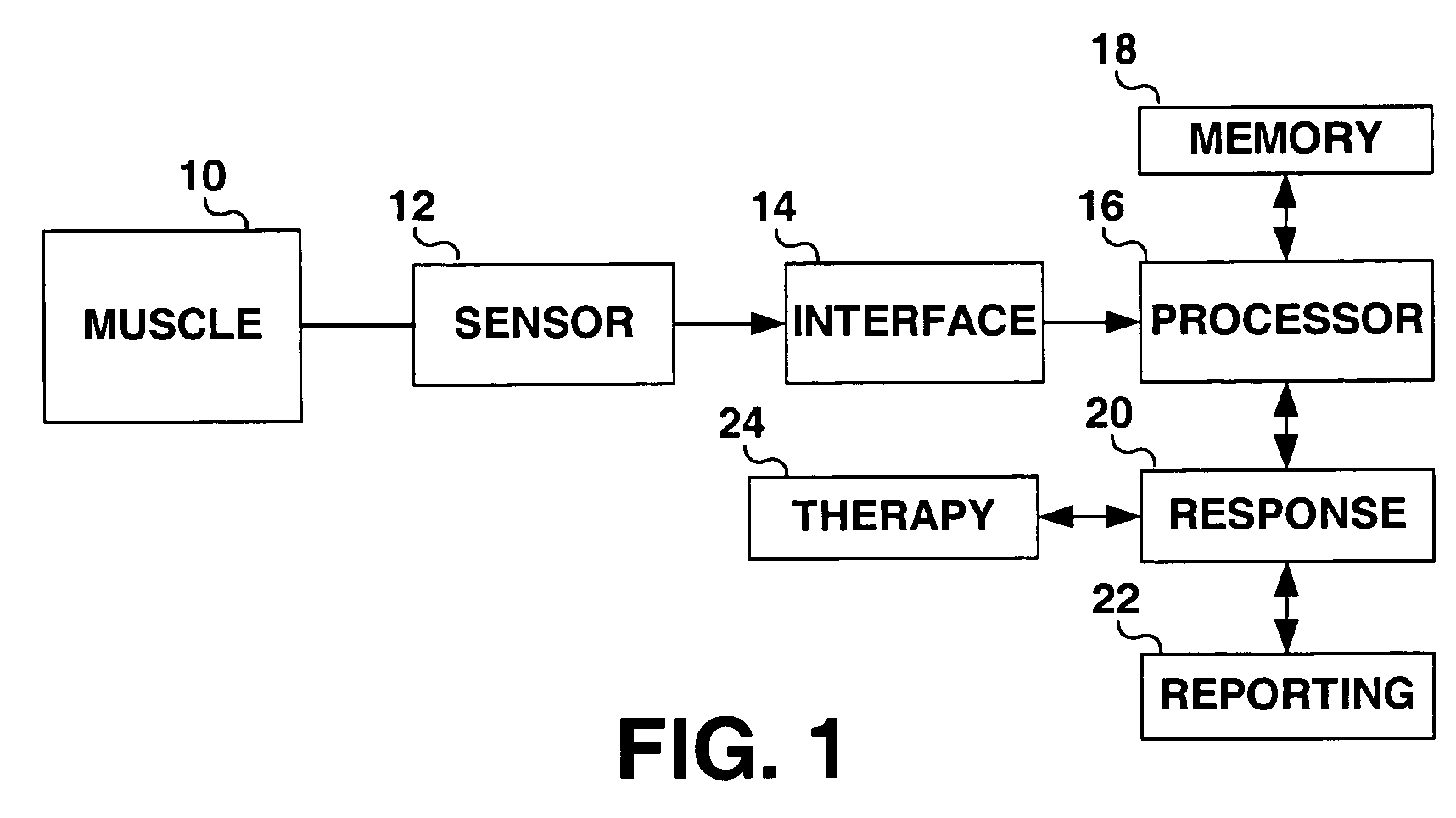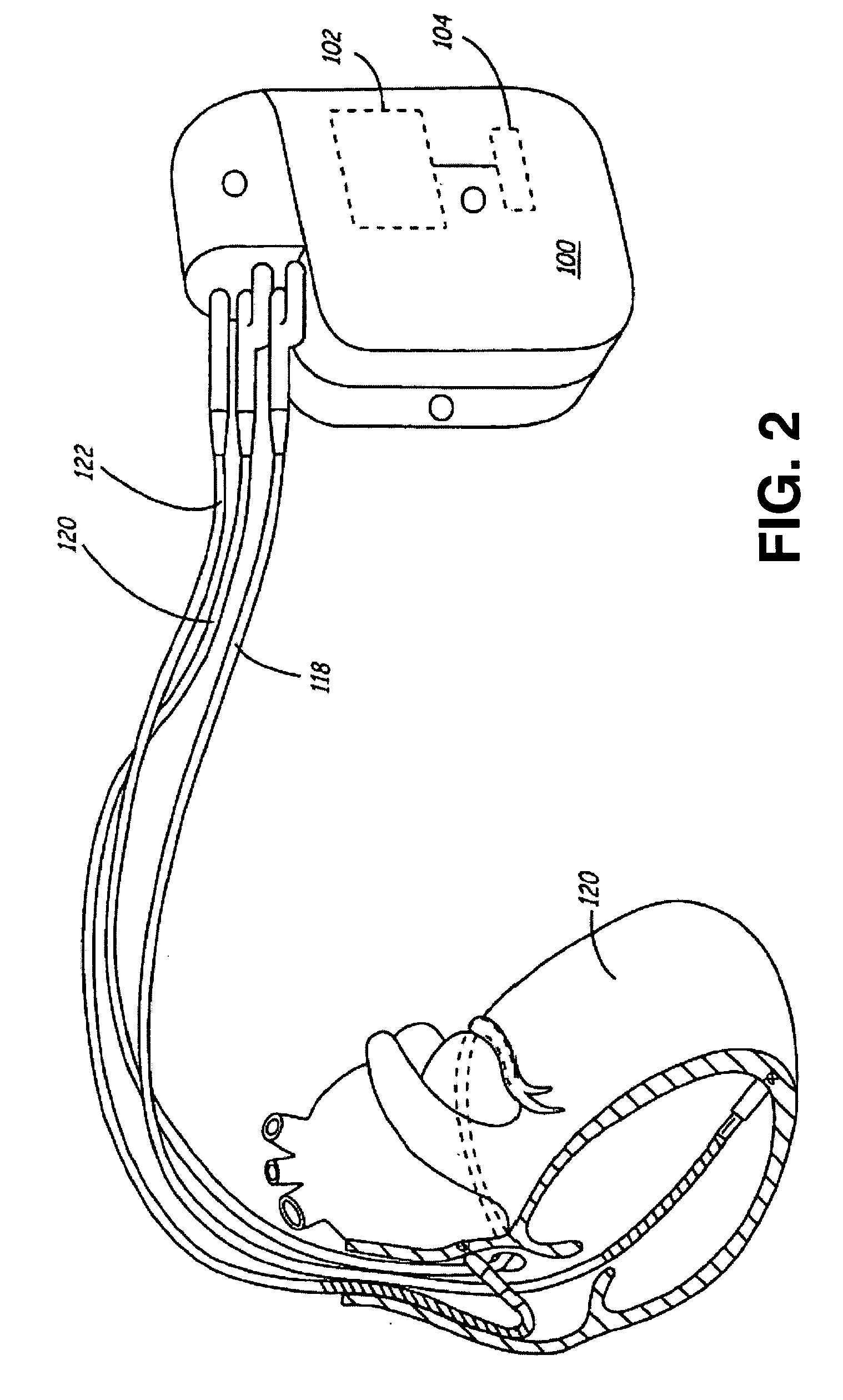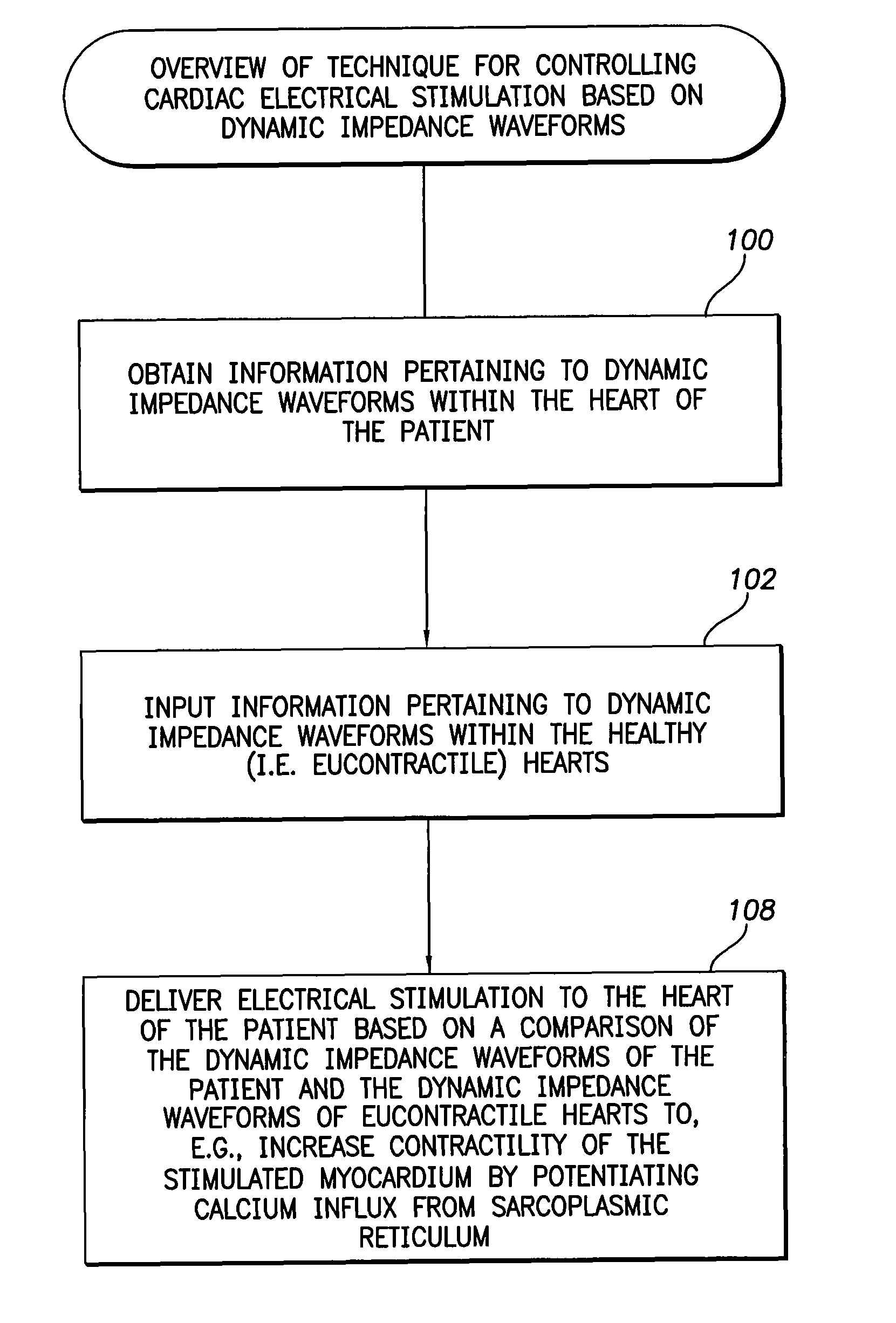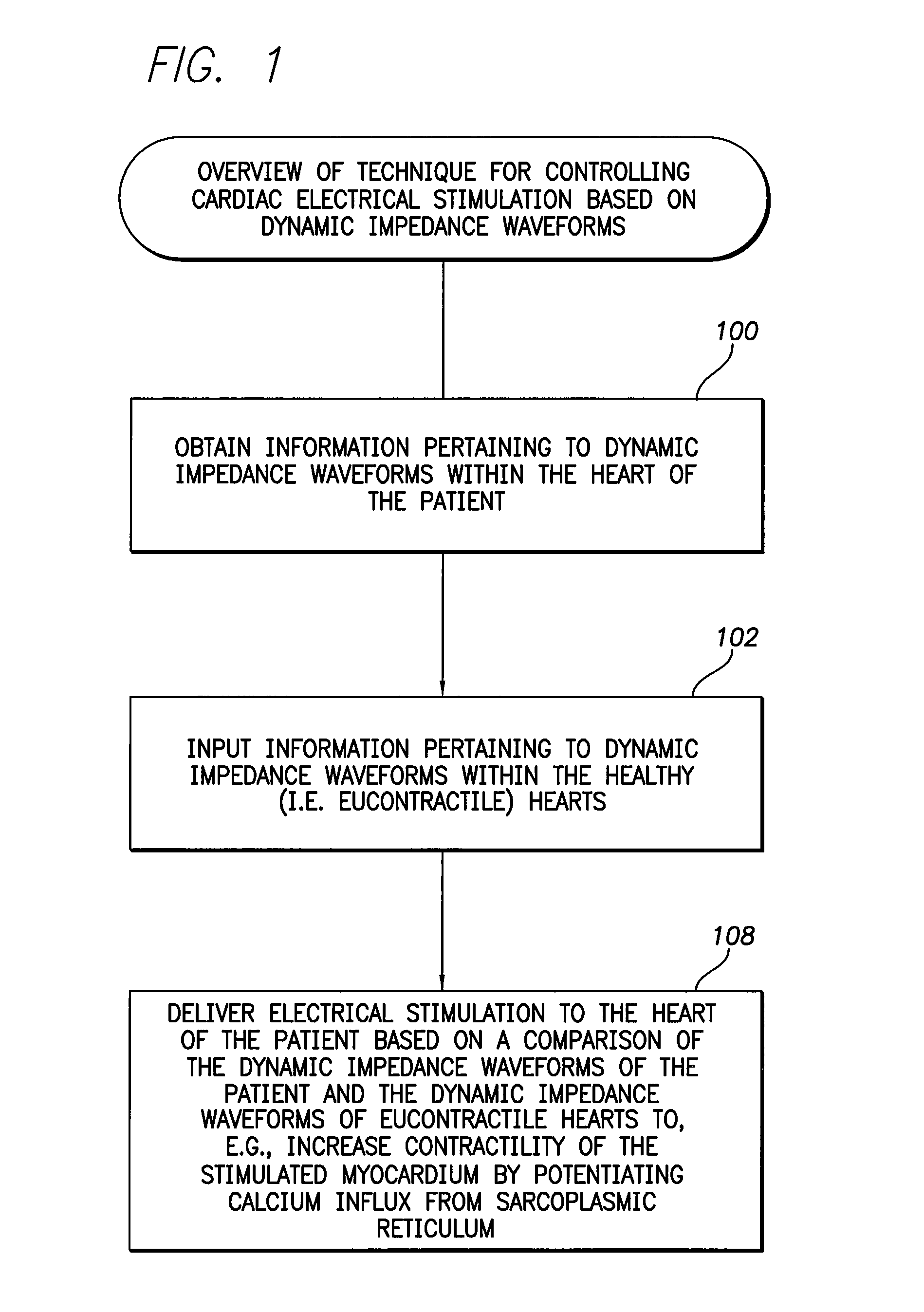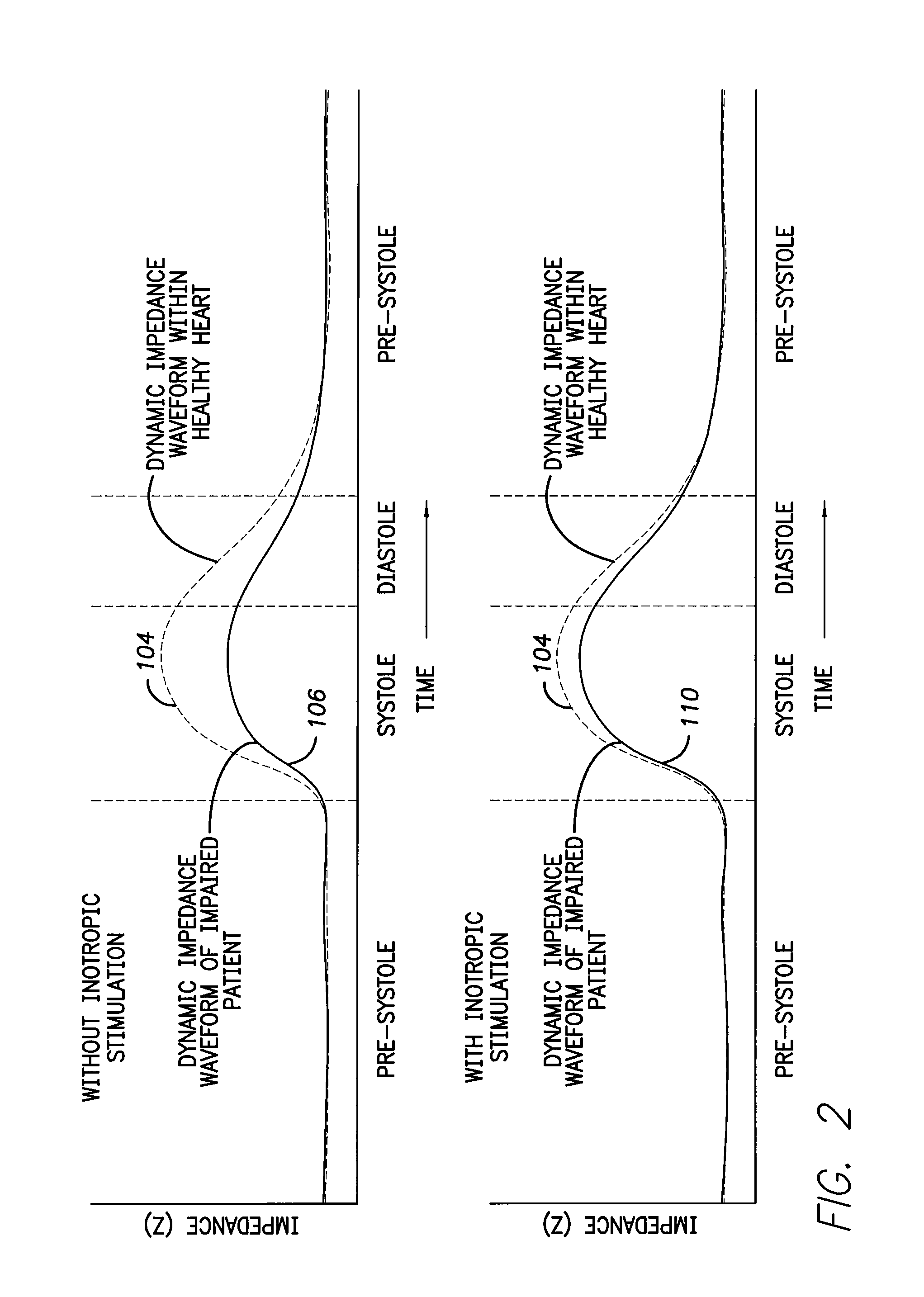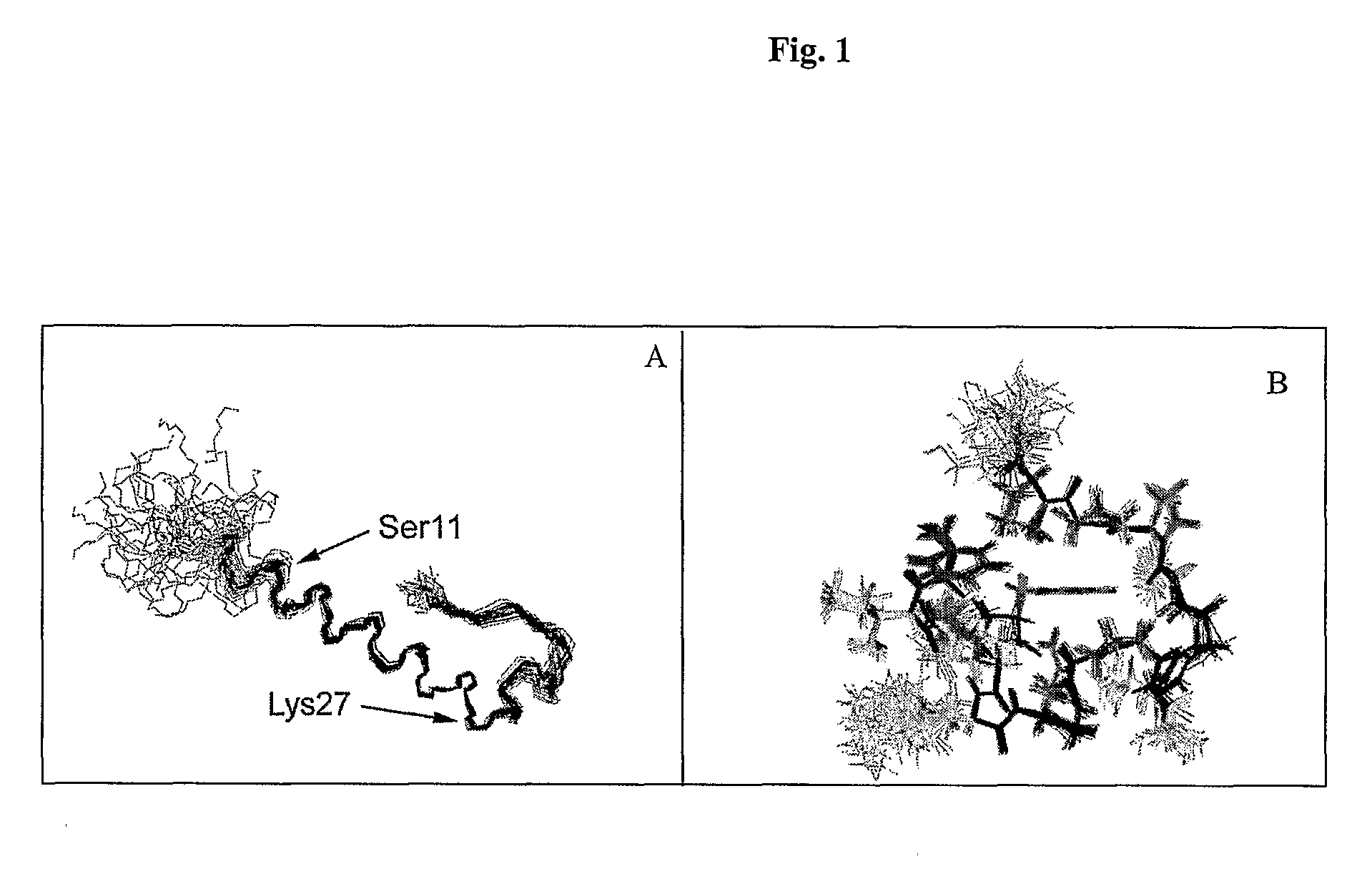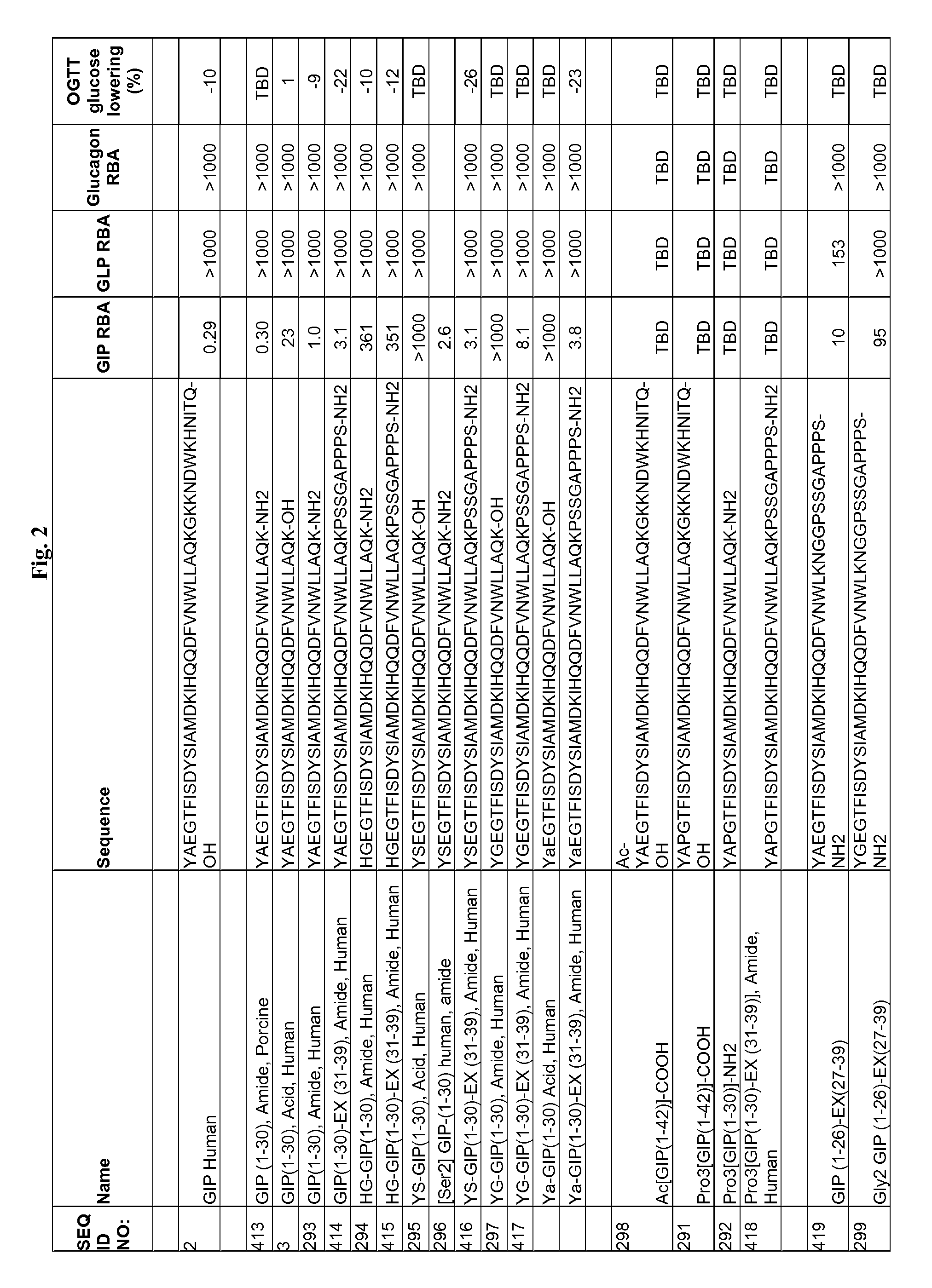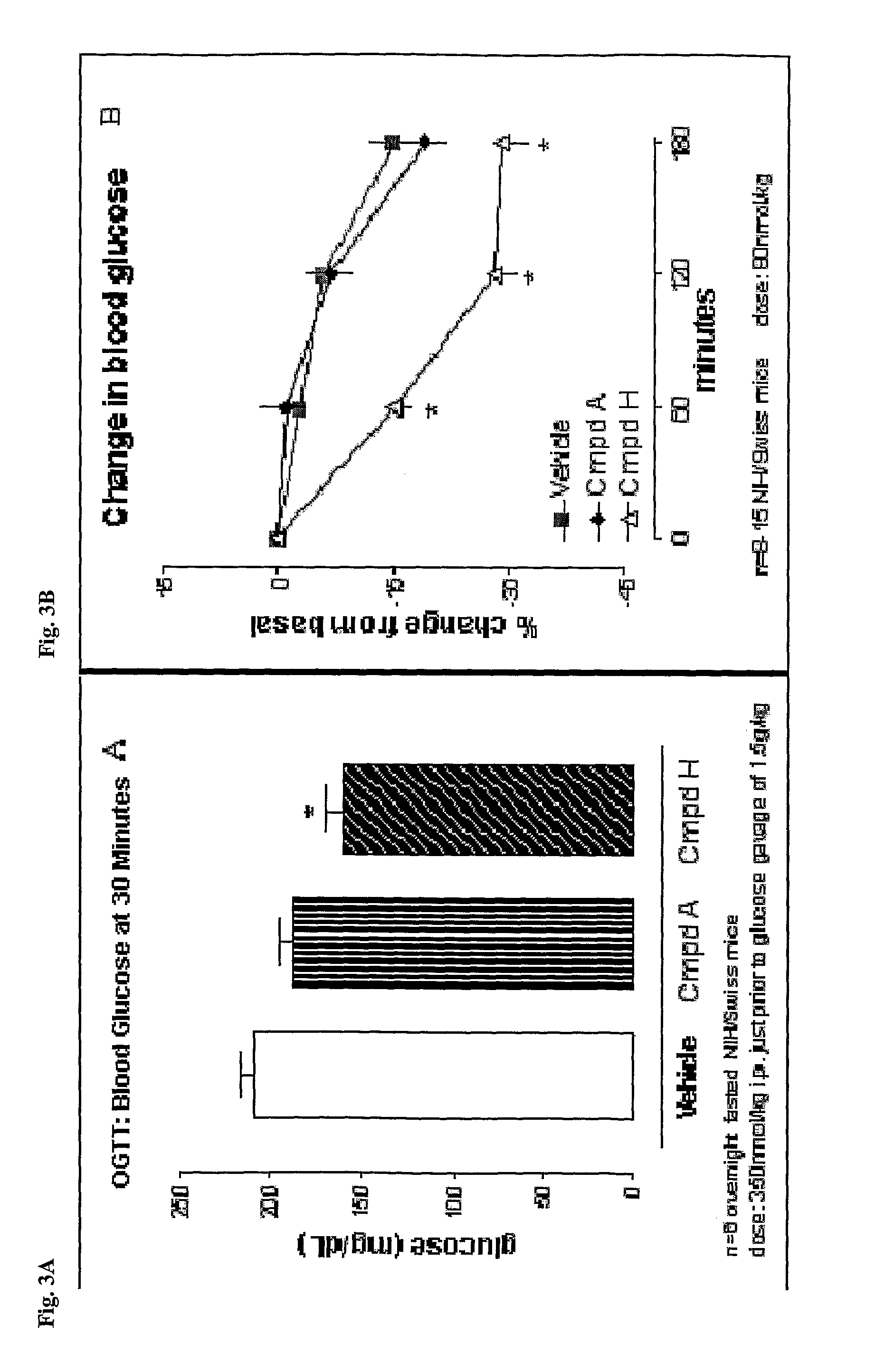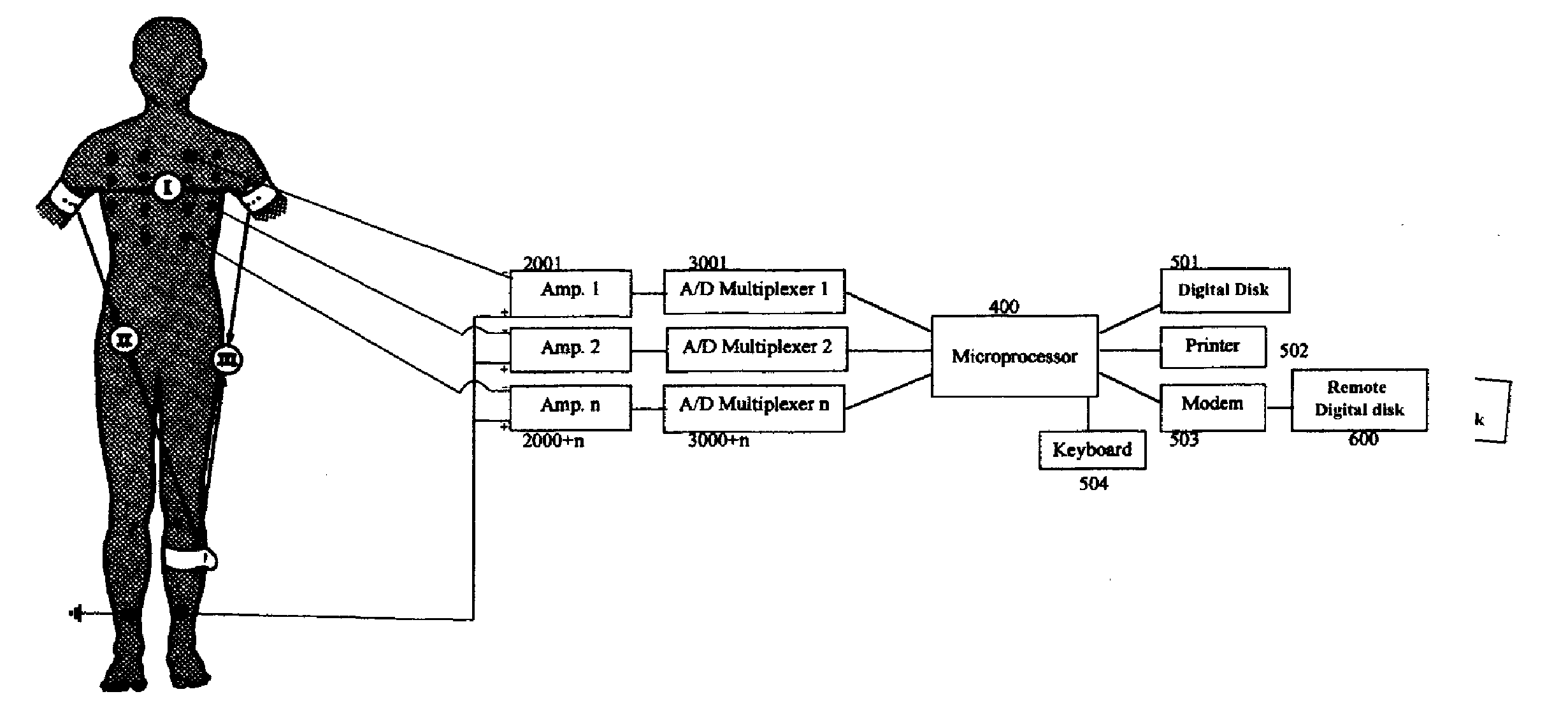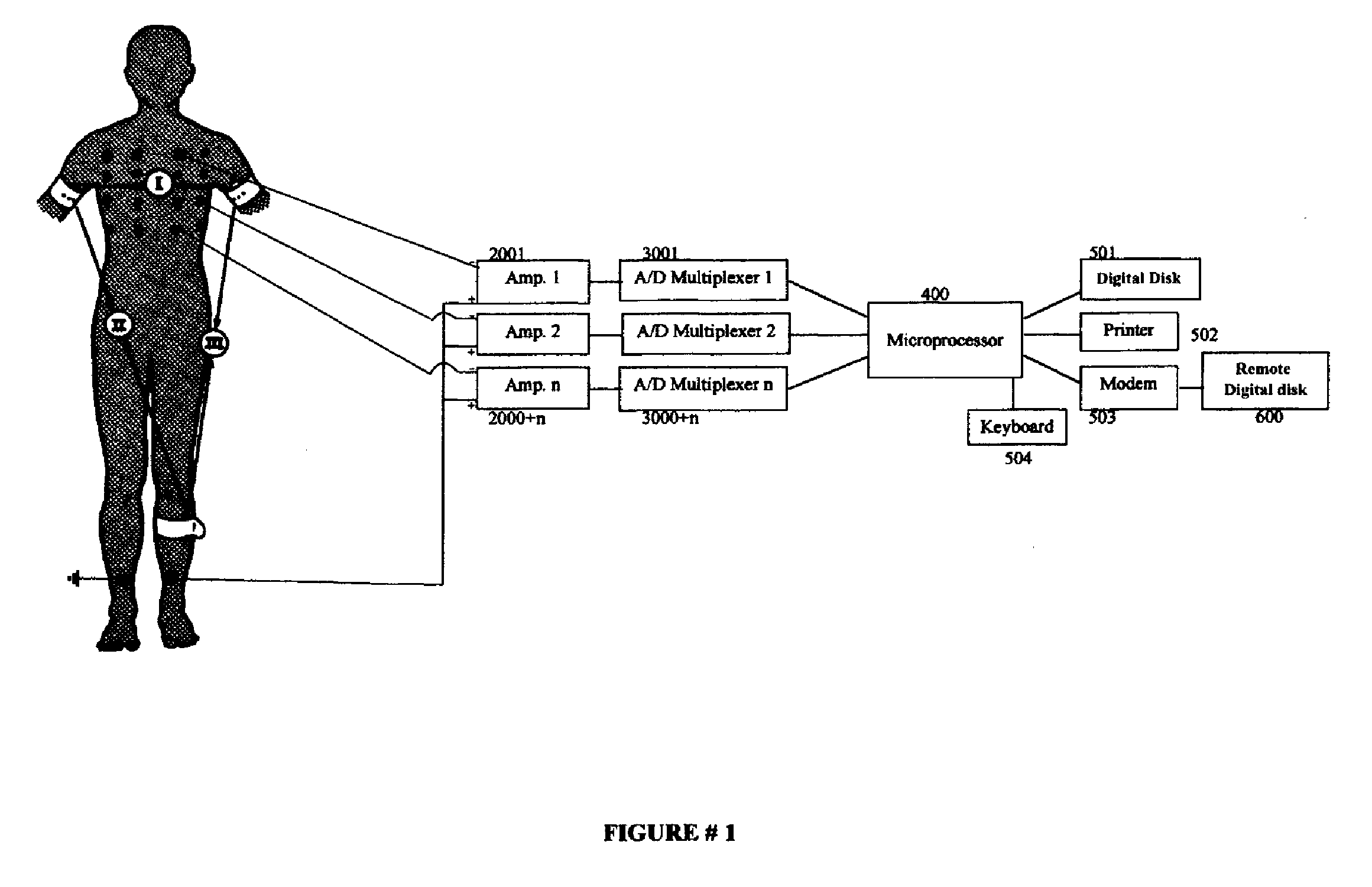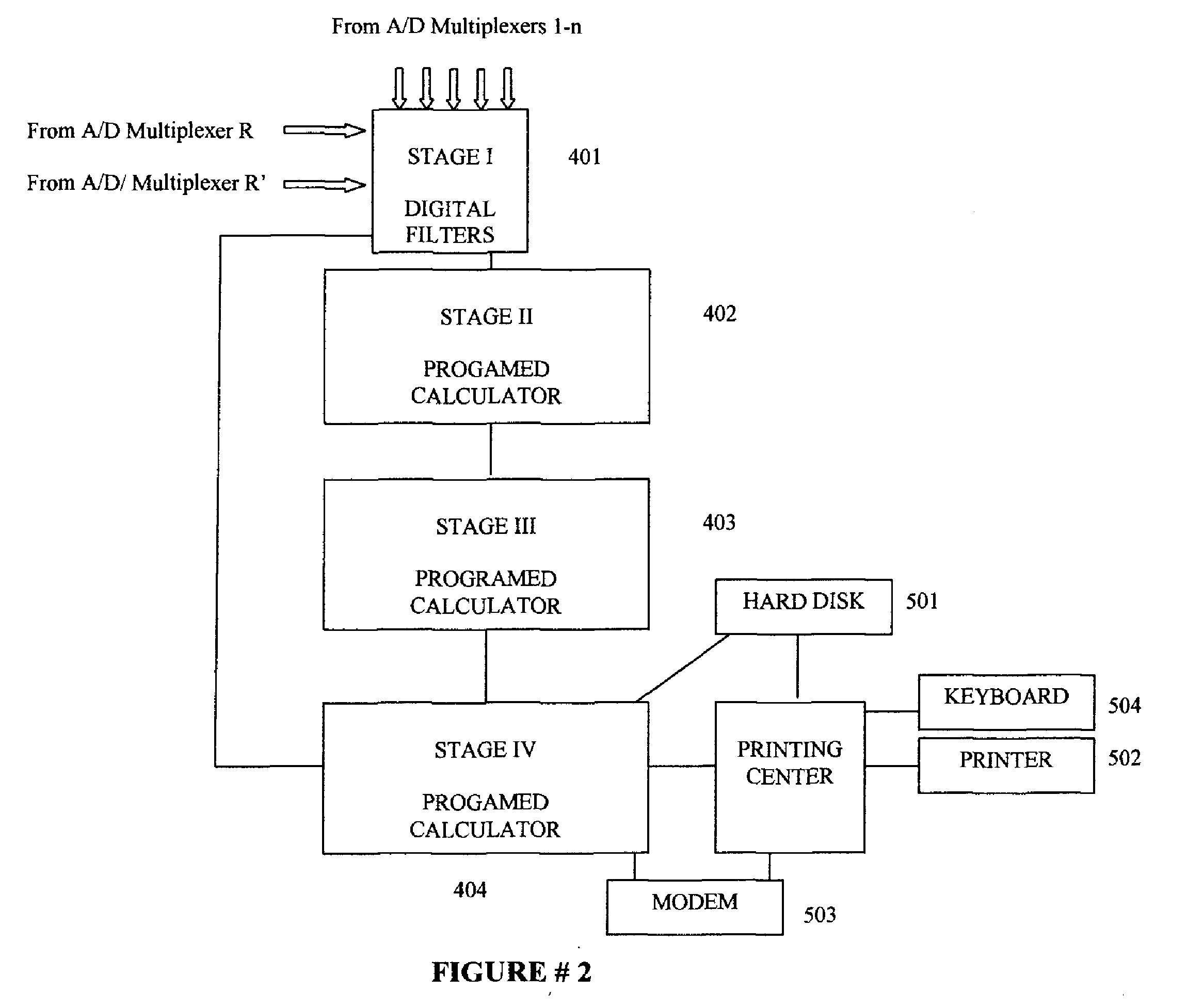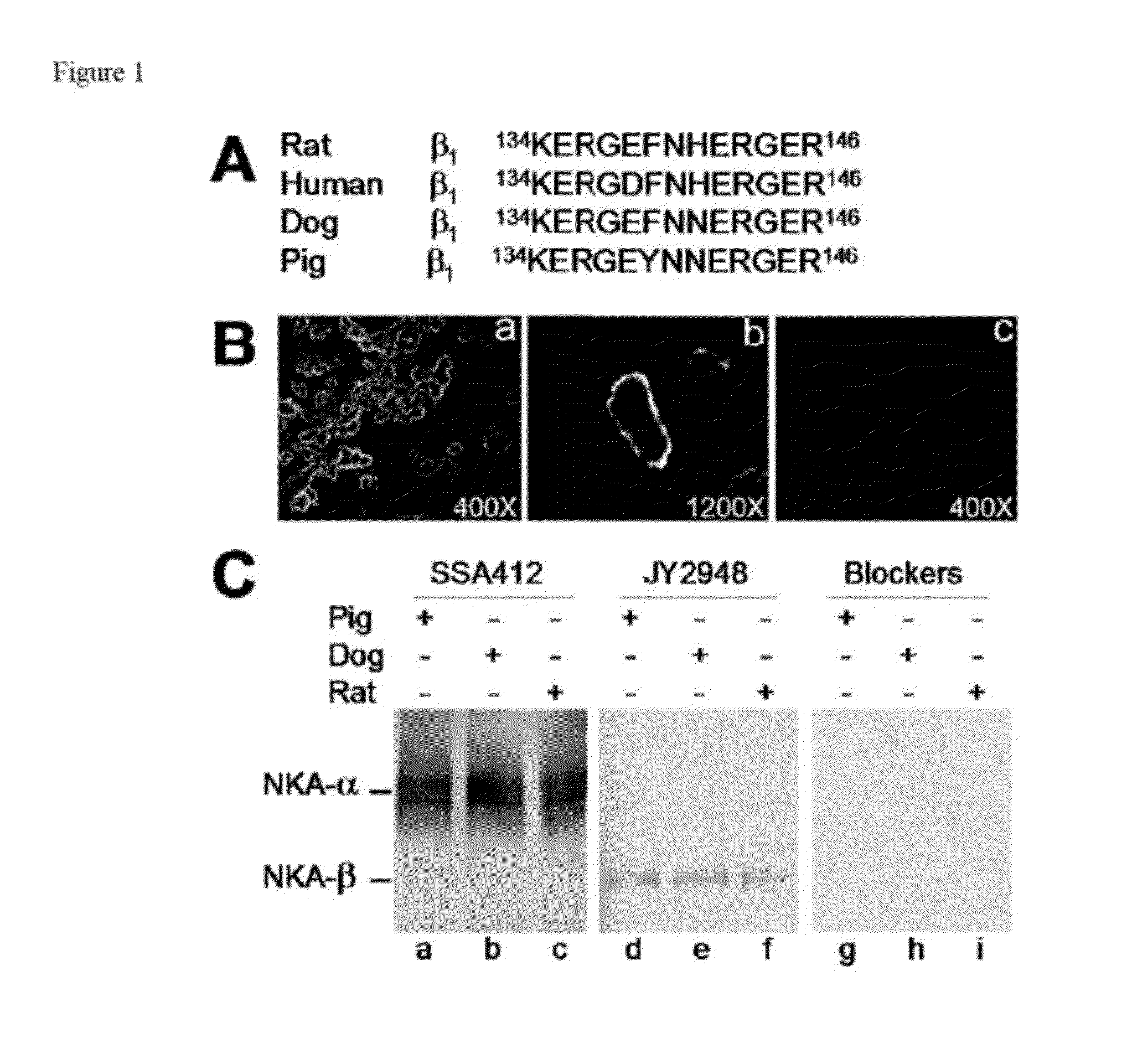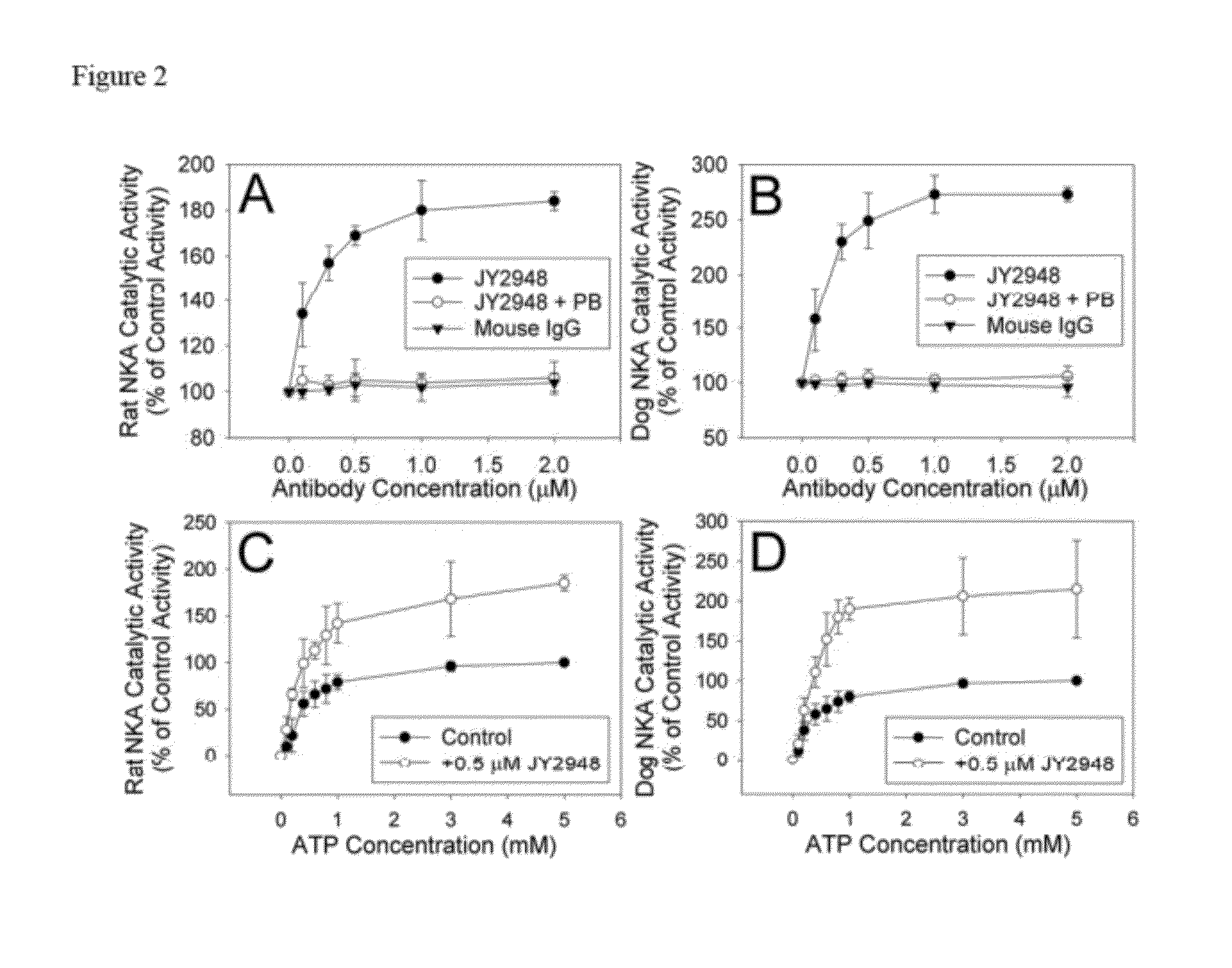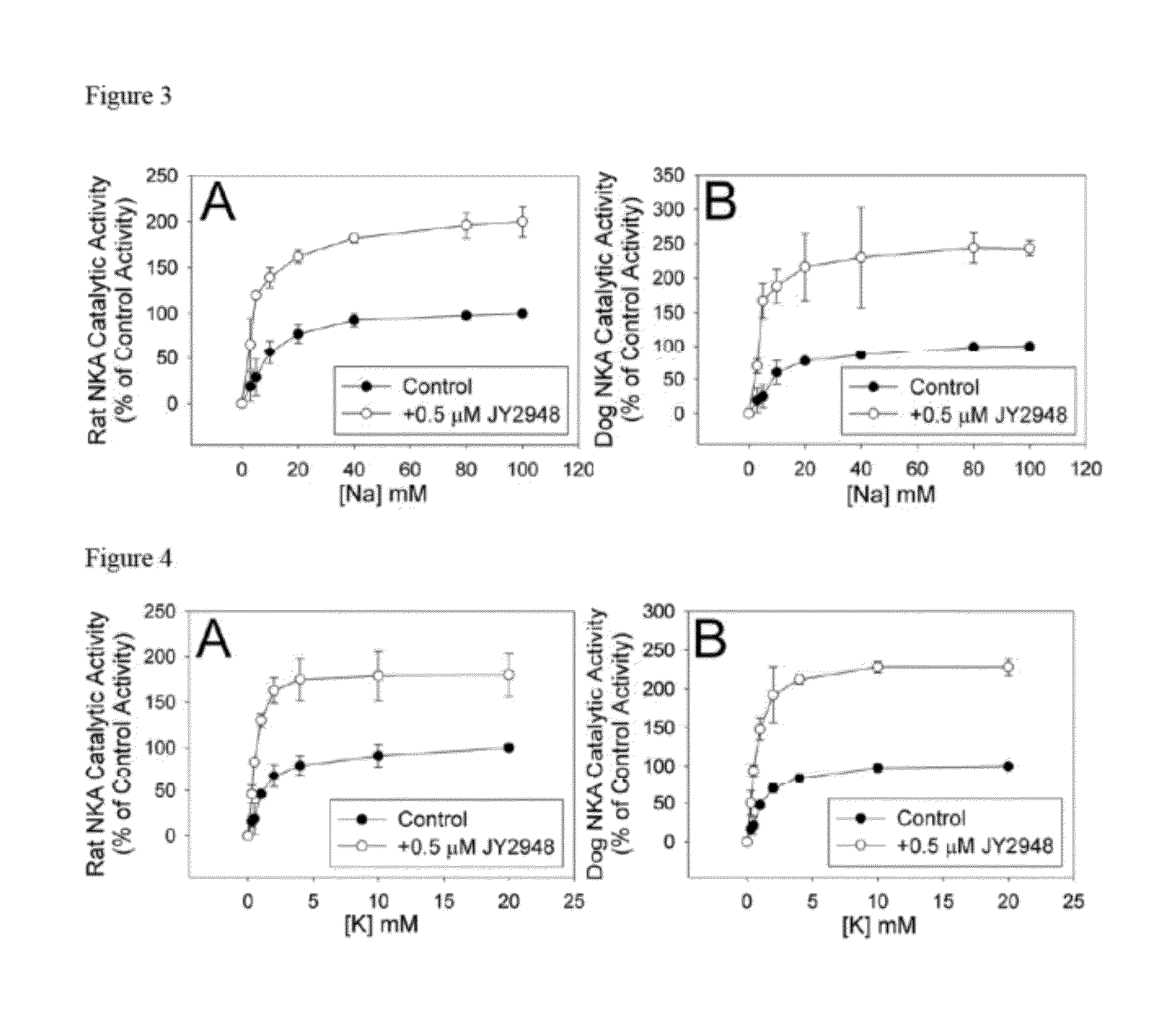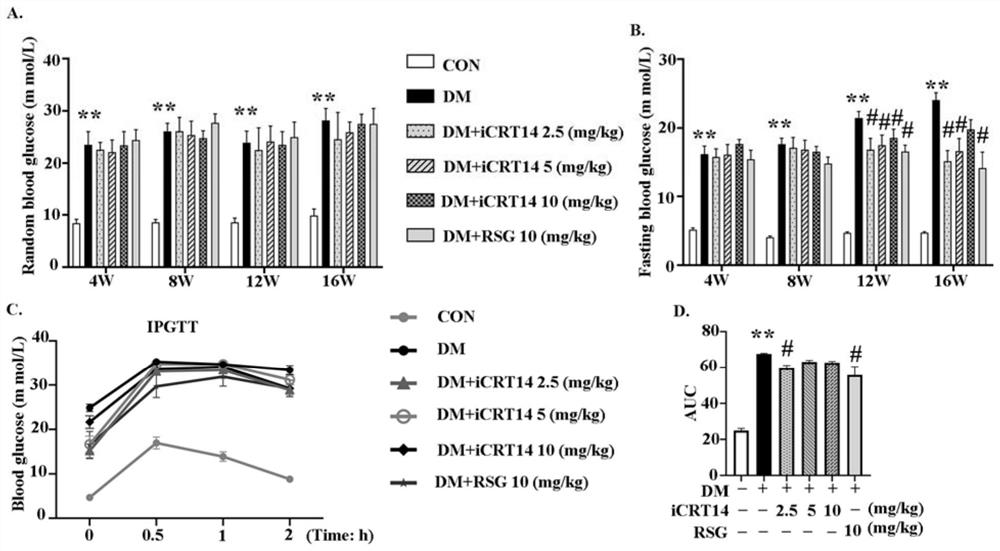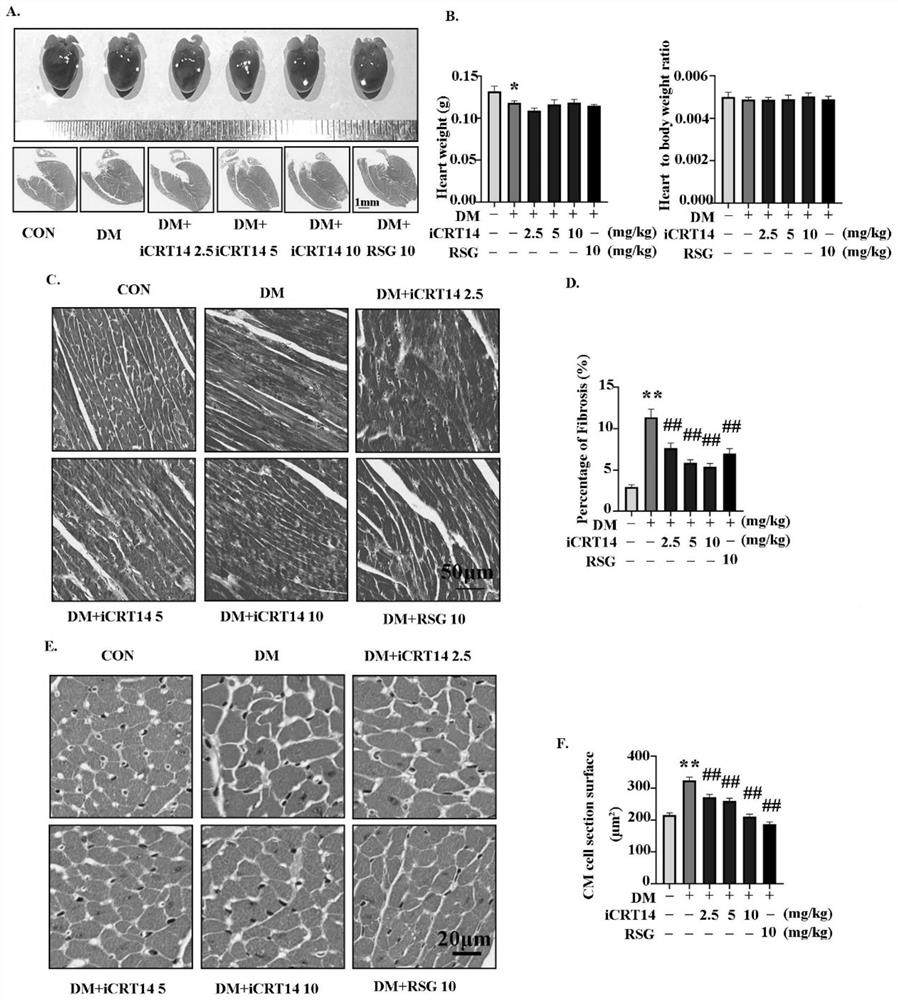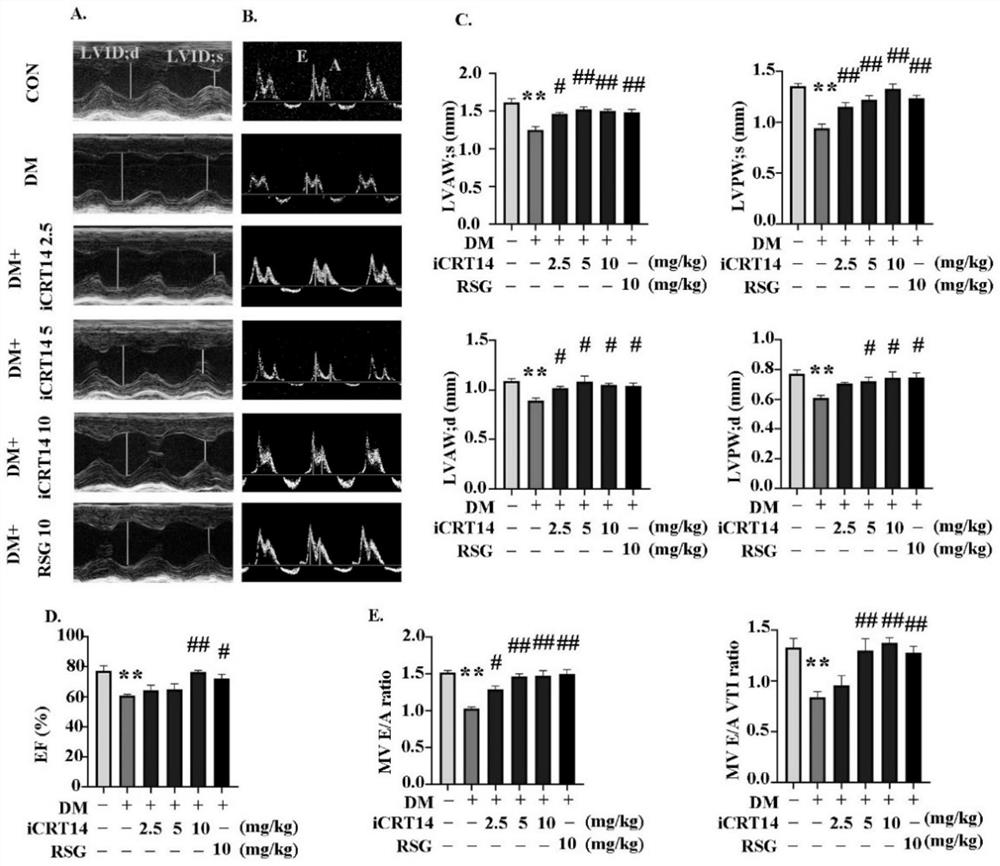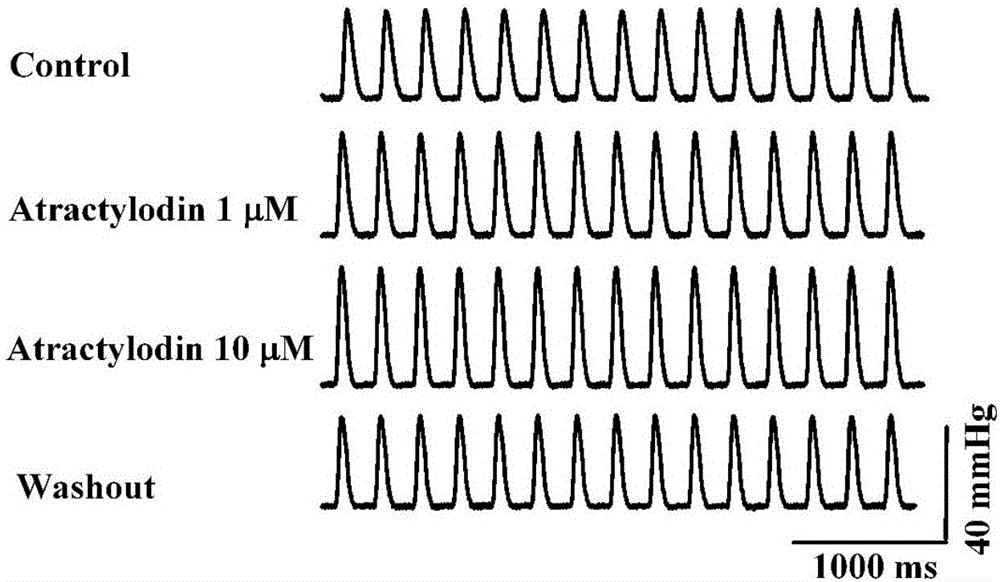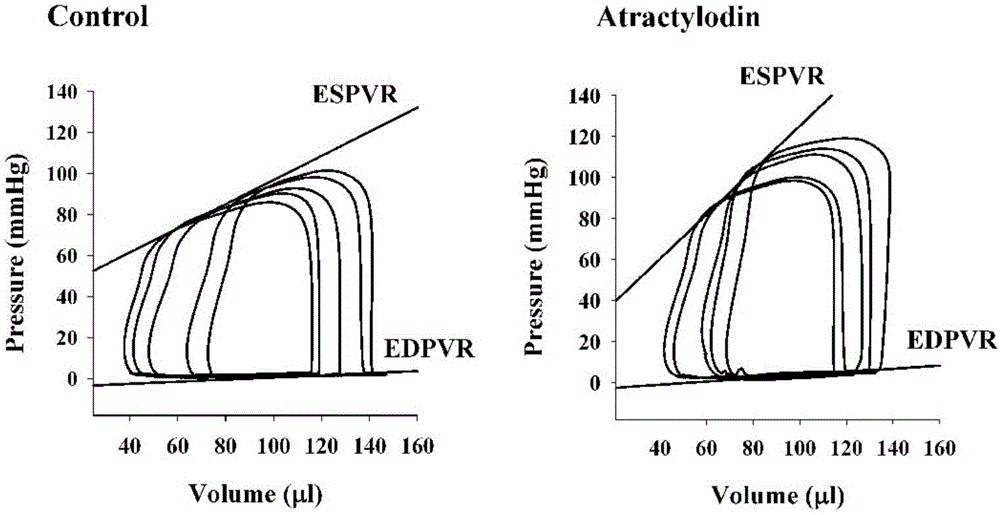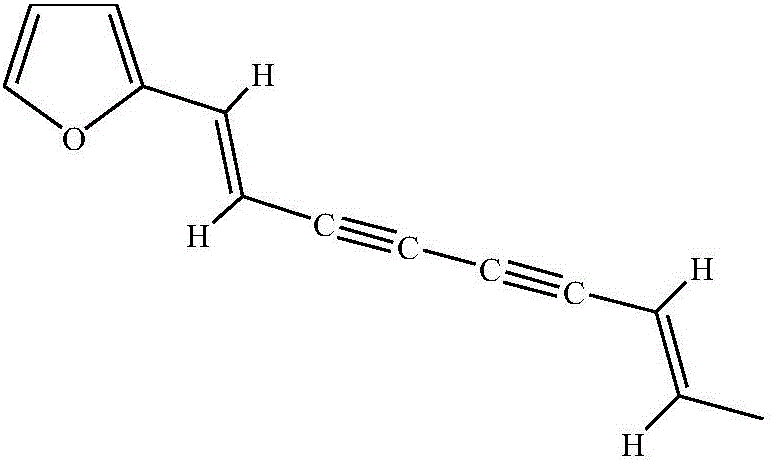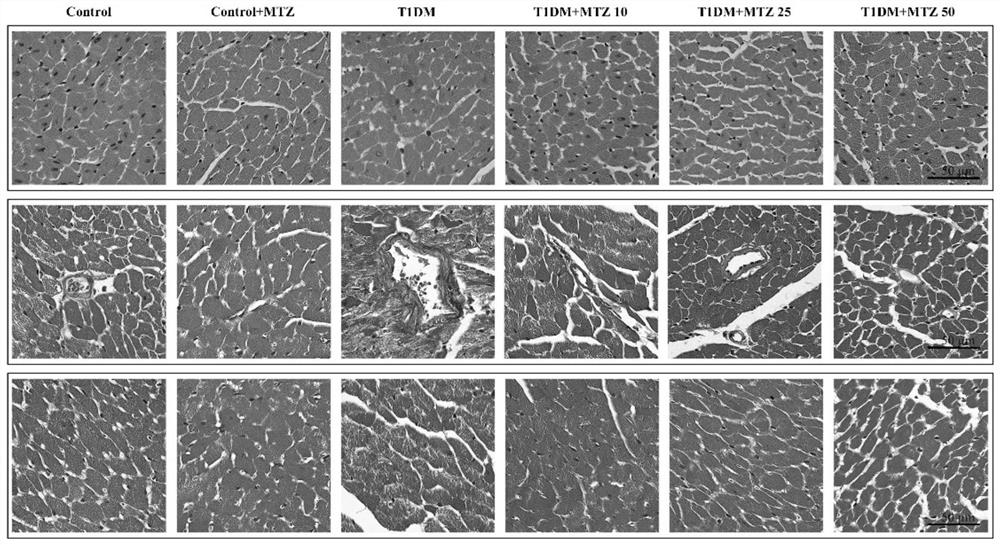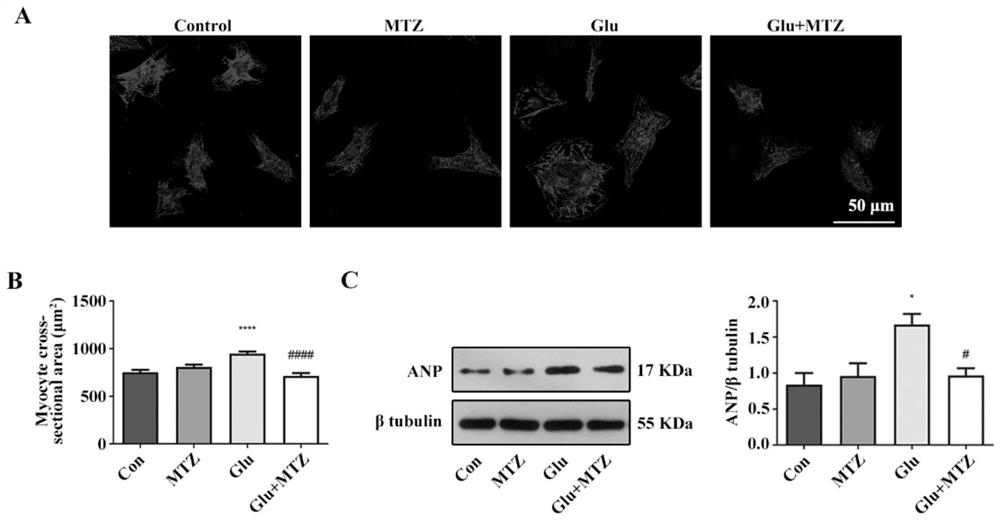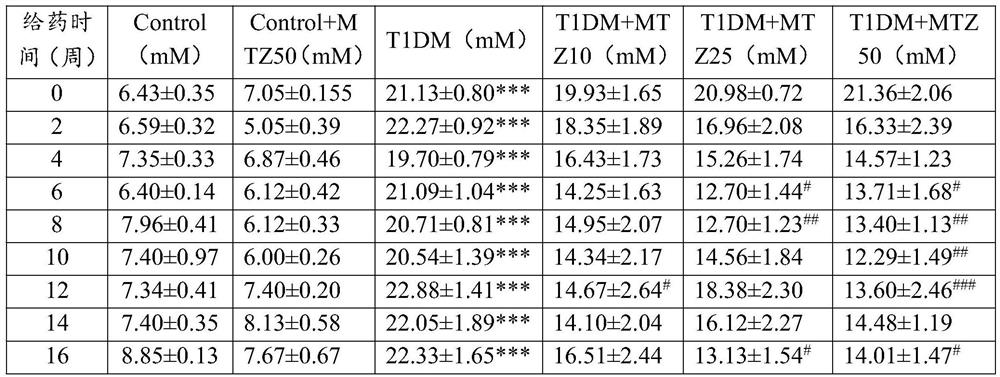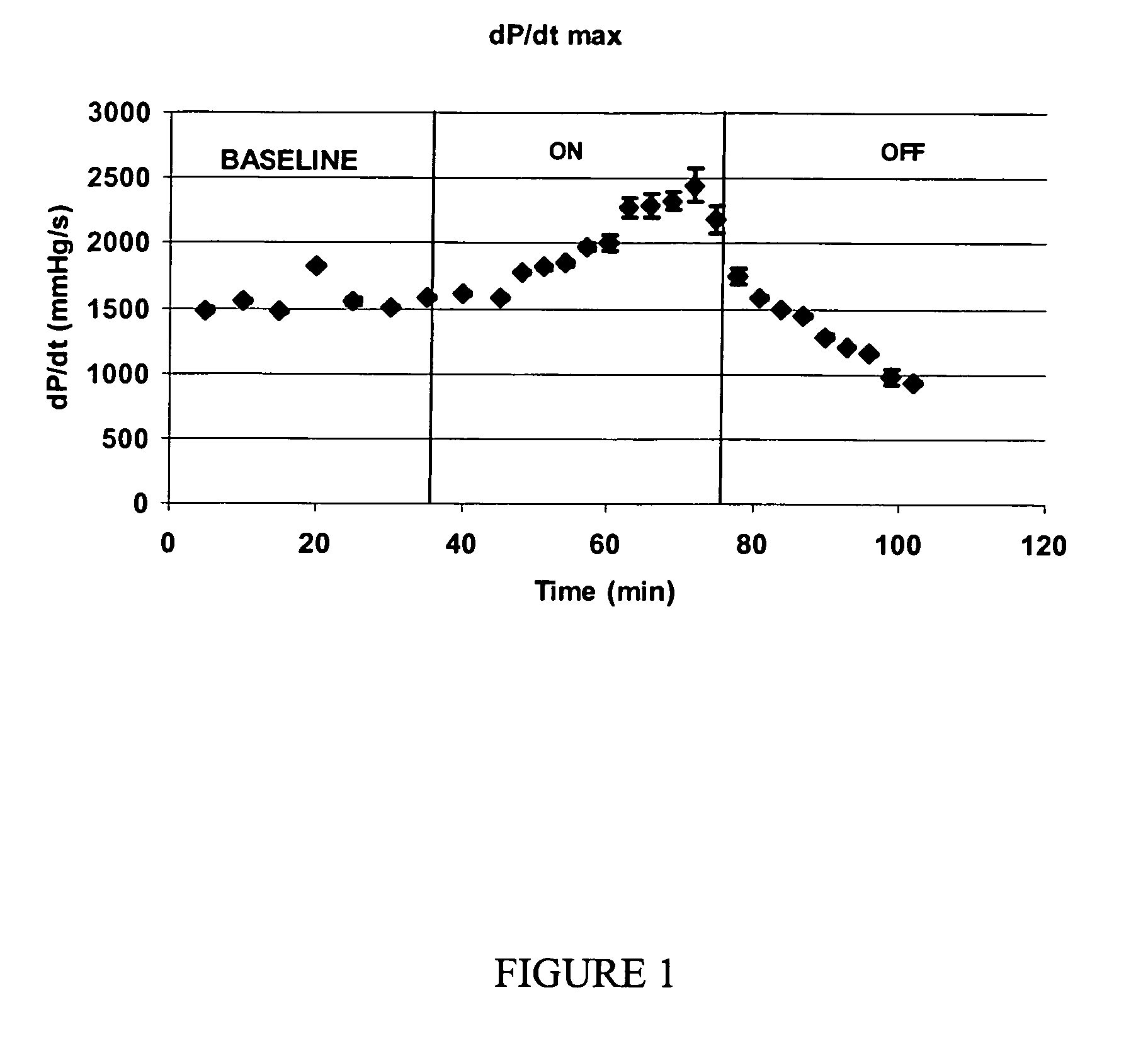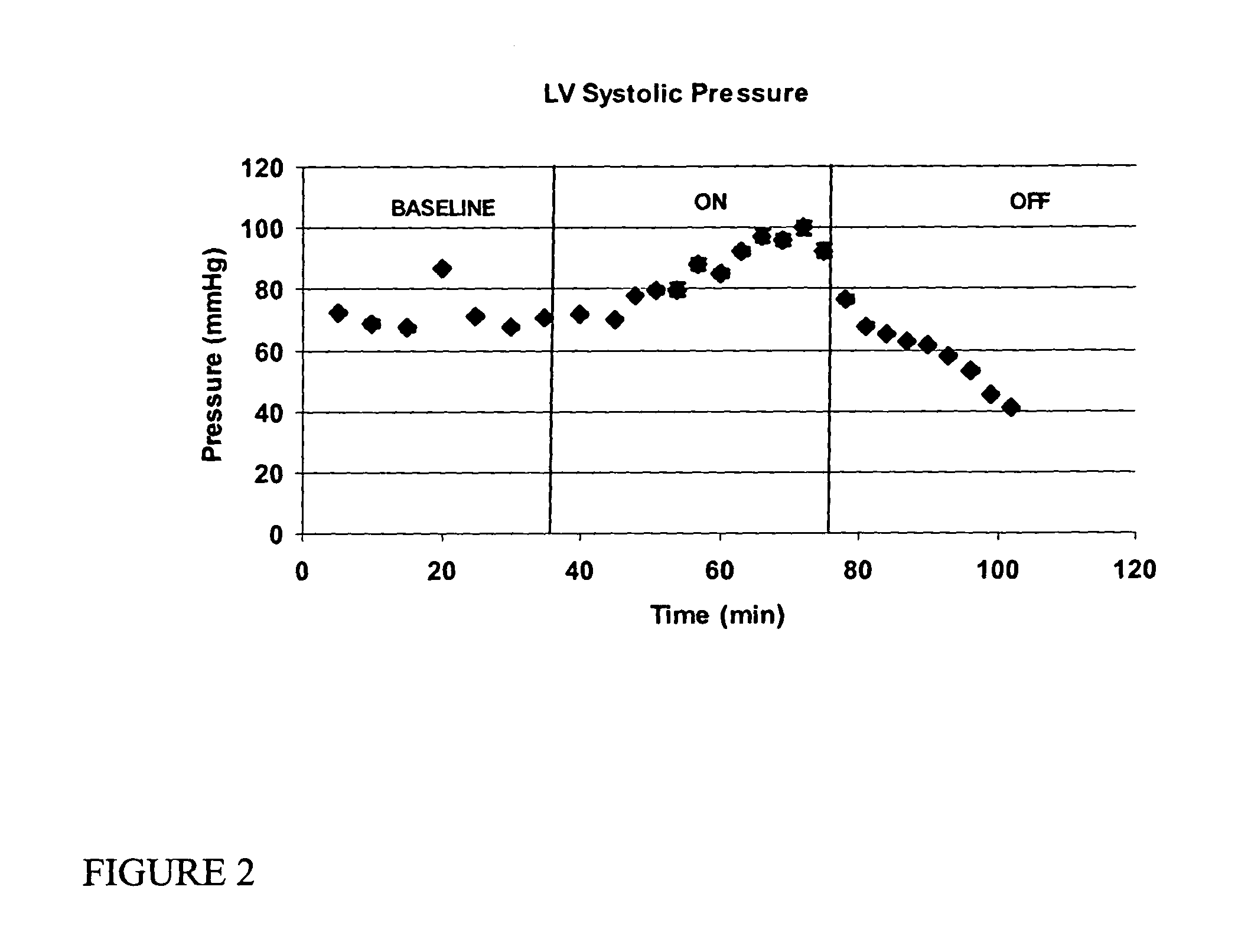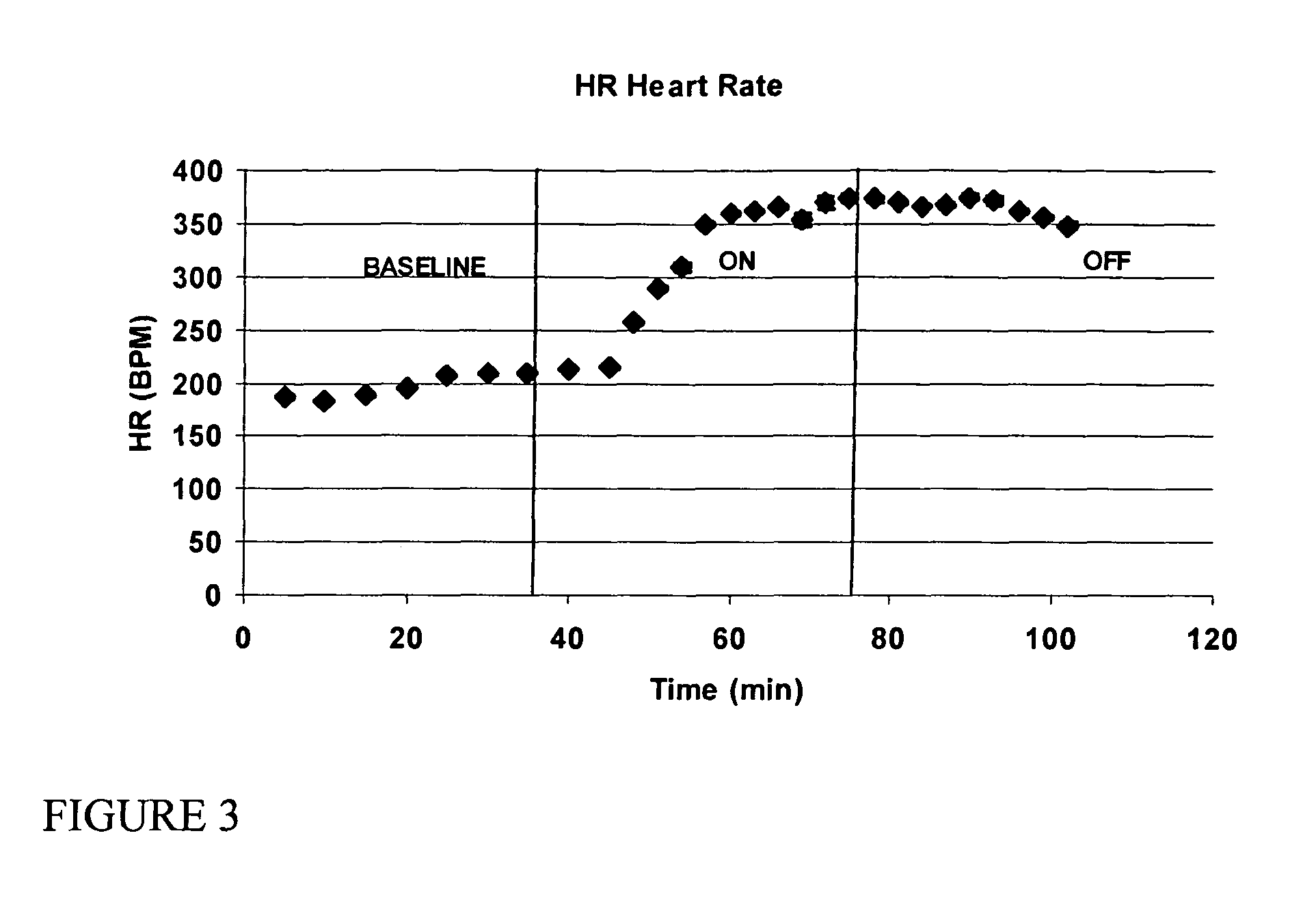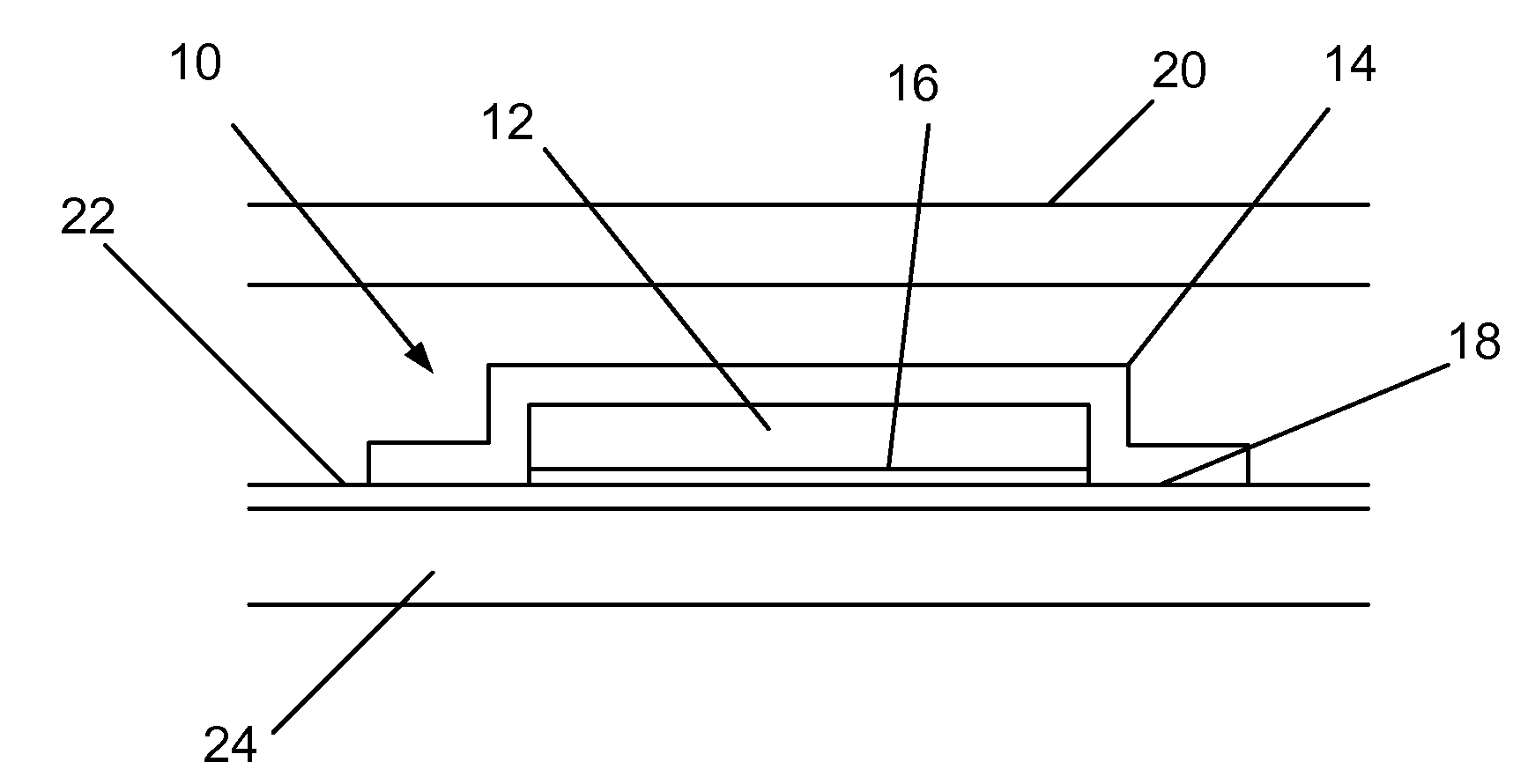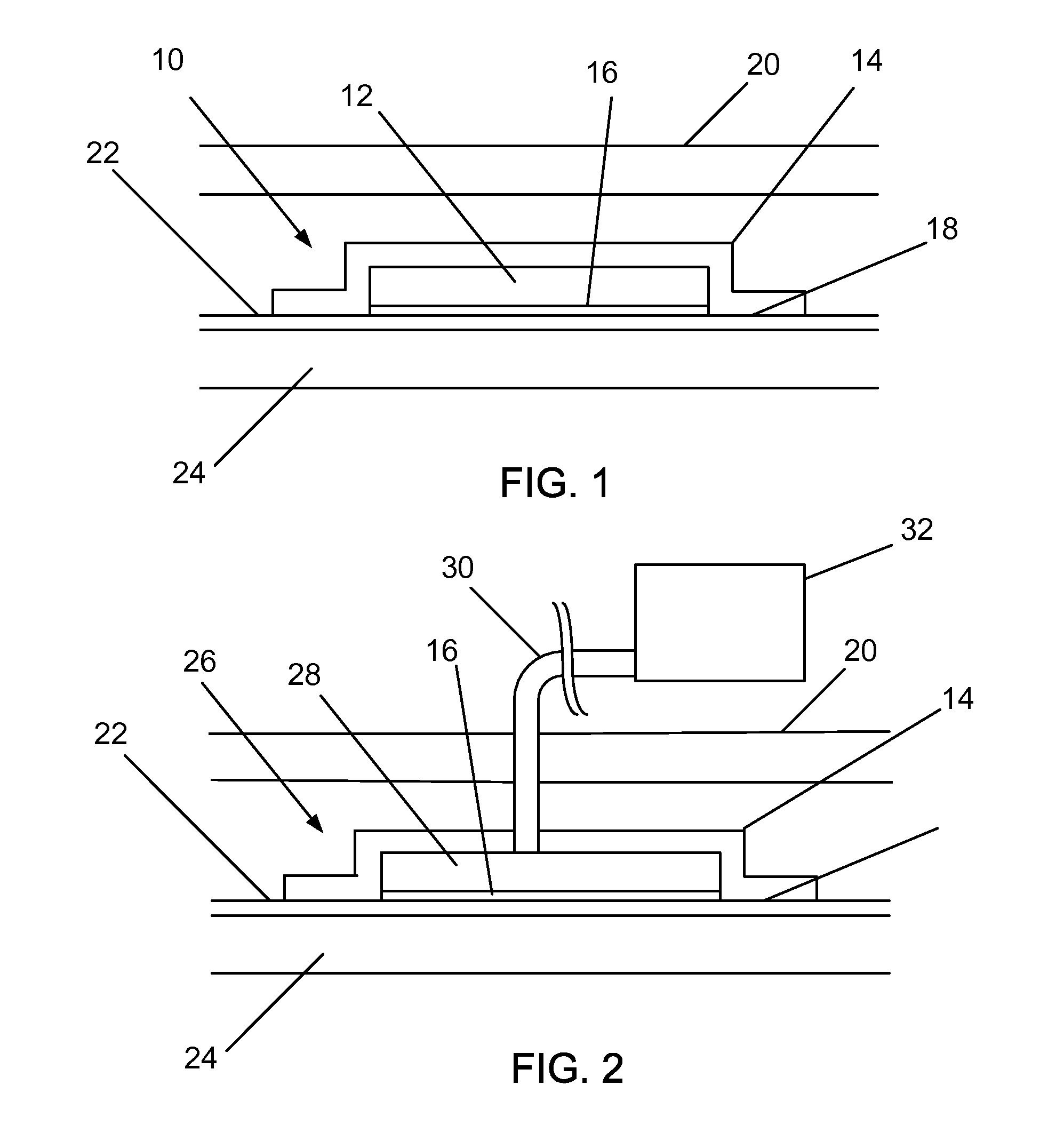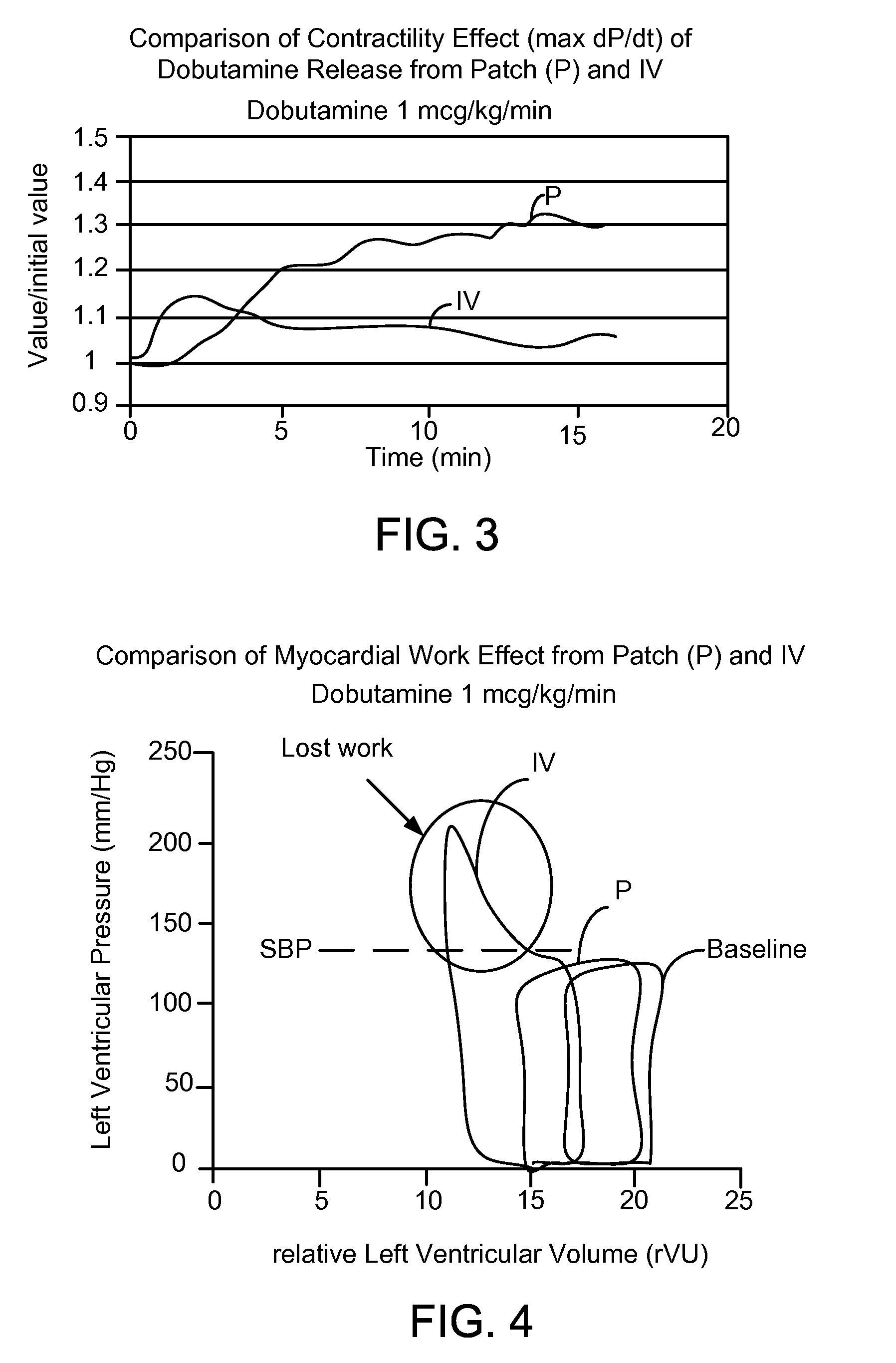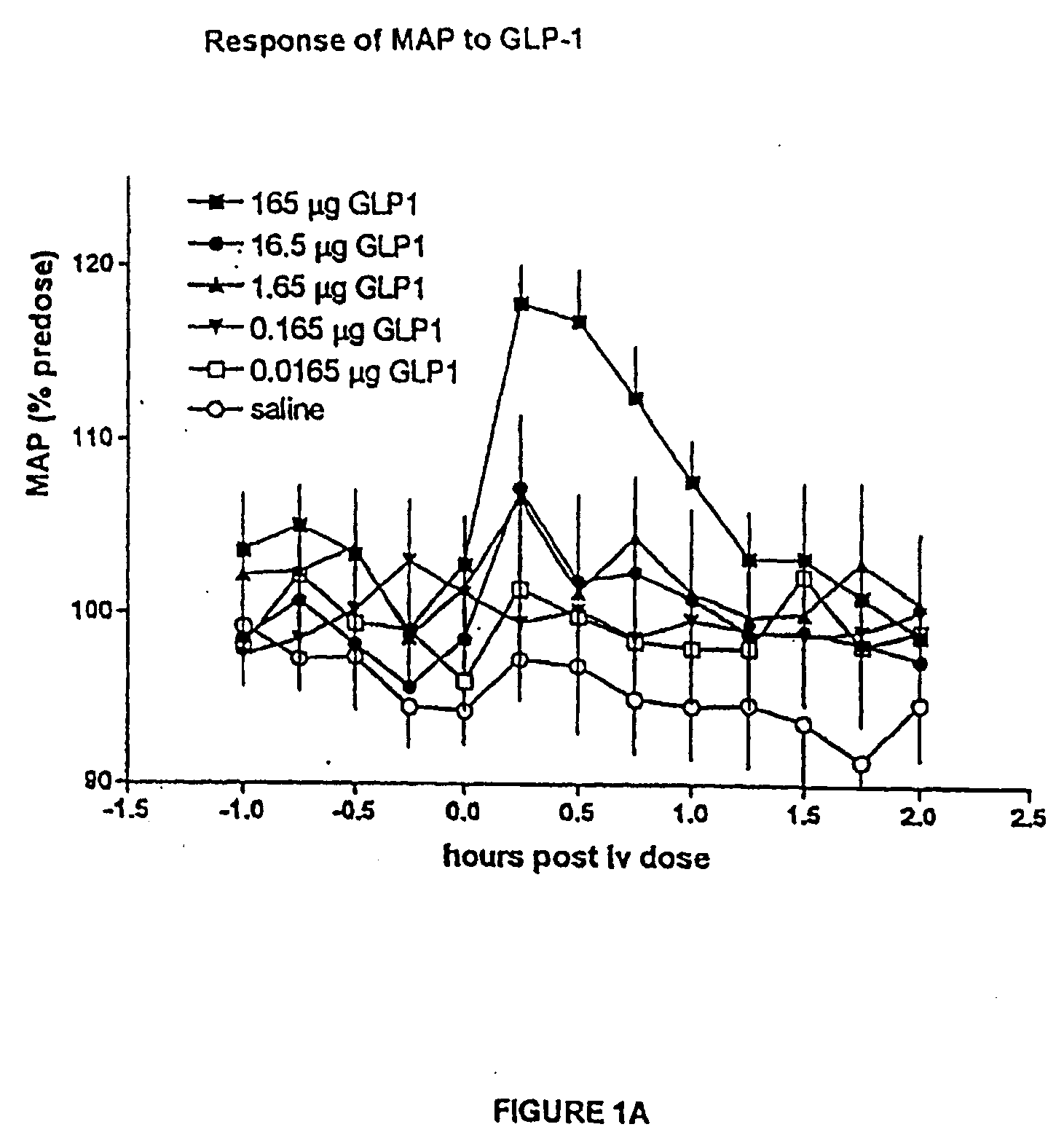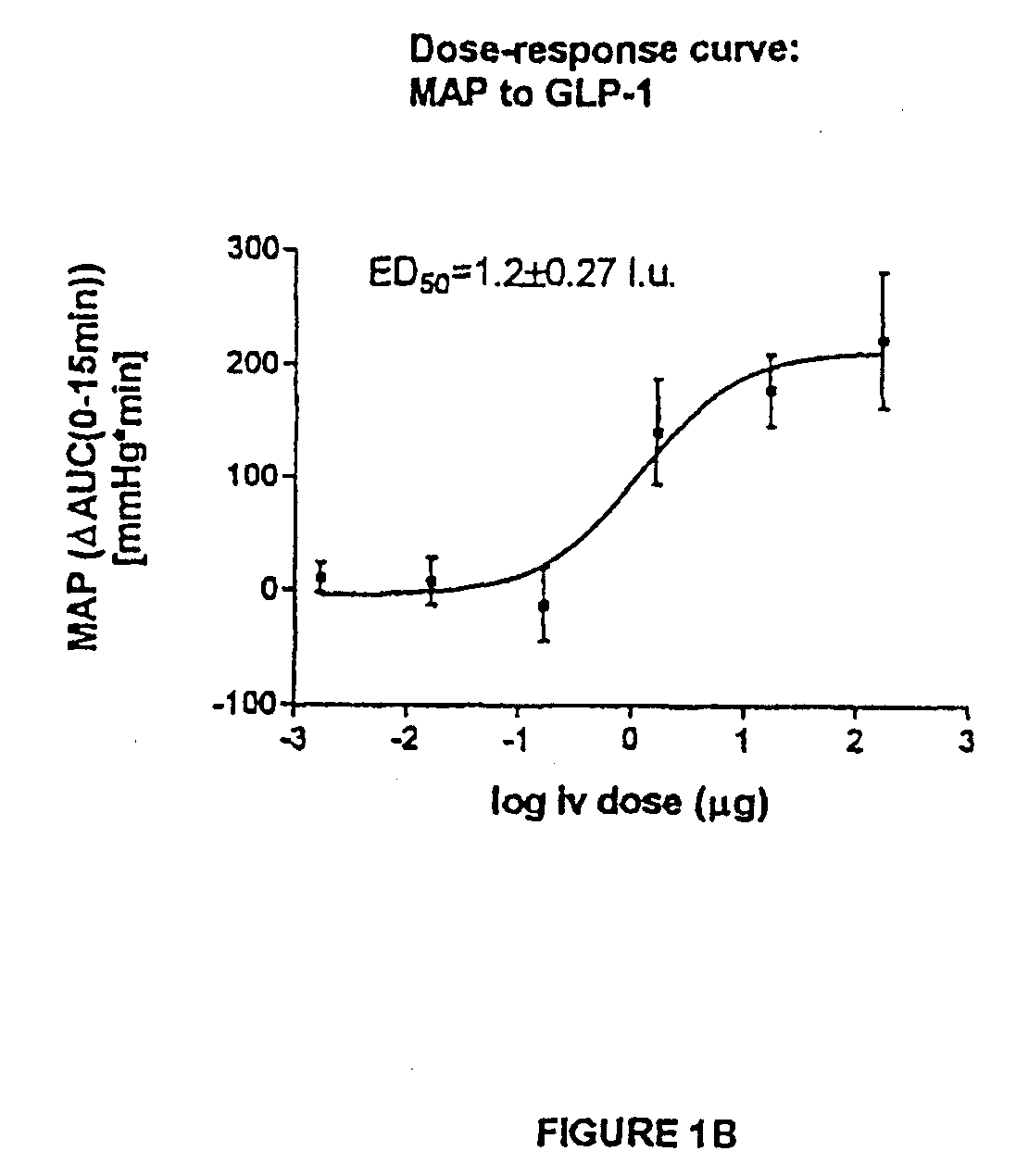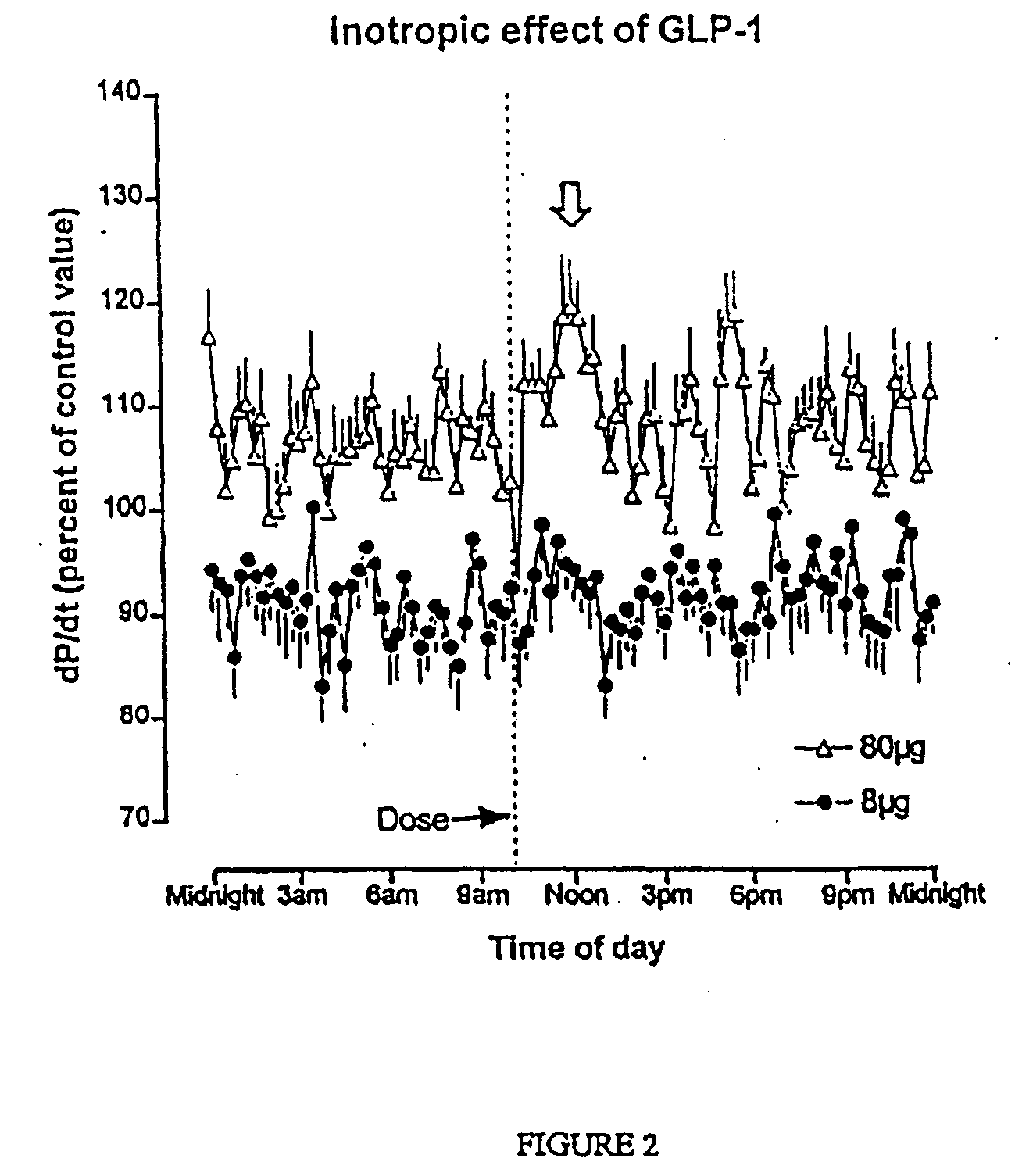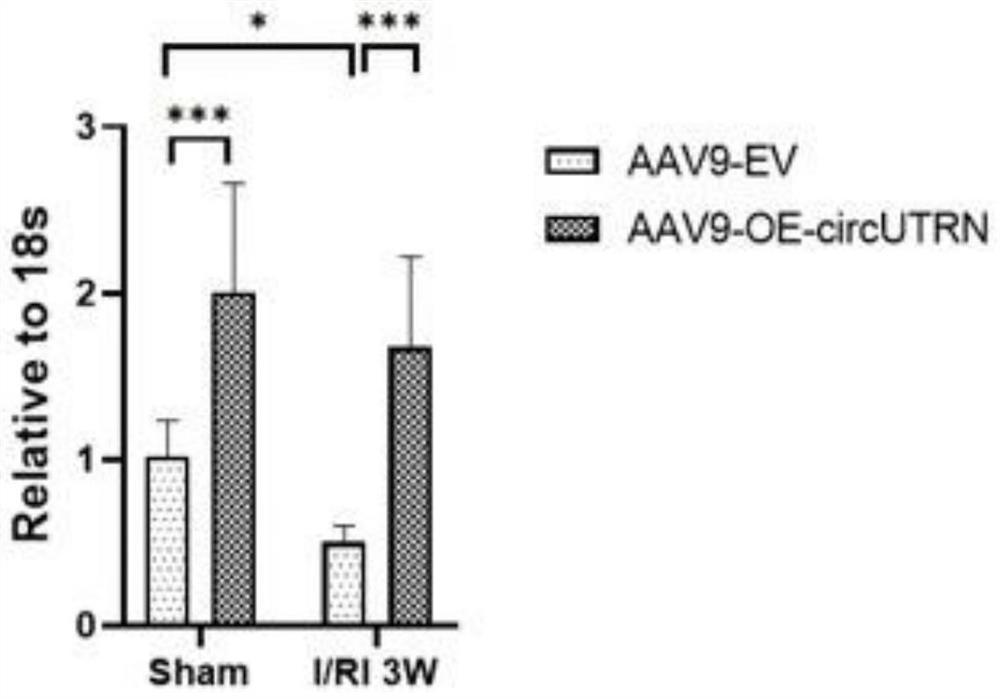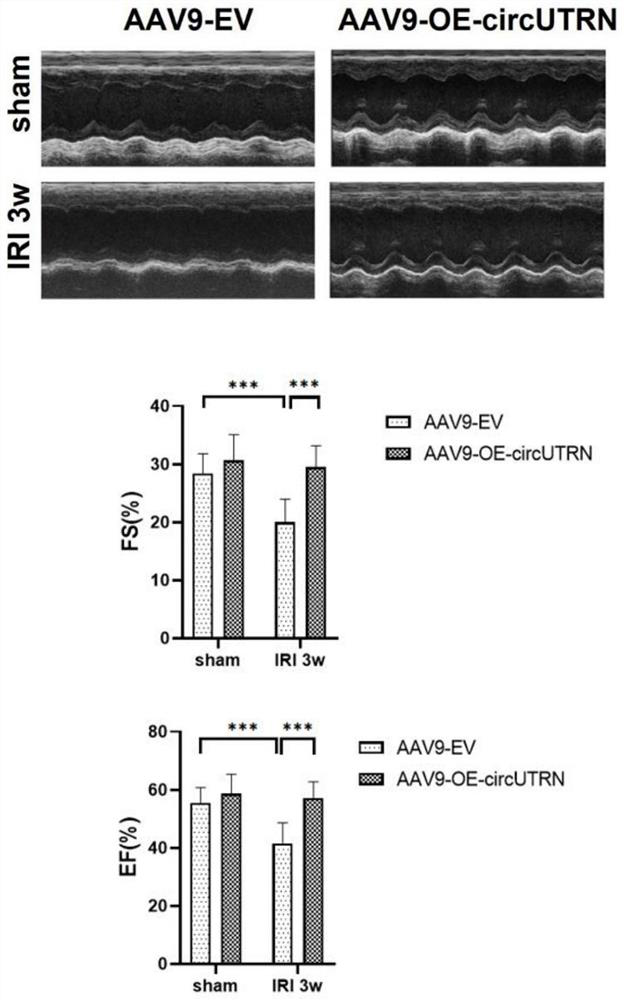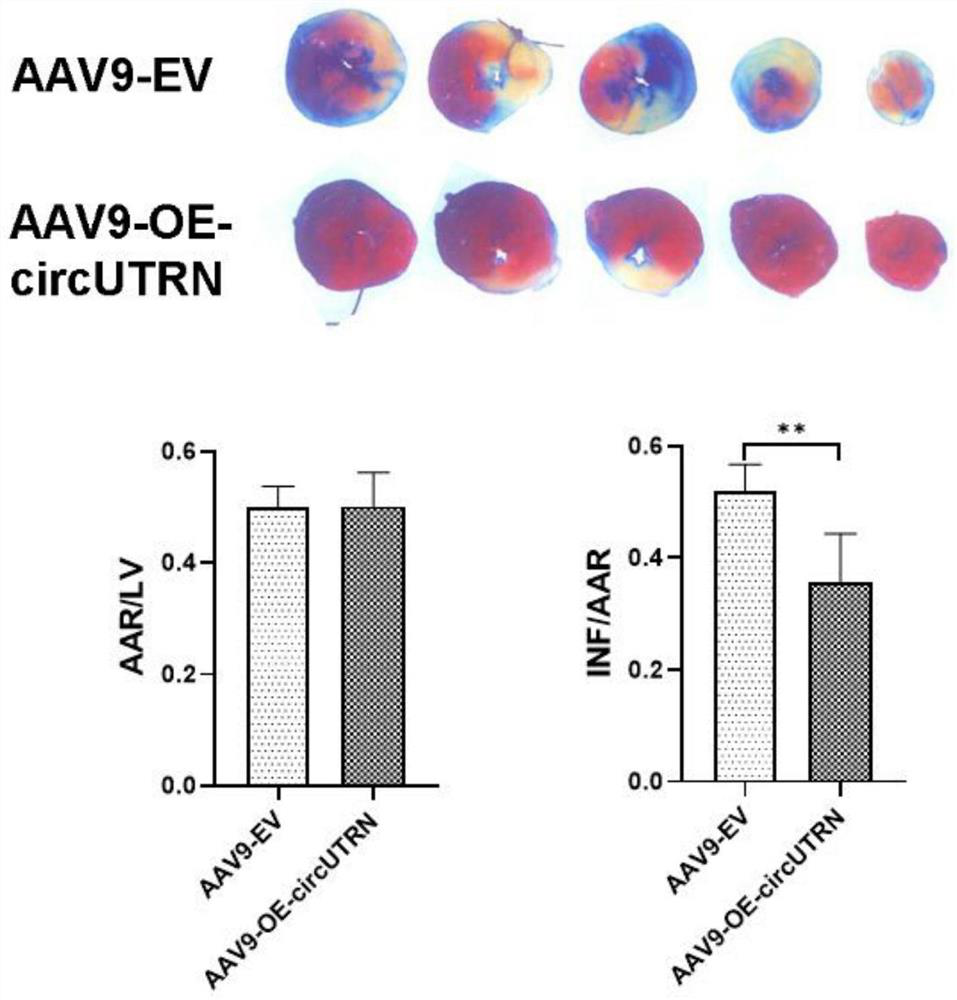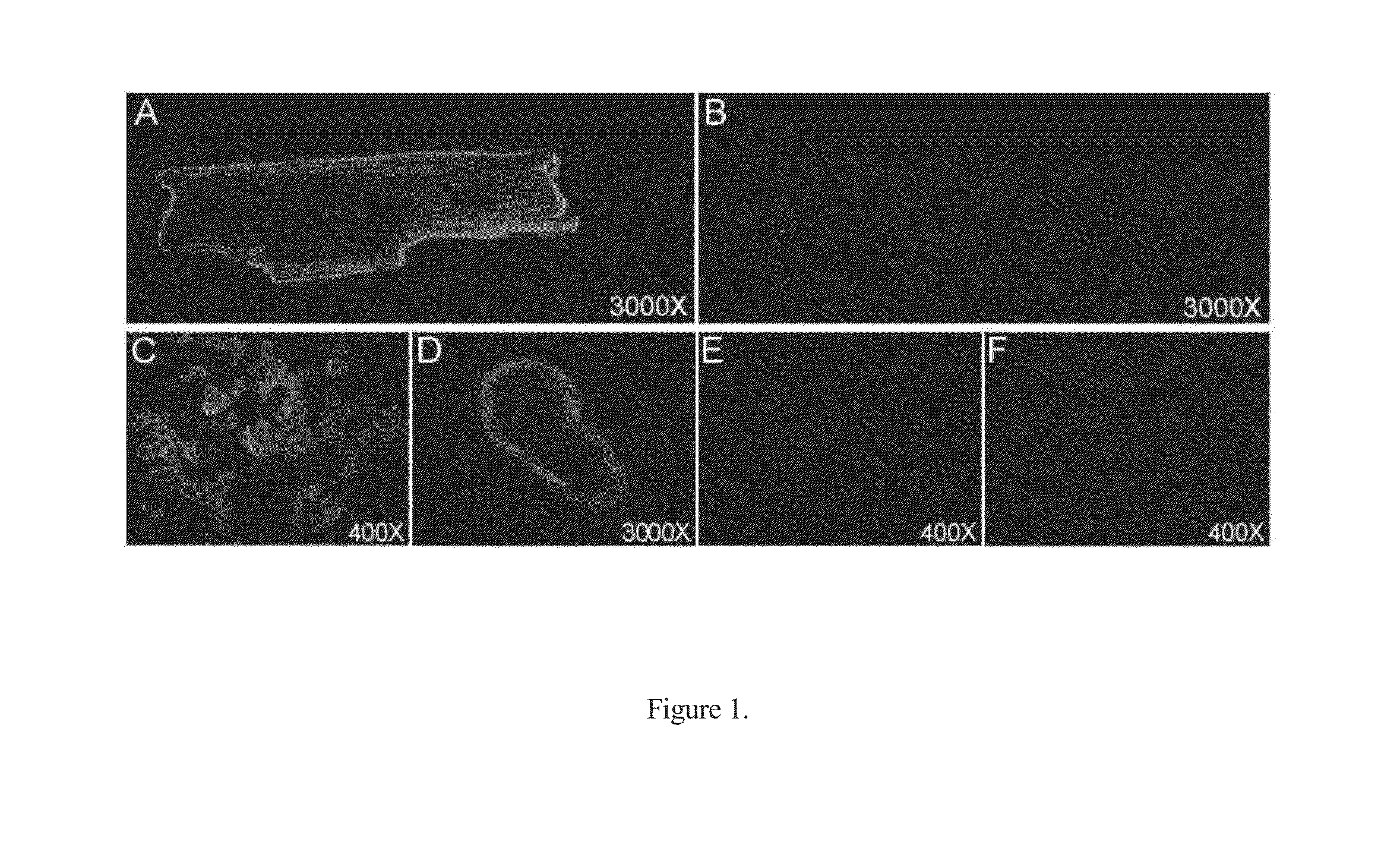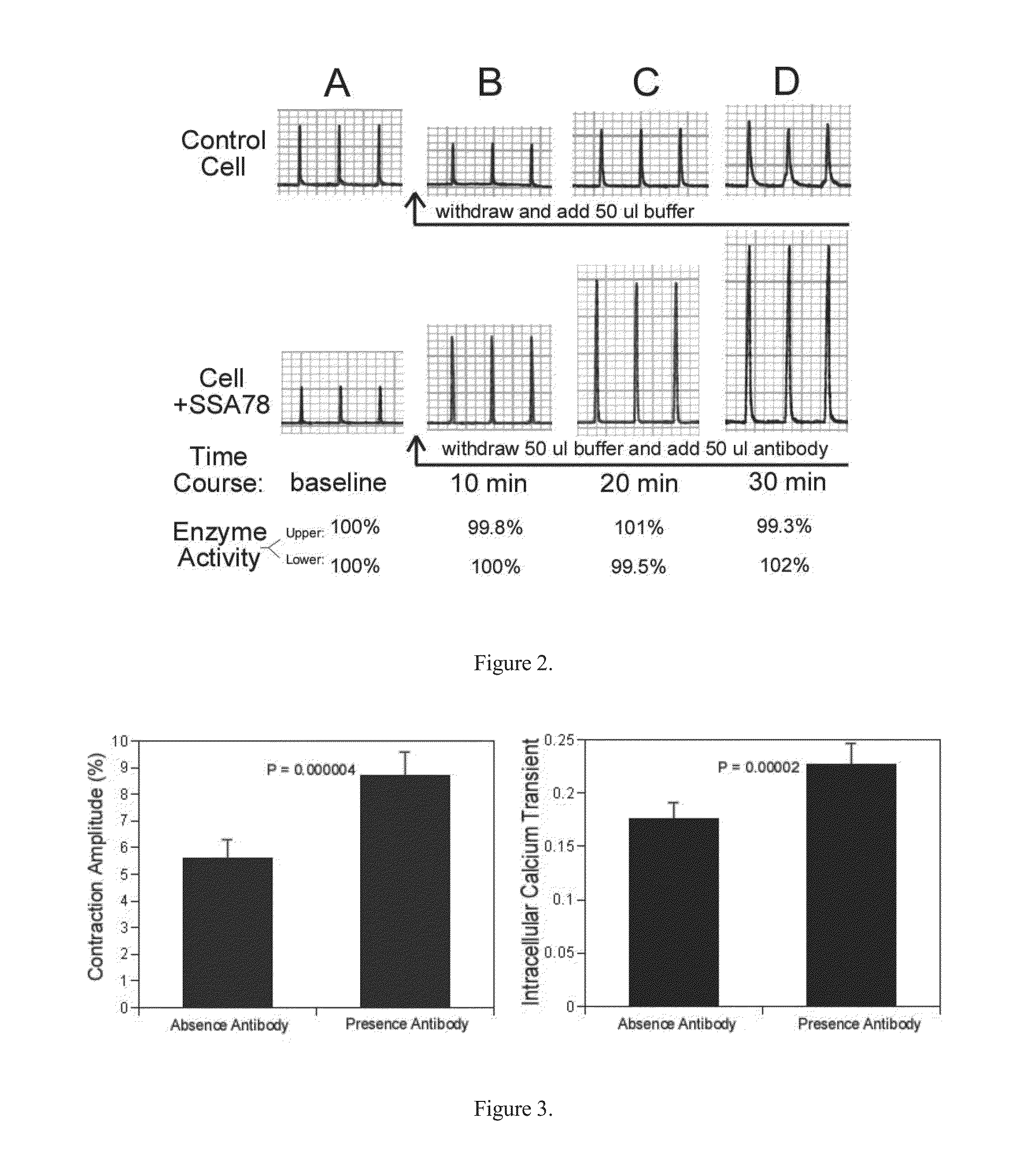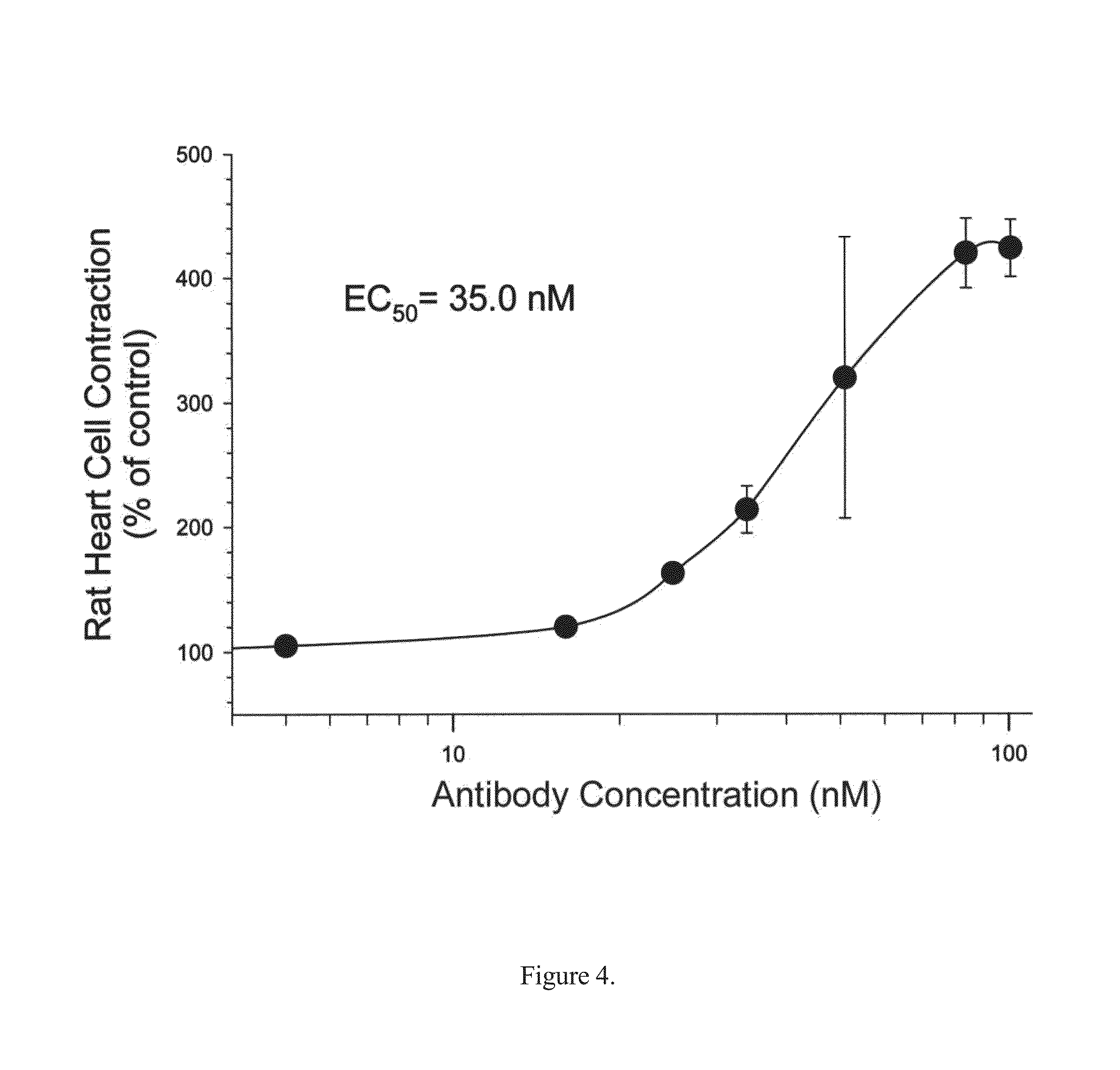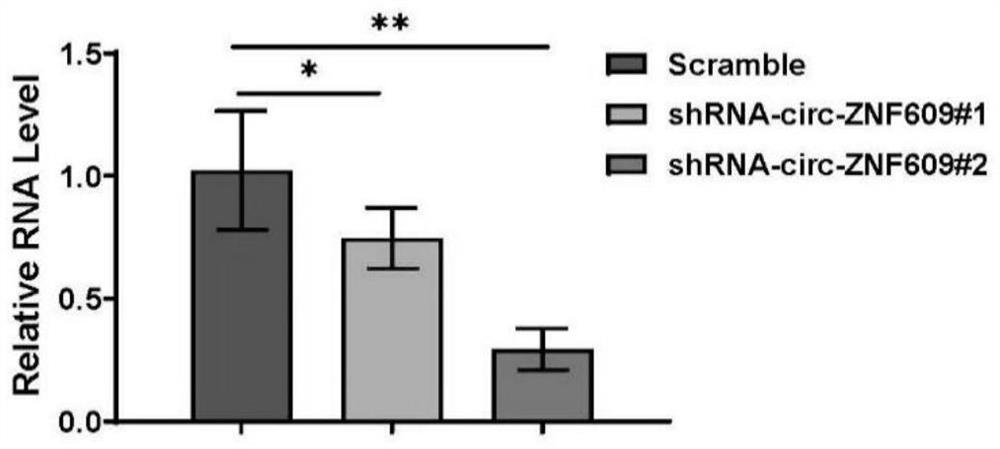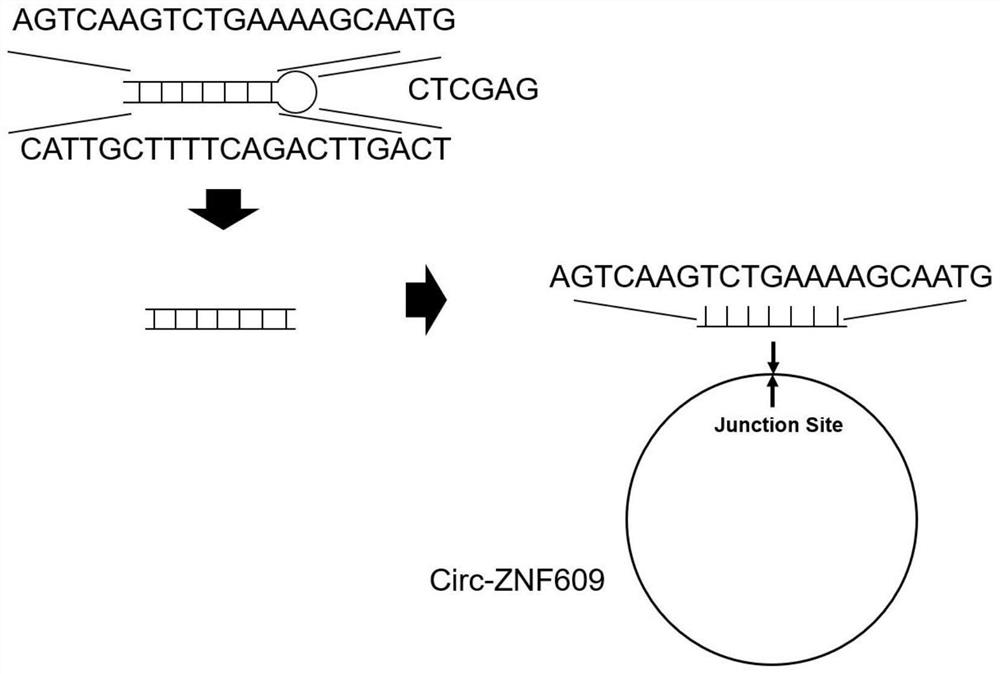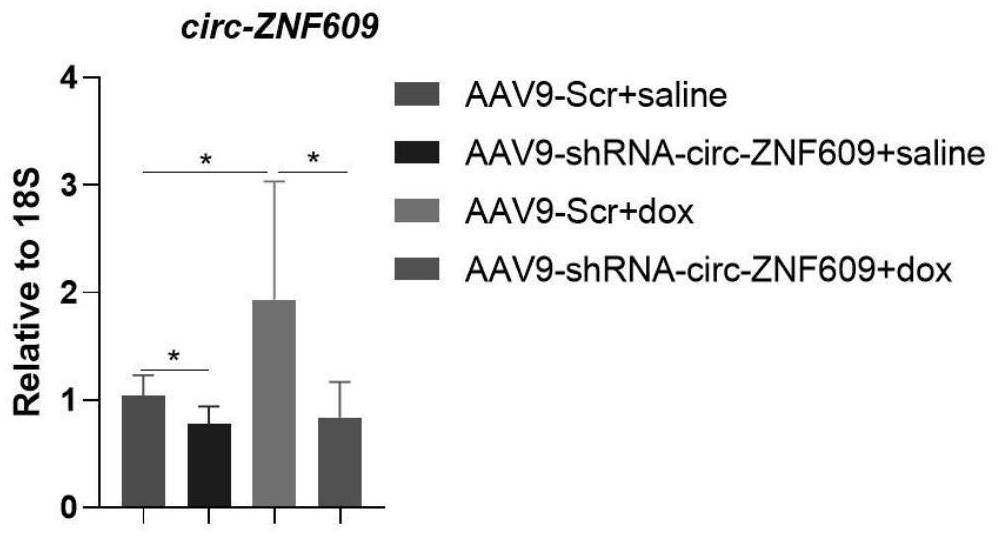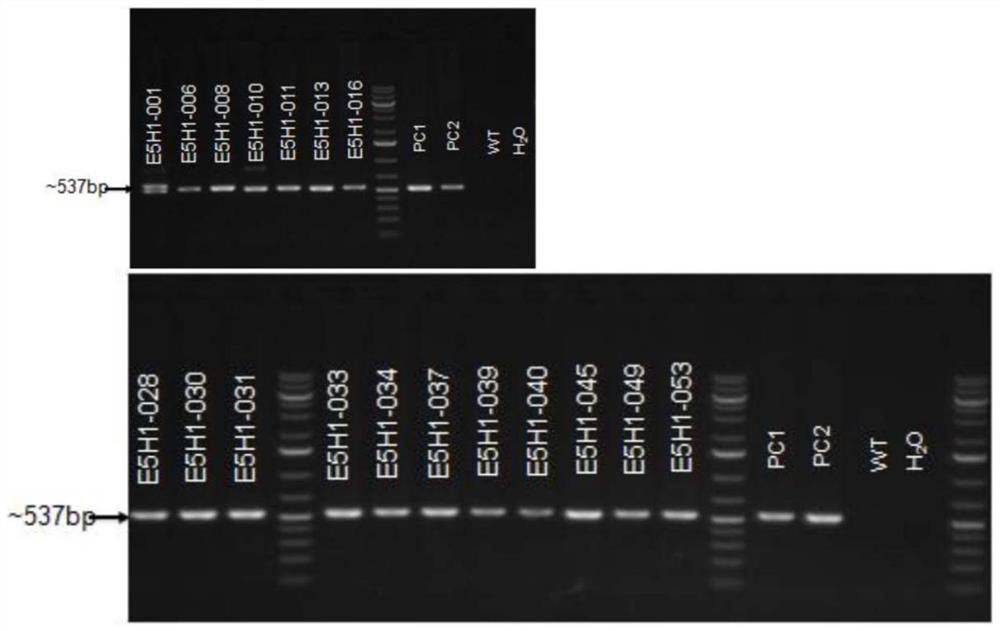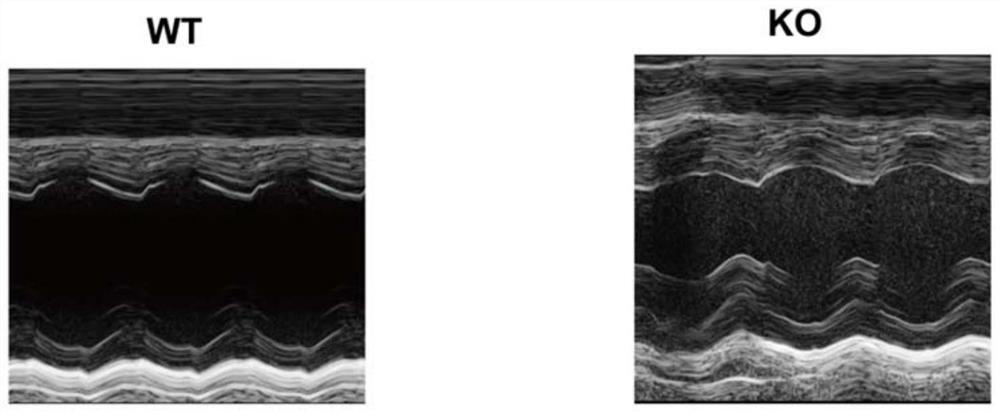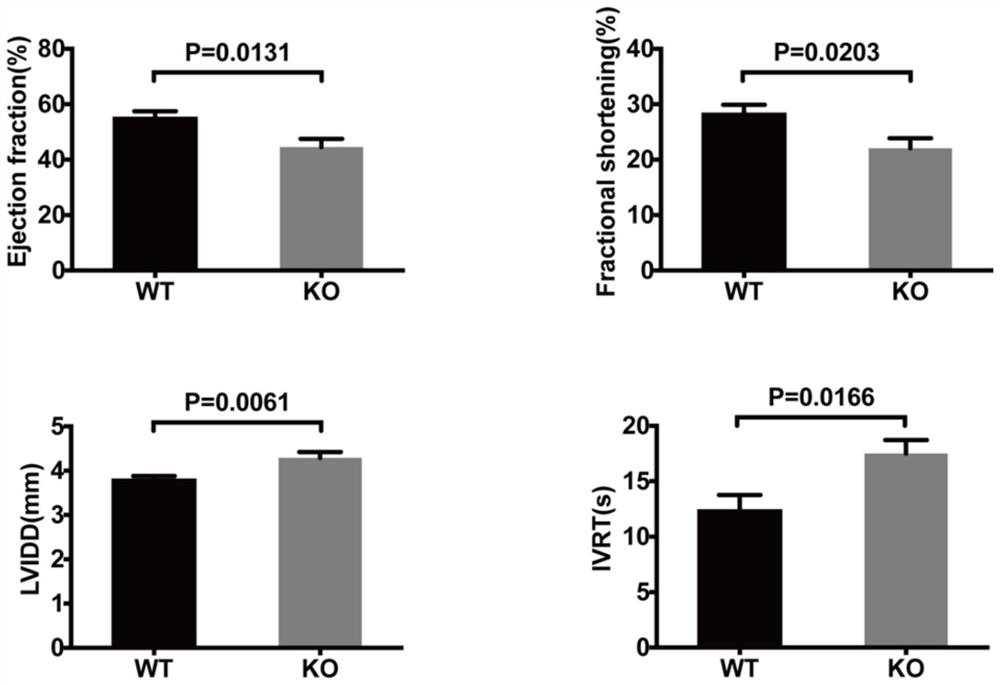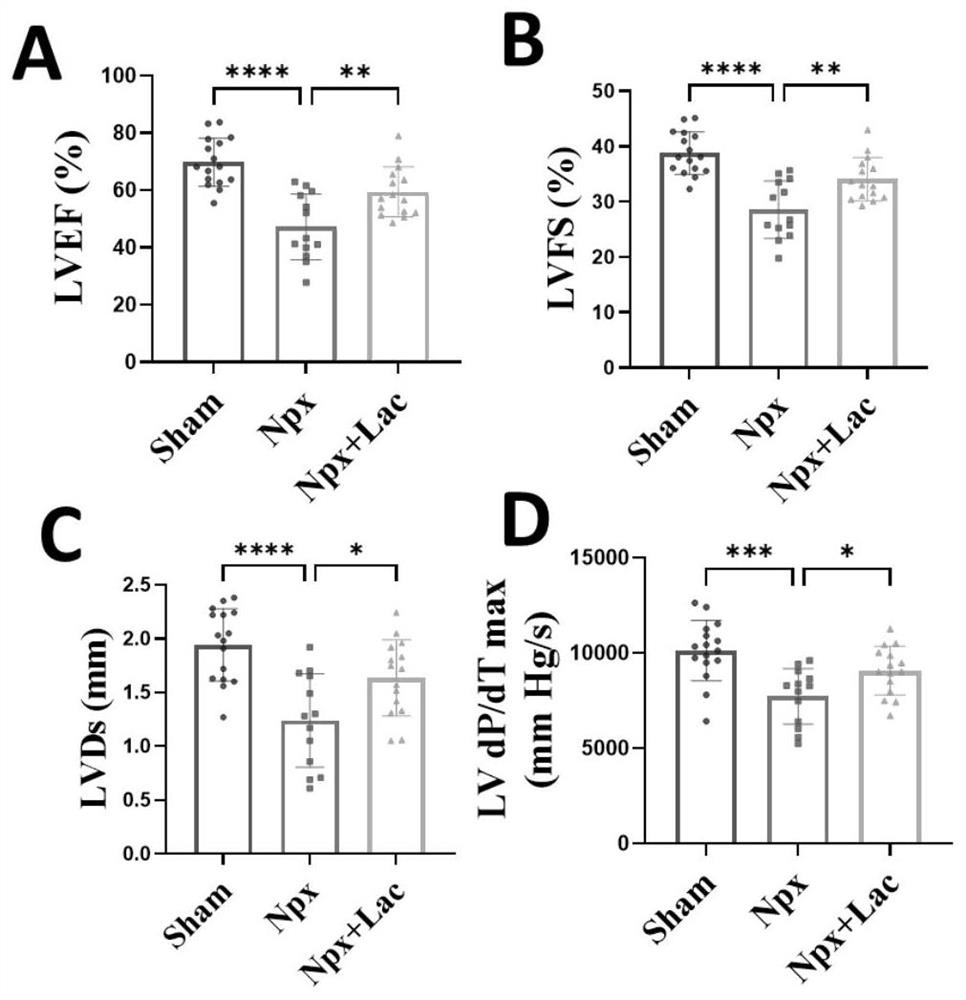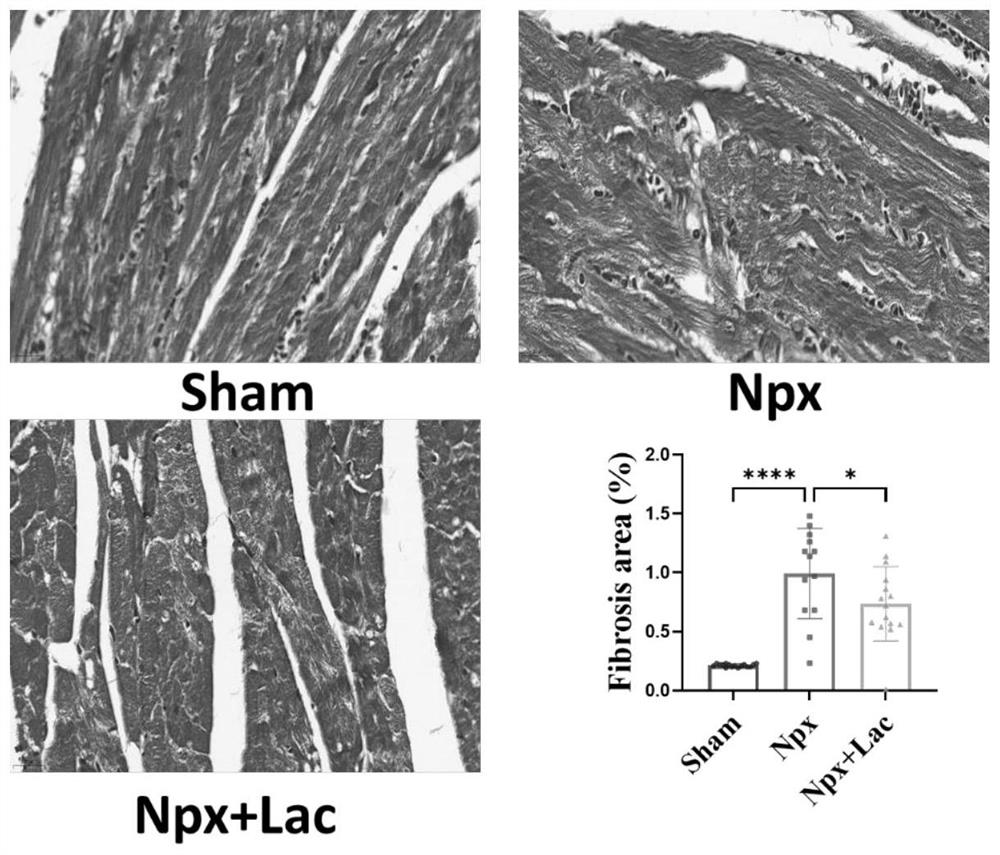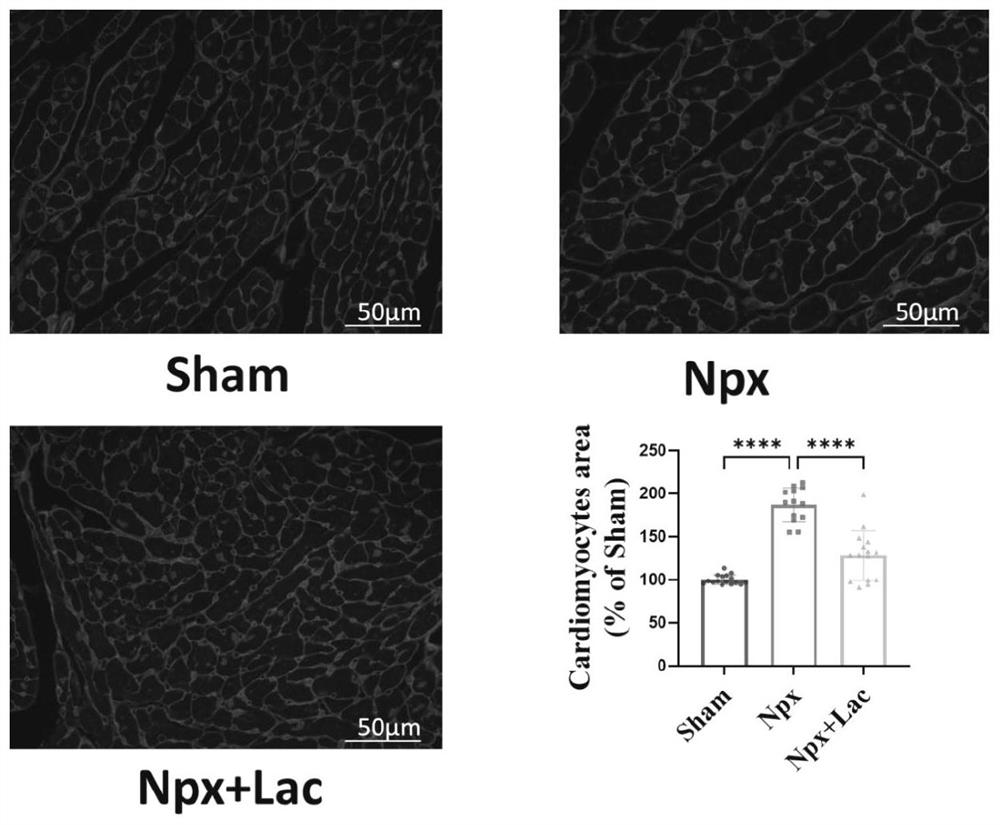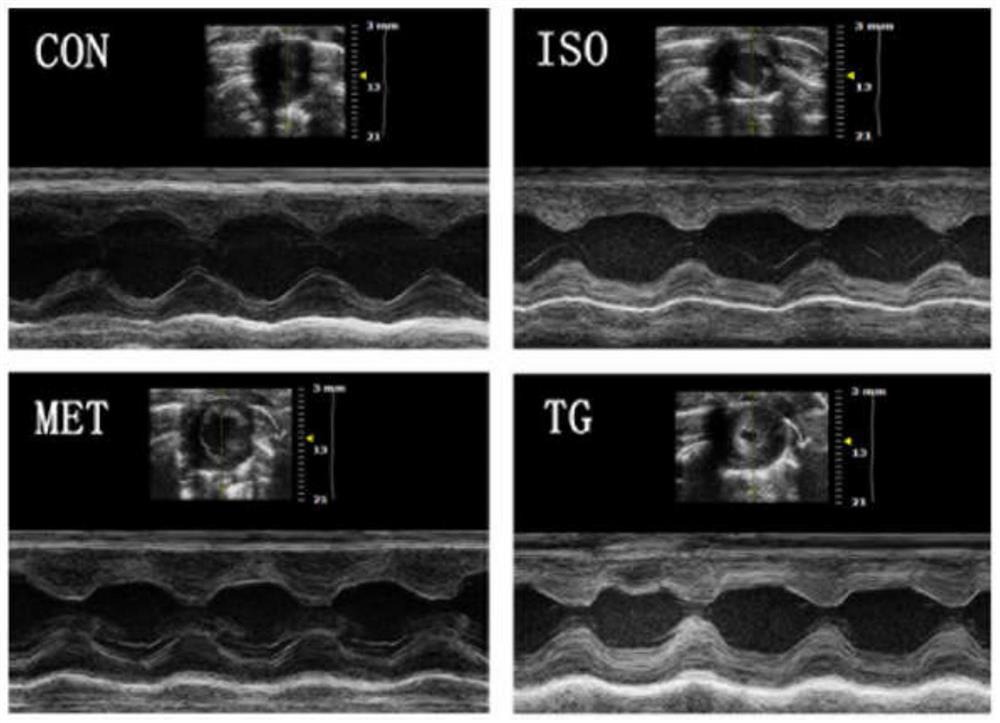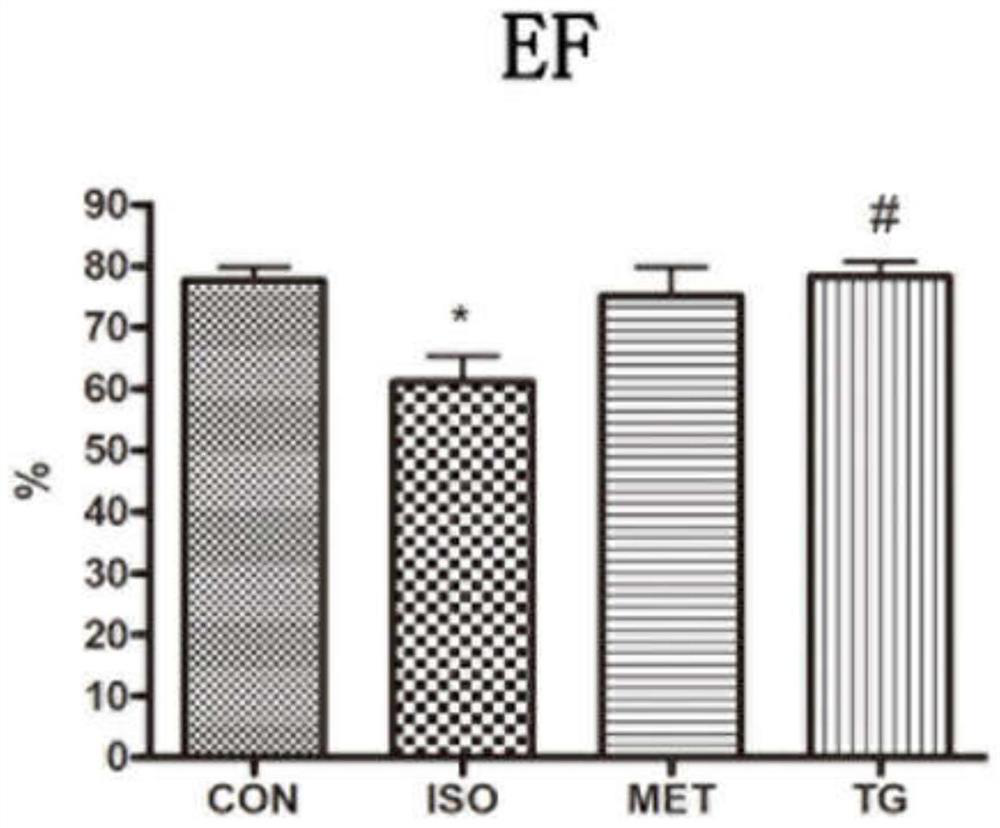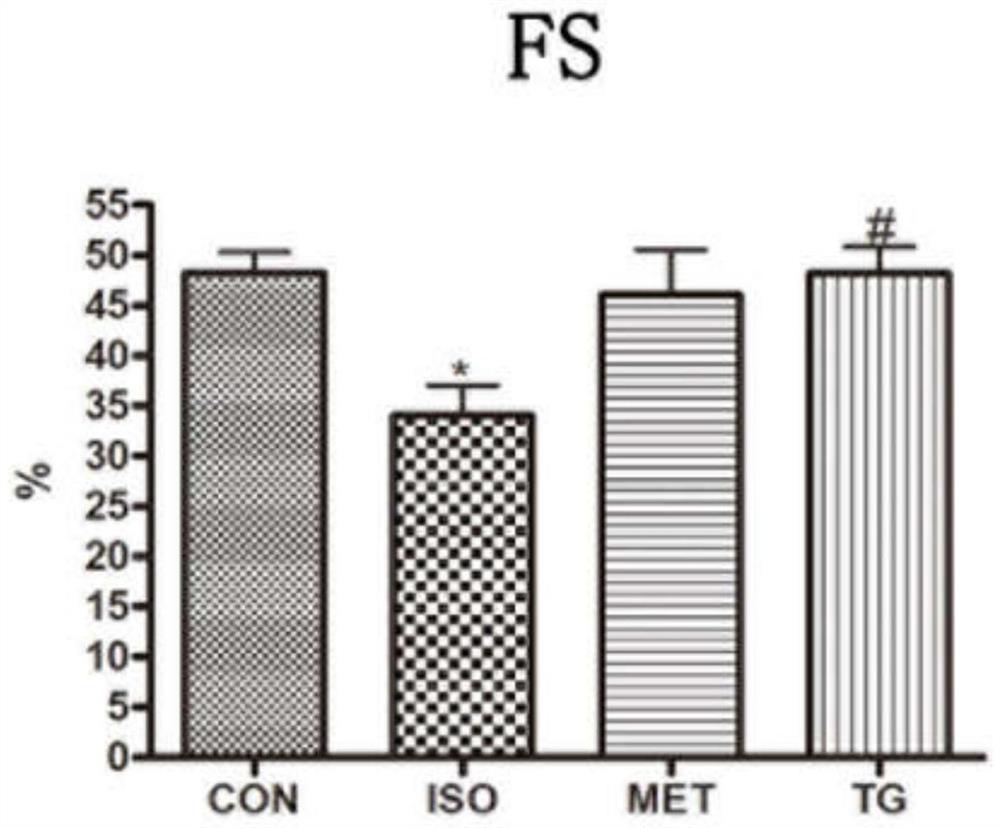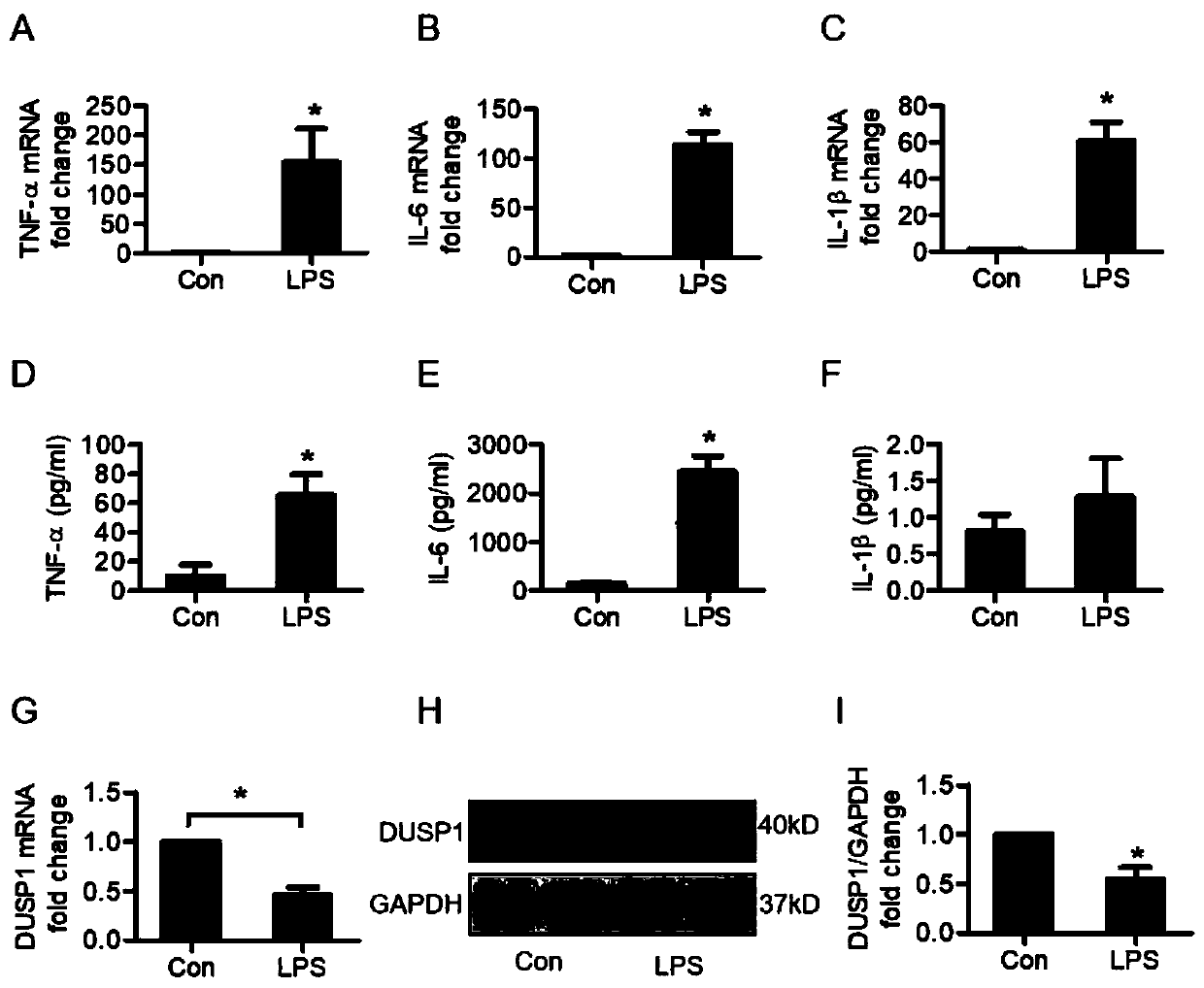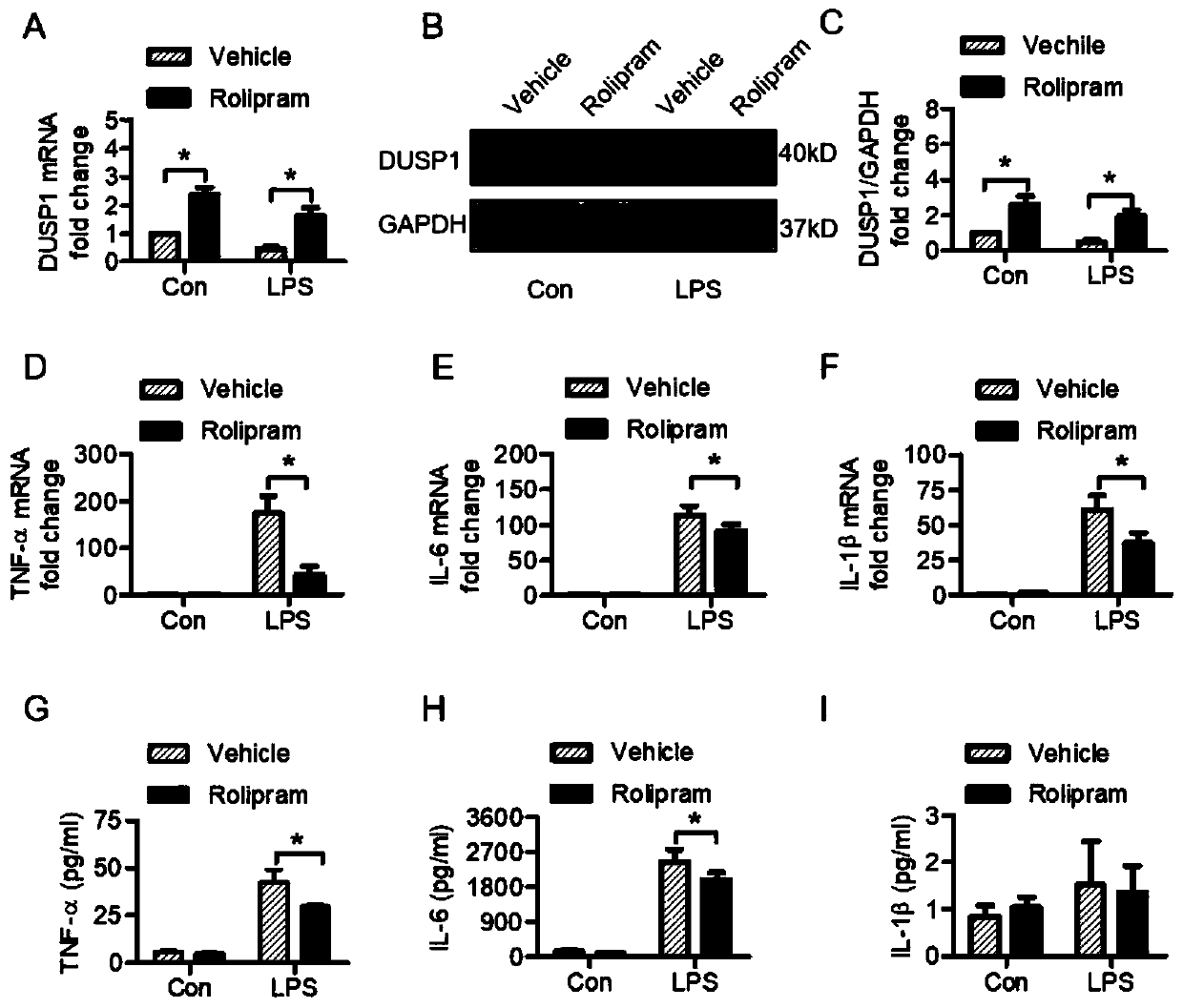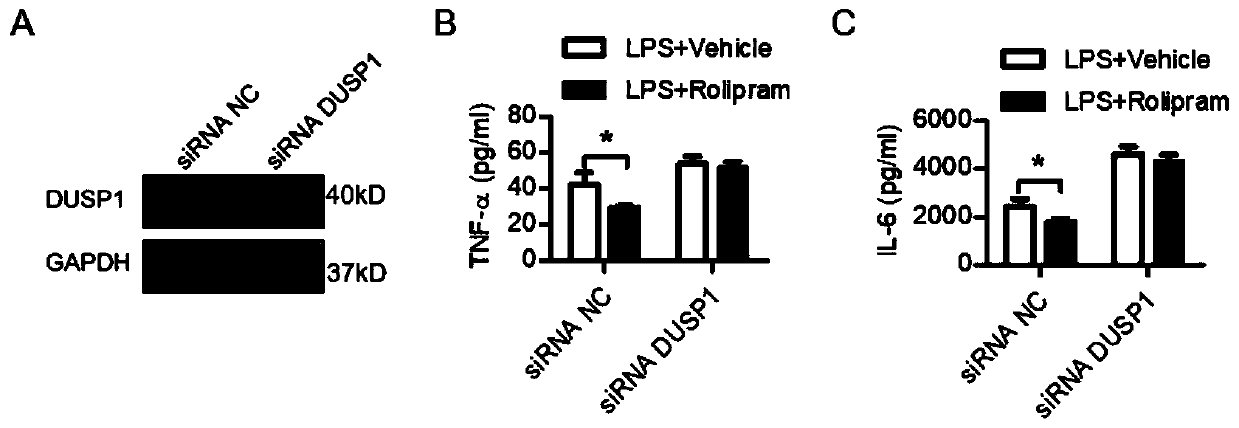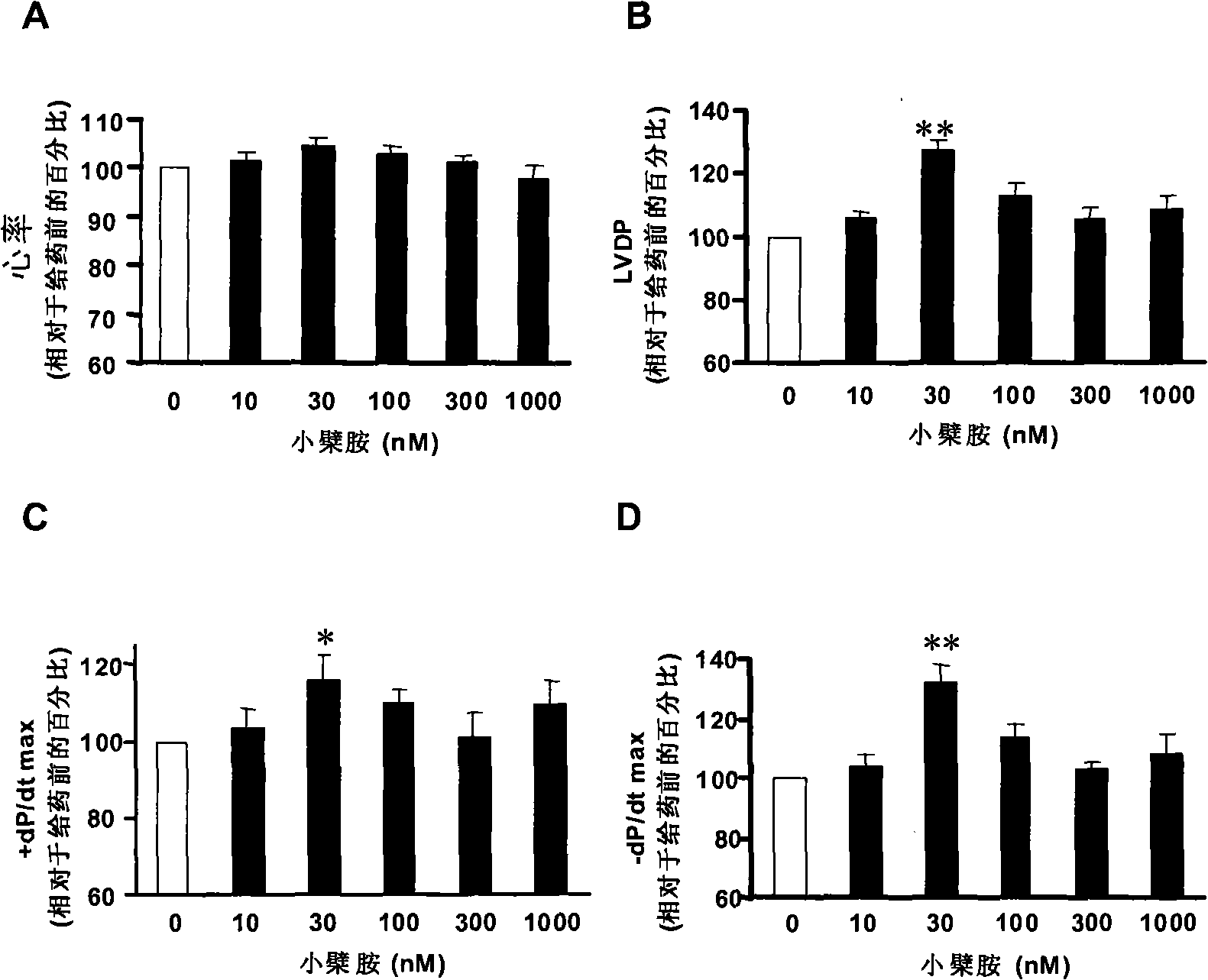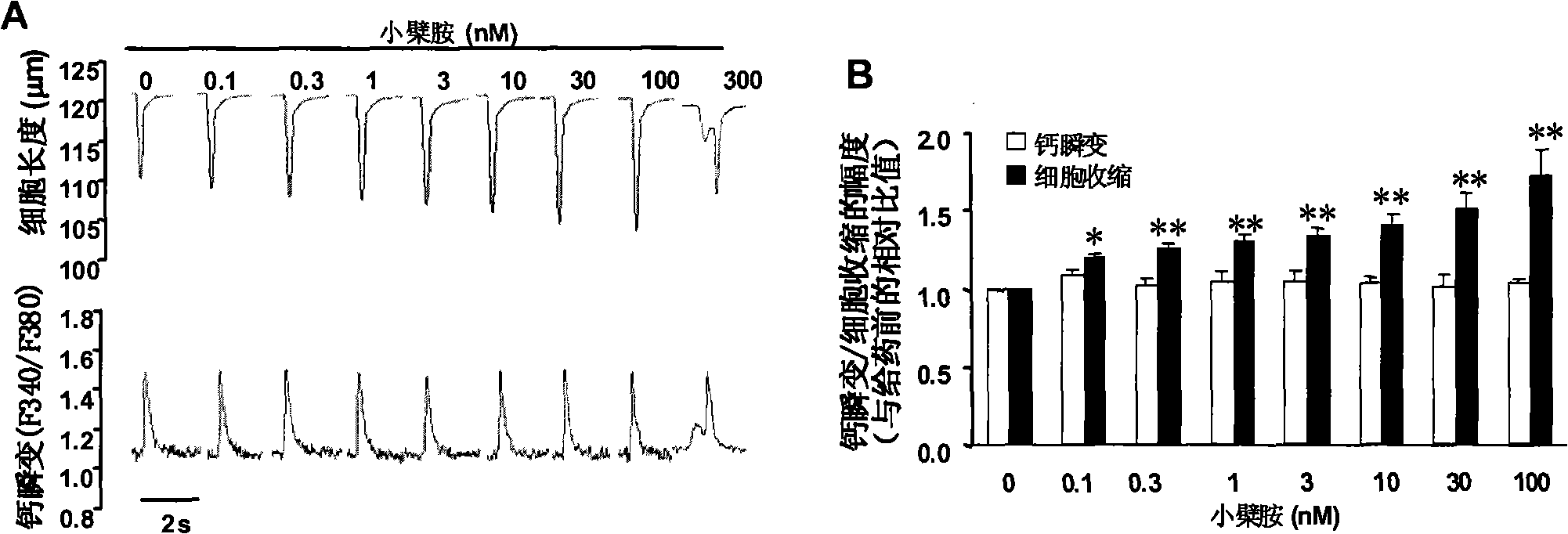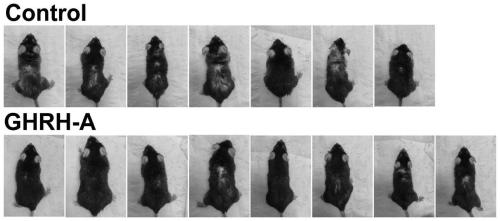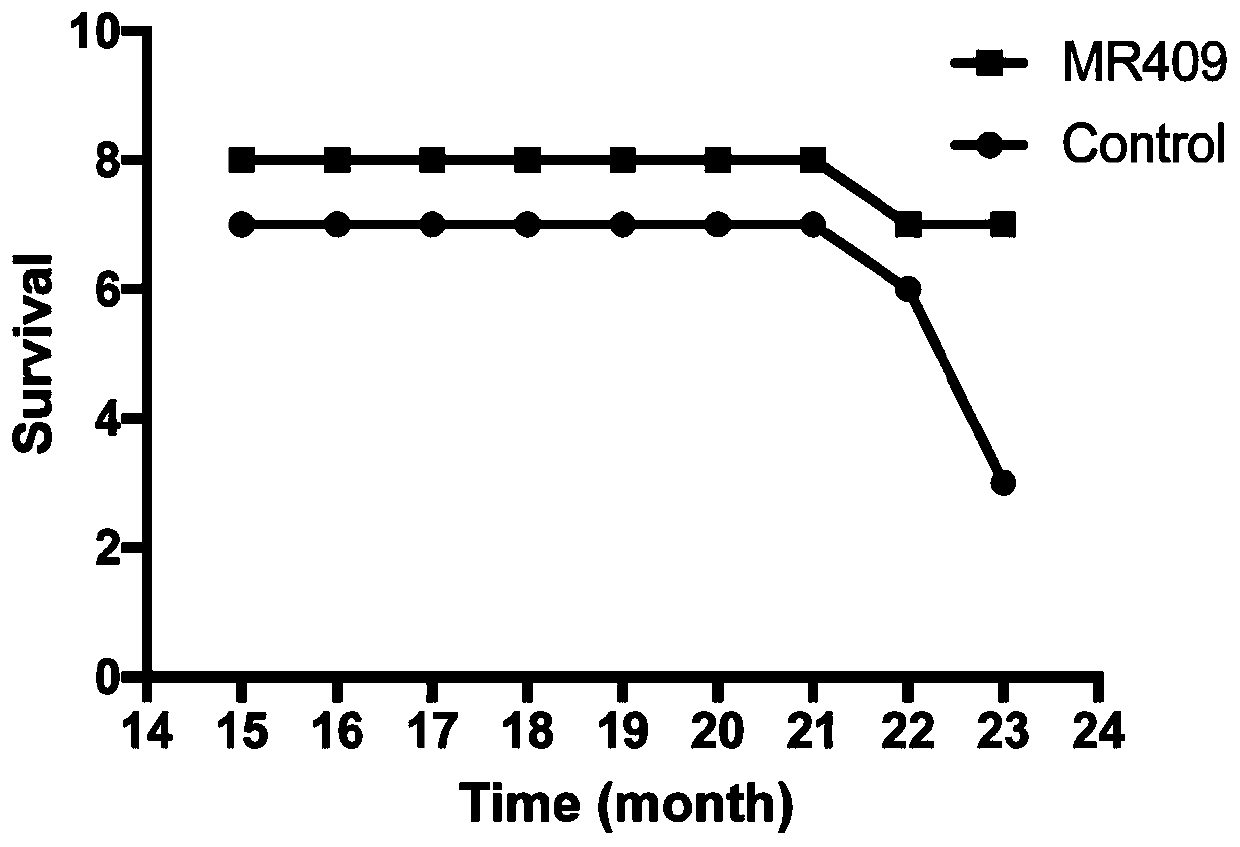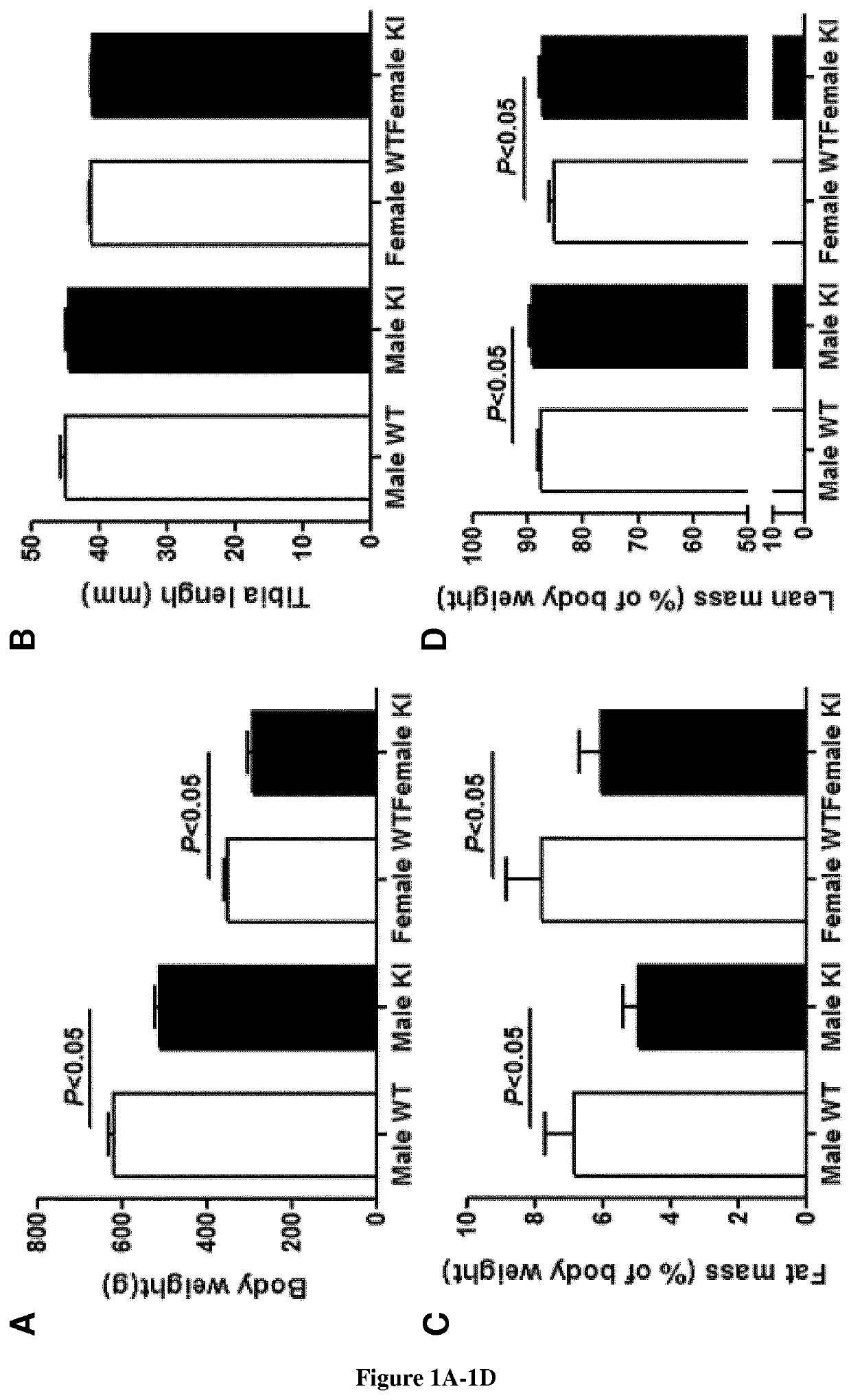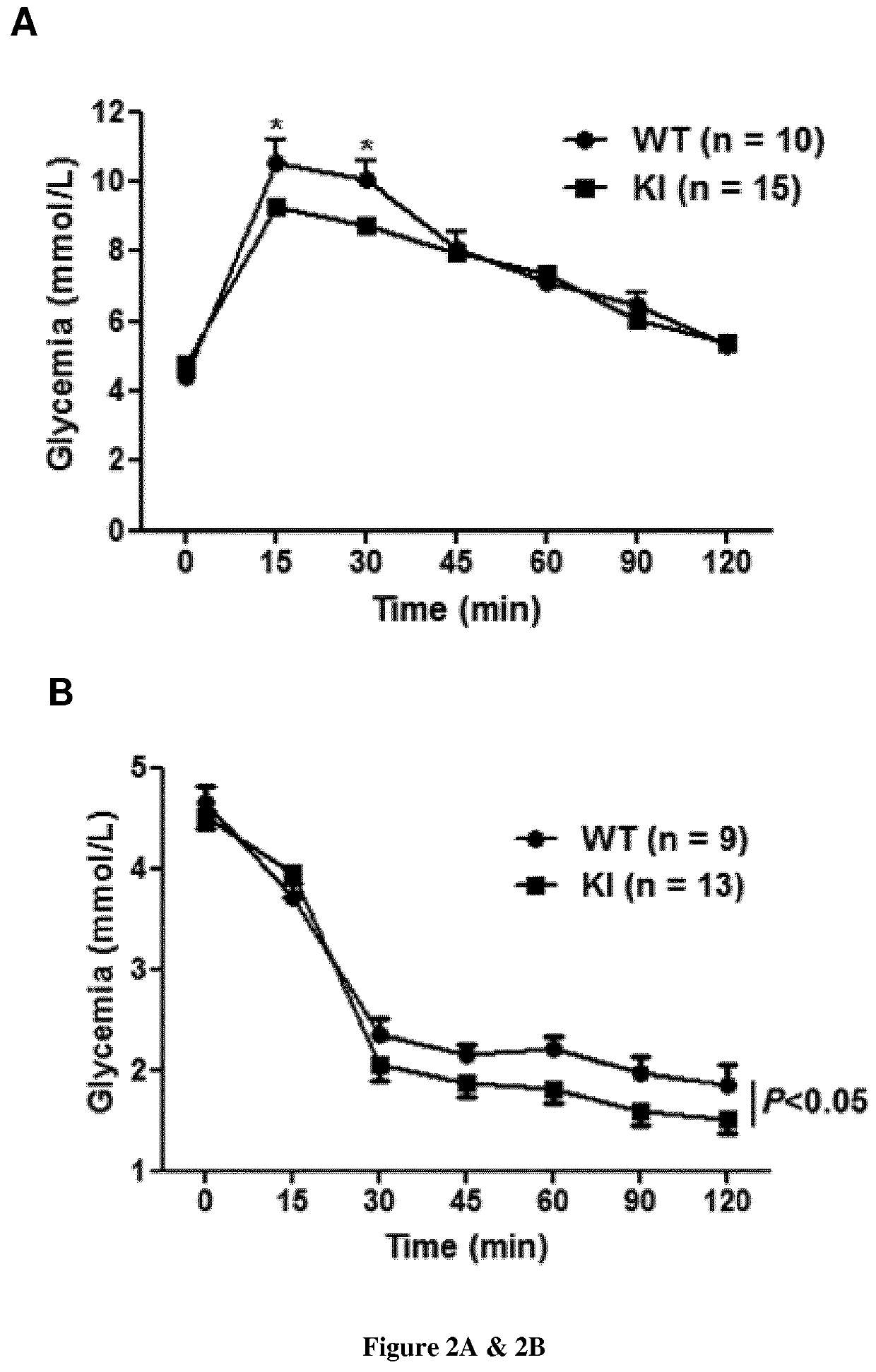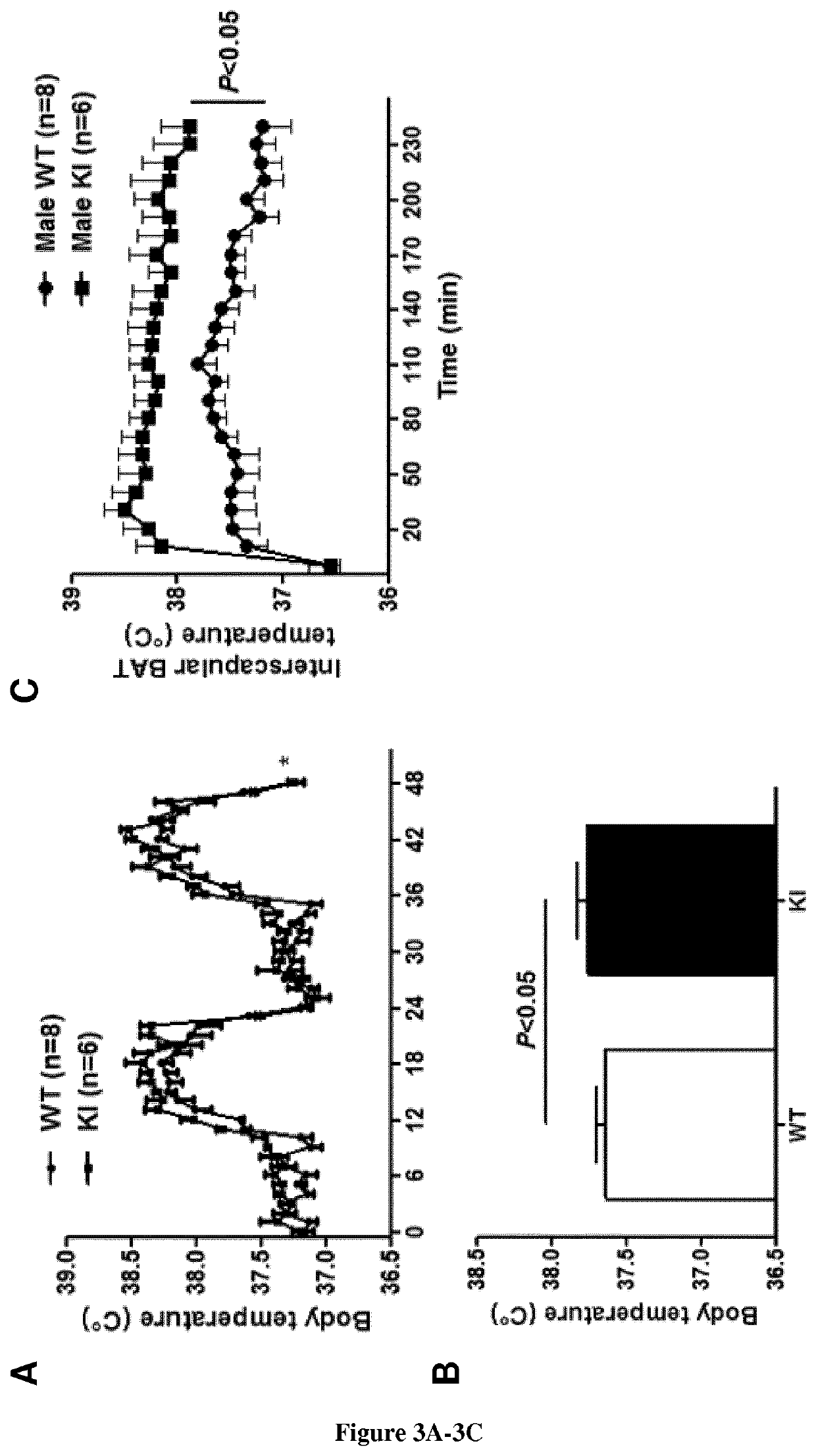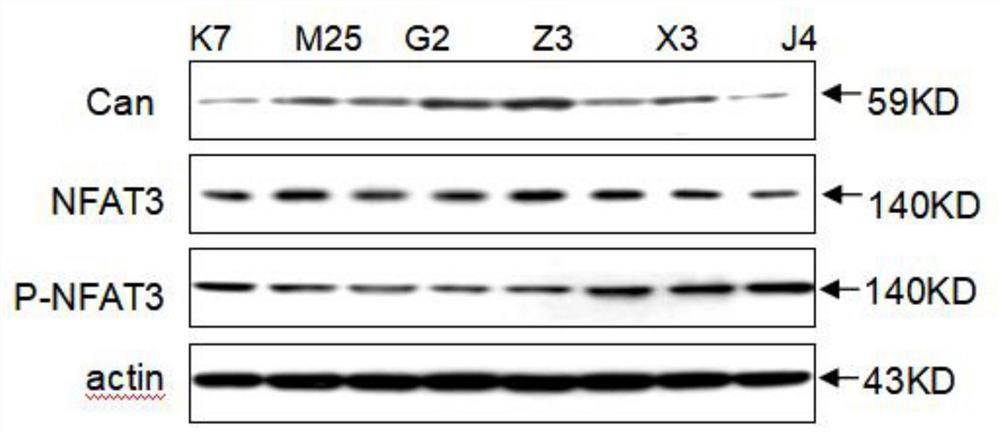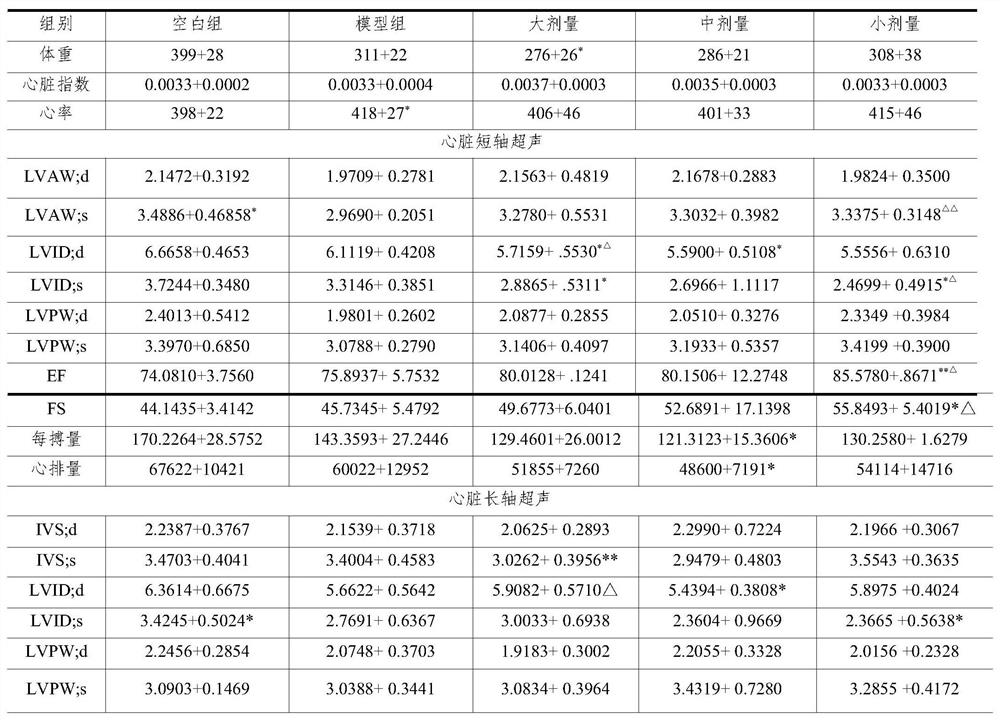Patents
Literature
30 results about "Positive inotropism" patented technology
Efficacy Topic
Property
Owner
Technical Advancement
Application Domain
Technology Topic
Technology Field Word
Patent Country/Region
Patent Type
Patent Status
Application Year
Inventor
Positive inotropes increase calcium levels in the cells, and are used to treat congestive heart failure. The calcium channel blockers and the beta blockers have a negative inotropic effect and reduce the heart rate. These two classes of inotrope are used to treat high blood pressure and its related conditions.
Gip analog and hybrid polypeptides with selectable properties
ActiveUS20080312157A1Increased insulin secretionDecreasing bone loss bonePeptide/protein ingredientsMetabolism disorderDyslipidemiaFeeding disability
The present invention relates generally to novel GIP analogs and GIP hybrid polypeptides with selectable properties, useful as agents for the treatment and prevention of metabolic diseases and disorders, for example those which can be alleviated by control plasma glucose levels, insulin levels, and / or insulin secretion, positive inotropic effects, reduction of catabolic effects, slowing of gastric emptying. Such conditions and disorders include, but are not limited to, hypertension, dyslipidemia, cardiovascular disease, eating disorders, critical care, insulin-resistance, obesity, and diabetes mellitus of any kind, including type 1, type 2, and gestational diabetes.
Owner:ASTRAZENECA PHARMA LP
Arterial blood pressure monitoring devices, systems and methods using cardiogenic impedance signal
Provided herein are implantable systems, and methods for use therewith, for monitoring a patient's arterial blood pressure. Electrode(s) implanting within and / or on the patient's heart are used to obtain a cardiogenic impedance (CI) signal indicative of cardiac contractile activity. Additionally, a signal (e.g., PPG or IPG signal) indicative of changes in arterial blood volume remote from the patient's heart is obtained using a sensor or electrodes that are implanted remote from the patient's heart. One or more metrics indicative of pulse arrival time (PAT) are determined, where each metric can be determined by determining a time from one of the detected features of the CI signal to one of the detected features of the signal indicative of changes in arterial blood volume. Based on at least one of the metric(s) indicative of PAT, arterial blood pressure is estimated, which can include determining values indicative of systolic blood pressure, diastolic blood pressure, pulse pressure and / or mean arterial blood pressure, and / or changes in such values.
Owner:PACESETTER INC
Treatment of cardiac conditions
InactiveUS20130157953A1Useful in therapyIncrease ratingsPeptide/protein ingredientsMetabolism disorderEnergy balancingCardiac dysfunction
The invention relates to the treatment of cardiac dysfunction. In particular, certain compounds, believed to be glucagon-GLP-1 dual agonist compounds, exert a positive inotropic effect while preserving the energy balance of the heart, and so may be superior to known inotropic agents such as dobutamine, norepinephrine and glucagon.
Owner:ZEALAND PHARM AS
Localized delivery of cardiac inotropic agents
InactiveUS20070021358A1Limiting excessive tachycardiaImprove localizationOrganic active ingredientsBiocideCardiac muscleIntensive care medicine
The present invention provides novel methods for the localized delivery of inotropic agents to the heart, including specific regions of the heart, such as the ventricles, for example in a subject undergoing cardiothoracic surgery, with the aim of supporting the myocardial contractile function of the heart.
Owner:MASSACHUSETTS INST OF TECH
DPP-IV Resistant GIP Hybrid Polypeptides with Selectable Properties
ActiveUS20110136737A1Increased insulin secretionDecreasing bone loss bonePeptide/protein ingredientsAntibody mimetics/scaffoldsDyslipidemiaFeeding disability
The Present invention relates generally to novel GIP analogs and GIP hybrid polypeptides with selectable properties, useful as agents for the treatment and prevention of metabolic diseases and disorders, for example those which can be alleviated by control plasma glucose levels, insulin levels, and / or insulin secretion, positive inotropic effects, reduction of catabolic effects, slowing of gastric emptying. Such conditions and disorders include, but are not limited to, hypertension, dyslipidemia, cardiovascular disease, eating disorders, critical care, insulin-resistance, obesity, and diabetes mellitus of any kind, including type 1, type 2, and gestational diabetes.
Owner:ASTRAZENECA PHARMA LP
Method and apparatus for muscle function measurement
The present invention provides an apparatus and method for monitoring muscle function based on an index derived from a pressure or force signal. The muscle function index is derived from an instantaneous muscle stiffness ratio computed as the ratio of the first time derivative of the pressure or force waveform to the corresponding instantaneous pressure or force. The instantaneous stiffness ratio, {dot over (E)} / E(t), is in units of 1 / sec and relates to the rate of strong bond formation and will be influenced by calcium handling properties of the muscle fibers and the intracellular calcium concentration. As such, an index derived from {dot over (E)} / E(t) provides a measure of the inotropic status of the muscle.
Owner:MEDTRONIC INC
Systems and methods for delivering stimulation pulses using an implantable cardiac stimulation device
ActiveUS7751888B1Improve its inotropic effectOptimize spaceHeart stimulatorsArtificial respirationCalcium fluxSystole
Techniques are described for delivering inotropic electrical therapy to myocardial tissue using an implantable cardiac stimulation device such as a pacemaker. In one example, electrical stimulation is applied by a pacemaker to the heart of a patient while taking into account dynamic trans-cardiac impedance waveforms measured within the patient. In another example, a series of subthreshold inotropic stimulation pulses are delivered just prior to delivery of a suprathreshold depolarizing pulse that triggers systole. Additional subthreshold inotropic stimulation pulses can also be delivered following the suprathreshold pulse. Preferably, the magnitudes of the inotropic pulses are incrementally increased prior to systole then decremented thereafter, thereby gradually recruiting myocardium that has differing thresholds for depolarization. Both techniques seek to improve myocardial contractility of diseased tissue by improving calcium flux. Both techniques may additionally exploit the use of “multidimensional forced fusion”, described herein.
Owner:PACESETTER INC
GIP analog and hybrid polypeptides with selectable properties
InactiveUS8404637B2Convenient treatmentReduce gastric emptyingSenses disorderNervous disorderDyslipidemiaFeeding disorder
The present invention relates generally to novel GIP analogs and GIP hybrid polypeptides with selectable properties, useful as agents for the treatment and prevention of metabolic diseases and disorders, for example those which can be alleviated by control plasma glucose levels, insulin levels, and / or insulin secretion, positive inotropic effects, reduction of catabolic effects, slowing of gastric emptying. Such conditions and disorders include, but are not limited to, hypertension, dyslipidemia, cardiovascular disease, eating disorders, critical care, insulin-resistance, obesity, and diabetes mellitus of any kind, including type 1, type 2, and gestational diabetes.
Owner:ASTRAZENECA PHARMA LP
Injection of fructose-1,6-diphosphate (FDP) prior to coronary artery bypass grafting surgery
Fructose-1,6-diphosphate (FDP) is used to treat patients who are undergoing coronary artery bypass grafting (CABG) surgery. Before cardiopulmonary bypass begins, a liquid that contains FDP is intravenously infused in the patient, preferably for about 10 to 30 minutes, to allow the FDP to enter the heart and lung tissue while the heart is still beating. FDP can also be added to cardioplegia solution; in addition, FDP can be injected after bypass is terminated, but if post-bypass injection is used, steps should be taken to avoid excess lactic acid accumulation, which appears to increase the risk of atrial fibrillation. To prevent or control lactic acidosis, a buffering or alkalizing agent, such as sodium bicarbonate, or an agent which reduces lactic acid formation, such as dichloroacetate, can be used. In double-blinded trials, this use of FDP substantially reduced heart damage and improved overall outcomes, as shown by lower levels of creatine kinase in blood, improvements in pumping performance, reduced requirements for vasodilator and inotropic drugs, and shorter stays in intensive care units. Certain dosages also reduced the likelihood of atrial fibrillation; however, FDP at high dosages increased the likelihood of A-fib. FDP also helped reduce pulmonary vascular resistance (PVR); this is an important finding, since pulmonary hypertension following cardiopulmonary bypass is a very difficult and often intractable problem, and is a contributing factor in nearly all deaths following CPB surgery.
Owner:QUESTCOR PHARMA
Bipolar, Non-Vectorial Electrocardiography
InactiveUS20060235318A1Easy to analyzeEnhancing and facilitating recognitionElectrocardiographySensorsDistal thirdTorso
The present invention consists of analyzing the changes of electrical potential that occur in the body in synchronization with the contraction of the heart generated by the conduction of the monophasic electrical potentials occur during the contraction of the different structures that comprise the heart by the different muscular masses that are in close contact with each of them and a method to obtain EKGs by simultaneously recording from sixteen to over one hundred leads placing one “Common or Positive Electrode” on one of the extremities and from sixteen to a hundred “Exploring or Negative Electrodes” on the cephalic two thirds of the torso, close to the heart. In the “Bipolar” mode the “Common or Positive Electrode” is placed, preferably, on the distal third of the left leg. In the “Unipolar” mode, the “Common or Positive Electrode” is connected to an extra-corporeal “Constant Value Electrode”.
Owner:ORDONEZ SMITH JORGE HERNANDO
Sodium pump antibody agonists and methods of treating heart disease using the same
Antibodies that are agonists of sodium pump (Na+ / K+ ATPase; NKA) activity are provided. In particular, antibodies that specifically bind epitopes on the beta-1 (β1) subunit of NKA are disclosed. These antibodies have the ability to increase the activity of the catalytic alpha subunit of NKA upon β1 subunit binding. Due to their activity, the antibodies also have the ability to trigger a positive inotropic effect in cardiac tissues (i.e., increase cardiac contraction). The present invention thus includes, but is not limited to, NKA β1 subunit peptide epitopes, antibodies that specifically bind the epitopes, methods of agonizing NKA activity through administration of the peptides or the antibodies, and methods of treating and / or preventing heart disease through administration of the peptides or the antibodies.
Owner:XU KAI YUAN
Application of compound in preparation of drug for treating type 2 diabetic cardiomyopathy
InactiveCN113304149AMolecular smallIncrease fat solubilityOrganic active ingredientsMetabolism disorderPharmacologyInsulin humulin
The invention discloses a novel application of iCRT14, and particularly relates to a novel application of iCRT14 in preparation of a drug for treating type 2 diabetic cardiomyopathy. In the research, the inventor of the application finds that: the iCRT14 can reduce the blood sugar of the type 2 diabetic cardiomyopathy, improve myocardial remodeling of the type 2 diabetic cardiomyopathy, improve cardiac contraction and diastolic dysfunction caused by the type 2 diabetic cardiomyopathy and inhibit myocardial cell hypertrophy induced by high glucose and high insulin, and has a good treatment effect on the type 2 diabetic cardiomyopathy. The invention provides a new drug choice for treatment of the type 2 diabetic cardiomyopathy.
Owner:GUANGZHOU MEDICAL UNIV
Application of atractylodin in pharmacy
InactiveCN106727487APositive inotropic effectOrganic active ingredientsCardiovascular disorderIncreased heart rateLeft ventricular size
The invention discloses application of atractylodin in the preparation of drugs for treating and preventing heart failure, and belongs to the field of medicine. Atractylodin can significantly increase maximum rising speed of left ventricular developed pressure and left ventricular pressure of rat isolated heart, is dependent on concentration, causes no significant effect on heart rate, and is free of adverse effect causing arrhythmia. It is indicated that atractylodin has positive inotropic action and is not dependent on neurohumor. Atractylodin can significantly increase a normal rat's end-systolic volume, end-systolic pressure, stroke volume, ejection fraction, cardiac output, left ventricular pressure maximum rising speed, stroke work, and slope of end-systolic pressure-volume relational curve. It is indicated that atractylodin has positive inotropic action without increasing heart rate.
Owner:泰州中国医药城中医药研究院
Application of methazolamide in preparation of medicine for treating type 1 diabetic cardiomyopathy
PendingCN112773796AImprove enduranceEasy to shapeOrganic active ingredientsMetabolism disorderPharmacologyGlucose blood
The invention discloses a new application of methazolamide, and particularly relates to a new application of methazolamide in preparation of a medicine for treating type 1 diabetic cardiomyopathy. In the research, the inventor of the application finds that the methazolamide can reduce the blood sugar of the type 1 diabetic cardiomyopathy, improve the heart morphological structure abnormality and cardiac contraction and diastolic dysfunction of the type 1 diabetic cardiomyopathy, can improve myocardial hypertrophy caused by high glucose, and has a good treatment effect on the type 1 diabetic cardiomyopathy. The invention provides a new drug choice for the treatment of type 1 diabetic cardiomyopathy.
Owner:GUANGZHOU MEDICAL UNIV
Localized delivery of cardiac inotropic agents
InactiveUS8551961B2Limited systemic exposureAvoiding alterationsBiocideOrganic active ingredientsCardiac muscleAnesthesia
The present invention provides novel methods for the localized delivery of inotropic agents to the heart, including specific regions of the heart, such as the ventricles, for example in a subject undergoing cardiothoracic surgery, with the aim of supporting the myocardial contractile function of the heart.
Owner:MASSACHUSETTS INST OF TECH
Devices and systems for local delivery of inotropic agents to the epicardium
InactiveUS20100057039A1Increase contractilityAvoid impeding functionalityMedical devicesPressure infusionControl releaseMedicine
Devices and methods are provided for delivery of a positive inotropic agent to the heart of a patient in need thereof. An epicardial patch includes (i) a backing layer which is impermeable to the positive inotropic agent; and (ii) a drug release layer attached to the backing layer and including the positive inotropic agent and a polymeric membrane material. The polymeric membrane material provides controlled release of the positive inotropic agent to the epicardium to a region of the myocardium and in an amount effective to increase contractility. At least one of the backing layer or the drug release layer includes a tissue coupling portion for affixing the epicardial patch to an area of the epicardial surface. The epicardial patch is dimensioned and compliant to substantially avoid impeding myocardial functionality when affixed to the area of the epicardial surface.
Owner:MASSACHUSETTS INST OF TECH
Compound antiarrhythmic
The invention relates to a compound anti-arrhythmic drug which is composed of a calcium antagonist verapamil or diltiazem and digitalis drug. The positive inotropic effect of the digitalis drug can resist the negative inotropic effect of the verapamil or the diltiazem, while the effect of delaying the atrioventricular conduction thereof can strengthen the treatment effect of delaying the atrioventricular conduction of the verapamil or the diltiazem. In the compound drug, the used dose of the verapamil or the diltiazem is reduced, thus increasing safety and expanding scope of application.
Owner:田智华
Methods of Treatment Using Exendin Peptides or GLP-1 Peptides
InactiveUS20090054341A1Organic active ingredientsPeptide/protein ingredientsMuscle contractionPulmonary edema
Methods for increasing urine flow are disclosed, comprising administration of an effective amount of GLP-1, an exendin, or an exendin or GLP-1 agonist. Methods for increasing urinary sodium excretion and decreasing urinary potassium concentration are also disclosed. The methods are useful for treating conditions or disorders associated with toxic hypervolemia, such as renal failure, congestive heart failure, nephrotic syndrome, cirrhosis, pulmonary edema, and hypertension. The present invention also relates to methods for inducing an inotropic response comprising administration of an effective amount of GLP-1, an exendin, or an exendin or GLP-1 agonist. These methods are useful for treating conditions or disorders that can be alleviated by an increase in cardiac contractility such as congestive heart failure. Pharmaceutical compositions for use in the methods of the invention are also disclosed.
Owner:AMYLIN PHARMA INC
Application of circUTRN in preparation of medicine for treating heart failure, recombinant vector and medicine for treating heart failure
PendingCN114432332AReduce infarct sizeInhibit apoptosisOrganic active ingredientsNucleic acid vectorTherapeutic effectIschemic reperfusion injury
The invention relates to the technical field of biomedicine, in particular to application of circUTRN in preparation of a medicine for treating heart failure, a recombinant vector and the medicine for treating heart failure. Experiments prove that the medicine for treating heart failure prepared from circUTRN can treat or improve heart failure, and especially has a good treatment effect on heart failure caused by ischemia reperfusion injury; specifically, the circUTRN has the effect of improving cardiac systolic insufficiency caused by myocardial ischemia reperfusion injury for 3 weeks; in addition, the circUTRN can also reduce the infarction area of the acute myocardial ischemia reperfusion injury; overexpression of the circUTRN can inhibit myocardial cell apoptosis induced by oxygen-glucose deprivation / recovery.
Owner:SHANGHAI UNIV
Inotropic Antibodies and Therapeutic Uses Thereof
InactiveUS20160199468A1Significant positive effectStable growthGenetic material ingredientsVertebrate antigen ingredientsATPaseAntiendomysial antibodies
Antibodies binding to sites on the alpha-subunit of the (Na++K+)-ATPase increase cardiac contraction of both ventricular myocytes and mouse heart. In particular, antibodies binding to the RSATEEEPPNDD (SEQ ID NO: 1) or DVEDSYGQQTYEQR (SEQ ID NO: 2) peptides (or isoforms / derivatives thereof) of the alpha-subunit of the (Na++K+)-ATPase, have been found to be highly inotropic. Both the antibodies and the peptides are important for the treatment of human heart failure and other contractile disorders.
Owner:XU KAI YUAN
Medicine for treating doxorubicin-induced cardiotoxic injury and application
ActiveCN114504658AAchieving therapeutic goalsPromote apoptosisOrganic active ingredientsPharmaceutical delivery mechanismApoptosisToxic injury
Owner:SHANGHAI UNIV
Construction method and application of Tecrl knockout mouse model
PendingCN114480508ACompounds screening/testingMicroinjection basedLaboratory mouseVentricular tachycardia
The invention provides a construction method and application of a Tecrl knockout mouse model, and the construction method of the Tecrl knockout mouse model comprises the following steps: A, designing sgRNA aiming at a Tecrl gene according to a gene knockout target; and B, injecting Cas9mRNA and sgRNA into a fertilized egg of an experimental mouse at the same time to obtain an F0-generation mouse of which the Tecrl gene is successfully knocked out. According to the invention, a Tecrl knockout mouse model is constructed for the first time, and it is found that the congenital mouse gene defect causes damage to the systolic and diastolic functions of the mouse in the early stage, so that a model is provided for researching the left heart function. The Tecrl knockout mouse has polymorphic and bidirectional ventricular tachycardia under induction of epinephrine and caffeine, clinical manifestations of CPVT patients in a movement or pressure state are simulated clinically, and a powerful tool is provided for studying the pathophysiological mechanism of catecholamine sensitive ventricular tachycardia.
Owner:SHANGHAI CHILDRENS HOSPITAL
Application of paeoniflorin in preparation of medicine for treating IV-type renal heart syndrome
PendingCN114767697AFunction increaseImprove heart failureOrganic active ingredientsAntipyreticCardiac fibrosisSide effect
The invention provides application of paeoniflorin in preparation of a medicine for treating IV-type renal heart syndrome. The invention innovatively discovers that the paeoniflorin can effectively improve the systolic function and diastolic function of a CRCS animal model, relieve the cardiac fibrosis state of the CRCS animal model, relieve the myocardial hypertrophy state of the CRCS animal model, reduce the expression level of inflammatory cytokines and improve the expression level of anti-inflammatory cytokines. Therefore, the paeoniflorin can obviously improve the heart failure of the animal model with the IV-type renal heart syndrome, and can be used for treating the IV-type renal heart syndrome. The invention provides a new medication choice for the treatment of patients with the type IV renal heart syndrome, and has the advantages of wide medicine source, definite components and dosage, safe medication and no obvious side effect.
Owner:THE FIRST AFFILIATED HOSPITAL OF GUANGZHOU UNIV OF CHINESE MEDICINE
Application of Tongguan Capsules in Preparation of Drugs for Treating Hypertensive Heart Failure
ActiveCN109091532BLess medicinalGood curative effectCardiovascular disorderLeech/worm material medical ingredientsTherapeutic effectLeft Ventricle Remodeling
The present invention relates to the field of medicine, in particular to the new application of Tongguan Capsules, in particular to the application in the preparation of drugs for hypertensive heart failure, wherein the main active ingredient of Tongguan Capsules consists of the following raw materials by weight percentage: Astragalus membranaceus 40-60 %, Danshen 20-50%, leeches 5-25%. Experiments have proved that the Tongguan Capsules of the present invention have good therapeutic and alleviating effects in improving ventricular hypertrophy, increasing cardiac systolic function, delaying ventricular remodeling, and treating and improving hypertensive heart failure, and its therapeutic effect is better than that of the United States. Moreover, the Tongguan Capsule of the present invention has less medicinal taste, reliable curative effect, clear medicinal components and fewer adverse reactions, and can significantly improve the patient's prognosis and quality of life.
Owner:GUANGDONG HOSPITAL OF TRADITIONAL CHINESE MEDICINE
Application of rolipram in preparation of medicines for treating sepsis cardiac dysfunction
InactiveCN111228257AImprove sepsis heart functionAntibacterial agentsOrganic active ingredientsInflammatory factorsPharmacology
The present invention discloses an application of rolipram in preparation of medicines for treating sepsis cardiac dysfunction. The rolipram can significantly reduce transcription and secretion of inflammatory factors in myocardial fibroblasts induced by lipopolysaccharide and up-regulate transcription and expression of bispecific phosphatase; a regulation function of the rolipram in regulating inflammation of the myocardial fibroblasts depends on the bispecific phosphatase; the rolipram can significantly reduce transcription levels and protein concentration of the inflammatory factors in endotoxemia heart tissues and up-regulate the transcription and expression of the bispecific phosphatase; the rolipram can significantly improve inflammatory cell infiltration degree of heart tissues of endotoxemia mice; and the rolipram can significantly improve a cardiac contractile function of the endotoxemia mice. The technical solution takes the myocardial fibroblasts as an intervention target, confirming that the rolipram can inhibit the myocardial fibroblast inflammation by up-regulating the bispecific phosphatase and significantly improve sepsis cardiac function.
Owner:GENERAL HOSPITAL OF SOUTHERN THEATRE COMMAND OF PLA
Substance for protecting heart
InactiveCN102370646AInotropic effectOrganic active ingredientsCardiovascular disorderDiseaseReperfusion injury
The invention relates to a substance for protecting cardiac muscle, and provides novel application of berbamine in heart diseases. Berbamine has positive inotropic action to an animal heart, and can be applied to enhance the normal myocardial contractility. Furthermore, when the berbamine is administrated at the early stage of myocardial ischemia / reperfusion, the myocardial ischemia / reperfusion injury can be lightened, and myocardial contraction after ischemia can be improved, so that the berbamine can be used for preparing a medicament for treating cardiac insufficiency (heart failure diseases).
Owner:SHANGHAI INST OF BIOLOGICAL SCI CHINESE ACAD OF SCI
Application of growth hormone-releasing hormone agonist GHRH-A in preparation of anti-aging drug
ActiveCN111407884AImprove athletic abilityImprove stabilityPeptide/protein ingredientsAntinoxious agentsSomatotropic hormoneImmunocompetence
The invention relates to the field of biological medicines, and discloses application of a growth hormone-releasing hormone agonist (GHRH-A) in preparation of an anti-aging drug. The invention finds that the GHRH-A can resist aging, including reducing the positive rate of aging marker (-gal staining, reducing the expression of related protein p21 in the cell cycle of aging cells, and reducing ROSproduction. The GHRH-A improves the mitochondrial morphology and functions of senescent cells, and improves the expression of mitochondrial protein OPA1 and the ratio L / S-OPA1 of the long mitochondrial protein OPA1 to the short mitochondrial protein OPA1; the GHRH-A improves the cardiac function, that is, improves the systolic and diastolic functions; meanwhile, the GHRH-A can improve the proportion and immunocompetence of body immune cells; the GHRH-A increases the number of stem cells; and the GHRH-A improves the body movement ability, promotes hair growth and improves the survival rate. Thedrug has the characteristics of good stability and high medicine activity, and is suitable for preventing and treating heart failure, relieving senescence systemic phenotype and prolonging the service life.
Owner:ZHEJIANG UNIV
Substance for protecting heart
InactiveCN102370646BInotropic effectOrganic active ingredientsCardiovascular disorderDiseaseReperfusion injury
The invention relates to a substance for protecting cardiac muscle, and provides novel application of berbamine in heart diseases. Berbamine has positive inotropic action to an animal heart, and can be applied to enhance the normal myocardial contractility. Furthermore, when the berbamine is administrated at the early stage of myocardial ischemia / reperfusion, the myocardial ischemia / reperfusion injury can be lightened, and myocardial contraction after ischemia can be improved, so that the berbamine can be used for preparing a medicament for treating cardiac insufficiency (heart failure diseases).
Owner:SHANGHAI INST OF BIOLOGICAL SCI CHINESE ACAD OF SCI
Use of inhibitors of phosphatase activity of soluble epoxide for the treatment of cardiometabolic diseases
PendingUS20220023265A1Enhanced signalReducing lipotoxicityMetabolism disorderHeterocyclic compound active ingredientsDecreased body weightCardiometabolic disease
The growing prevalence of obesity and type 2 diabetes complicates risk and clinical management by potentiating and / or exacerbating hypertension, hyperlipidemia, atherosclerosis and cardiomyopathy, leading to increasing use of the term “cardiometabolic disease” (CMD) to encompass the many facets of this complex syndrome. The inventors assessed the role of the soluble epoxide hydrolase (she) phosphatase domain in metabolism and cardiovascular system, by generating sEH phosphatase knock-in (KI) animals (rats). They unexpectedly revealed that inhibition of the phosphatase domain of sEH improves cardiac systolic function, decreases body weight and increases insulin sensitivity. Moreover under high fat diet, the animals have a decreased body weight gain, were protected against the development of insulin resistance, hepatic steatosis and cardiac hypertrophy. Inhibition of the phosphatase domain of sEH thus represents a new pharmacological target in the treatment of cardiometabolic diseases.
Owner:INST NAT DE LA SANTE & DE LA RECHERCHE MEDICALE (INSERM) +4
Application of radix acanthopanacis senticosi injection to prevention of weightless cardiovascular dysfunction
InactiveCN112043739AIncreasing the thicknessSlow down heart rateOrganic active ingredientsPharmaceutical delivery mechanismDecreasing heart rateLeft ventricular size
The invention belongs to the technical field of cardiovascular function prevention, and particularly relates to an application of a radix acanthopanacis senticosi injection to prevention of weightlesscardiovascular dysfunction. Experiments prove that the radix acanthopanacis senticosi injection has a protective effect on cardiovascular dysfunction of a rat simulating weightlessness, and the radixacanthopanacis senticosi injection can increase the stroke volume and the cardiac output and reduce the heart rate by increasing the thickness of the left ventricle of the rat at the final phase of cardiac contraction and diastole, so that the effect of regulating the cardiovascular dysfunction of the rat simulating weightlessness is achieved. The invention proves that the radix acanthopanacis senticosi injection can effectively resist the weightless cardiovascular dysfunction.
Owner:63919 TROOPS PLA
Features
- R&D
- Intellectual Property
- Life Sciences
- Materials
- Tech Scout
Why Patsnap Eureka
- Unparalleled Data Quality
- Higher Quality Content
- 60% Fewer Hallucinations
Social media
Patsnap Eureka Blog
Learn More Browse by: Latest US Patents, China's latest patents, Technical Efficacy Thesaurus, Application Domain, Technology Topic, Popular Technical Reports.
© 2025 PatSnap. All rights reserved.Legal|Privacy policy|Modern Slavery Act Transparency Statement|Sitemap|About US| Contact US: help@patsnap.com
